As cloud adoption continues to surge, 94% of enterprises now use cloud services, and the global cloud security market is projected to reach $106 billion by 2025, growing at a CAGR of 14.7%. However, with this rapid expansion comes an increase in cyber threats—45% of data breaches in 2024 were cloud-based, highlighting the critical need for robust security measures and the role of a reliable Cloud Security Provider in safeguarding cloud environments.
While cloud computing offers flexibility, scalability, and cost efficiency, it also presents new security challenges, including data breaches, unauthorized access, compliance violations, and evolving cyber threats. Reports indicate that 80% of organizations have faced at least one cloud security incident in the past year, emphasizing the need for advanced security solutions.
To counter these risks, businesses require comprehensive cloud security solutions that ensure:
- Data confidentiality: Defending against unauthorized access.
- Data integrity: Protecting data from unauthorized alterations.
- Data availability: Ensuring access when needed.
- Identity and access management: Controlling user permissions.
- Encryption: Securing data in transit and at rest.
- Continuous monitoring and threat detection: Identifying and mitigating threats proactively.
With increasing cloud-based attacks and evolving compliance requirements, choosing the right security provider is more important than ever. This blog explores the top 20 cloud security providers of 2025, evaluating their offerings, unique features, and key security solutions to help businesses make informed decisions.
Top 20 Cloud Security Providers in 2025
Below are the leading cloud security service providers offering cutting-edge solutions to protect your cloud infrastructure:
- Qualysec
- Amazon Web Services (AWS)
- Aqua Security
- Check Point Software Technologies
- CrowdStrike
- Dazz
- Fortinet
- Lacework
- Netskope
- Orca Security
- Microsoft Azure
- Symantec
- Google Cloud Platform (GCP)
- Palo Alto Networks
- Trend Micro
- Cisco Systems
- IBM Security
- McAfee Enterprise
- Intruder
- Lookout
1. Qualysec – Leading Cloud Security Providers
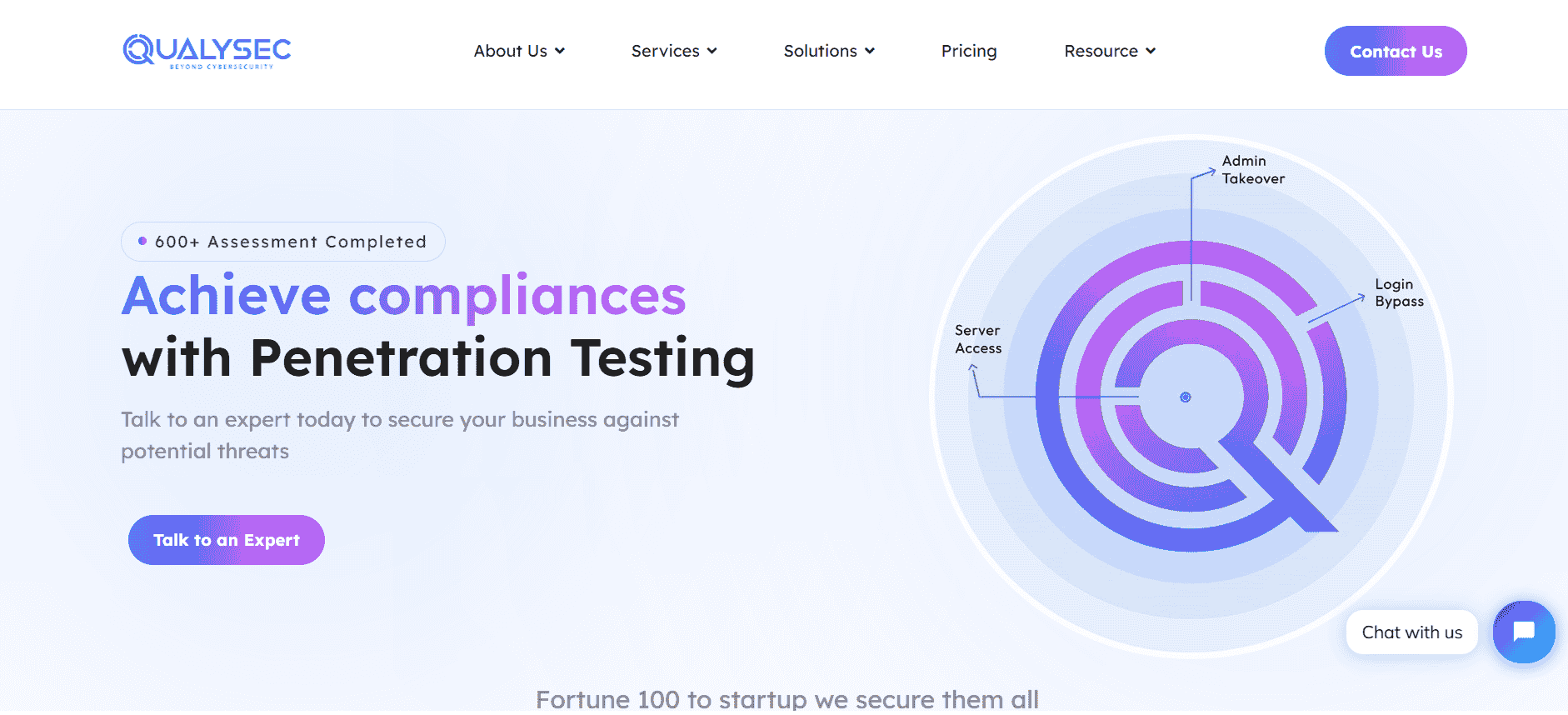
With a team of certified security experts and a deep understanding of cloud infrastructure, Qualysec provides end-to-end security solutions tailored to AWS, Azure, and GCP environments. Whether it is securing cloud applications, mitigating vulnerabilities, or guaranteeing regulatory compliance, Qualysec is trusted by enterprises, SaaS companies, and FinTech firms globally.
Key Differentiators That Set Qualysec Apart
1. Comprehensive Penetration Testing: Qualysec identifies vulnerabilities before hackers do. Our penetration testing process not only detects security flaws but also provides actionable remediation strategies for complete protection.
2. Cloud Security Testing Expertise: Unlike generic cybersecurity firms, Qualysec specializes in cloud security, offering:
- AWS, Azure, and GCP penetration testing
- Cloud workload protection to prevent unauthorized access and lateral movement within cloud environments.
- Serverless and container security assessments.
3. Regulatory Compliance Assurance: With strict data security regulations governing industries like healthcare, finance, and SaaS, compliance is non-negotiable. Qualysec helps businesses meet industry standards such as:
- SOC 2 (Security, Availability, Confidentiality)
- PCI-DSS (Payment Card Industry Data Security Standard)
- ISO 27001 (International Information Security Standard)
- GDPR & HIPAA (Data Protection & Healthcare Privacy Regulations)
Our Core Security Services
- Web Application Penetration Testing
- Mobile Application Security Testing
- API Security Assessments
- IoT Device Penetration Testing
- AI/ML Penetration Testing
- Cloud Penetration Testing
In an era where cyber threats evolve daily, businesses need a proactive approach to cloud security. Qualysec combines deep industry expertise, process-based testing methodologies, and regulatory compliance support to deliver unmatched security for businesses worldwide.
Partner with Qualysec — one of the top cloud security companies — to protect your cloud infrastructure today!
Talk to our Cybersecurity Expert to discuss your specific needs and how we can help your business.
2. Amazon Web Services (AWS)
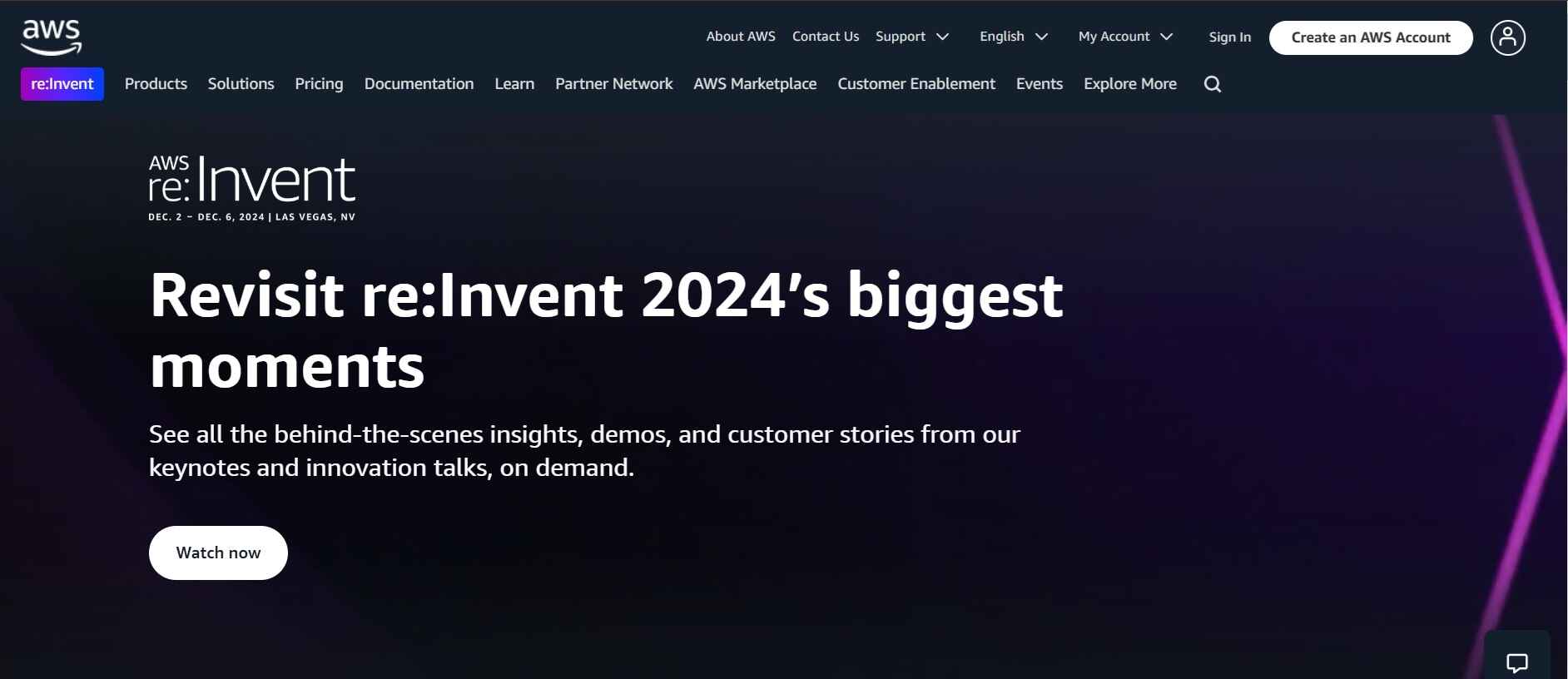
Amazon Web Services (AWS) is a leading cloud security service provider, offering a complete suite of infrastructure and platform services. AWS is known for its reliability, scalability, and extensive security features, making it a popular choice for organizations looking to migrate their workloads to the cloud. With services like Amazon EC2 for computing, Amazon S3 for storage, and Amazon RDS for databases, AWS provides a flexible and secure cloud computing environment for businesses of all sizes. Its robust security offerings, including encryption, identity and access management, and compliance certifications, help organizations address their security needs in the cloud. In a recent evaluation by CyberRatings.org, AWS’s native firewall demonstrated a security effectiveness of 50.57%, highlighting its robust capabilities in safeguarding cloud environments.
3. Aqua Security
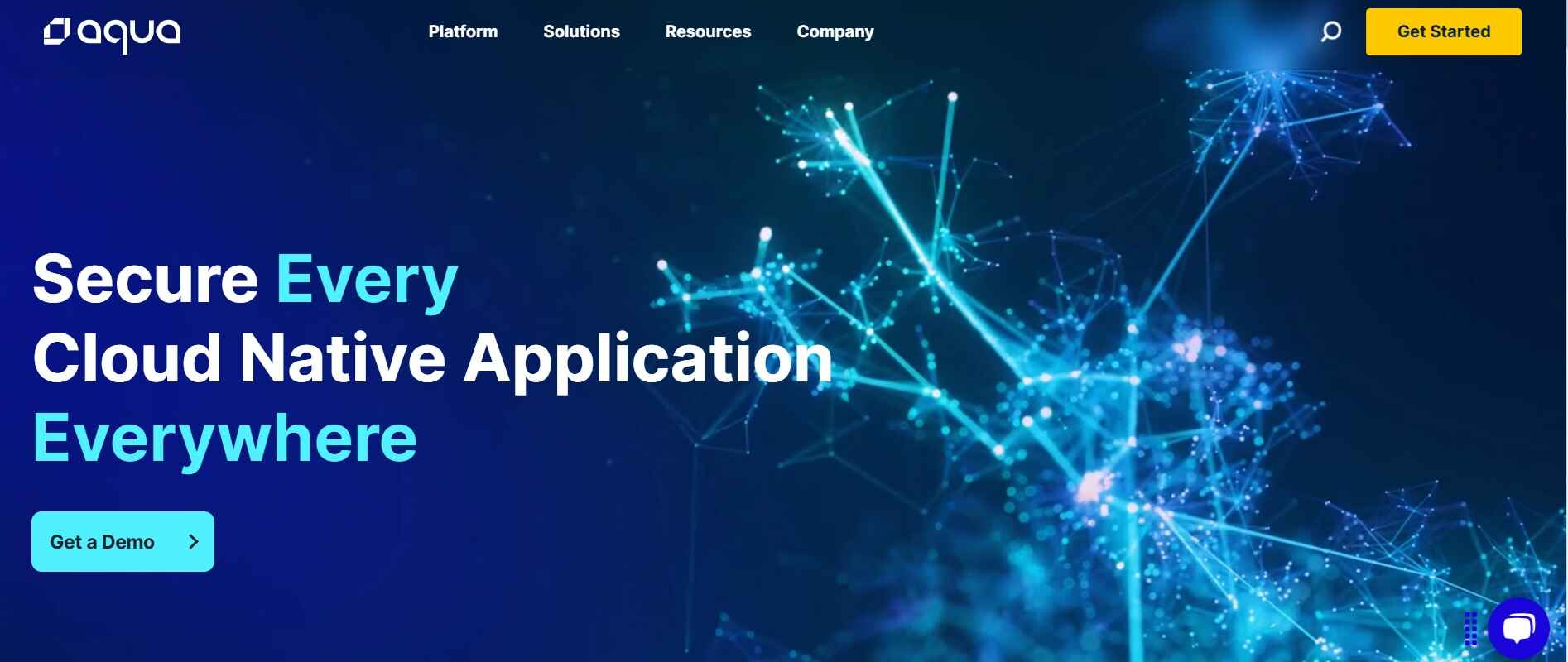
Aqua Security remains a leader in cloud-native security, focusing on container and Kubernetes environments. The company has expanded its platform to include advanced features such as real-time threat detection and enhanced compliance controls for protection for cloud-native applications. Their solutions focus on protecting the entire application lifecycle, from development to runtime, with features like vulnerability scanning, runtime protection, and compliance checks. By addressing the unique security challenges of cloud-native environments, Aqua Security helps organizations ensure the security and integrity of their cloud-based applications and data.
4. Check Point Software Technologies
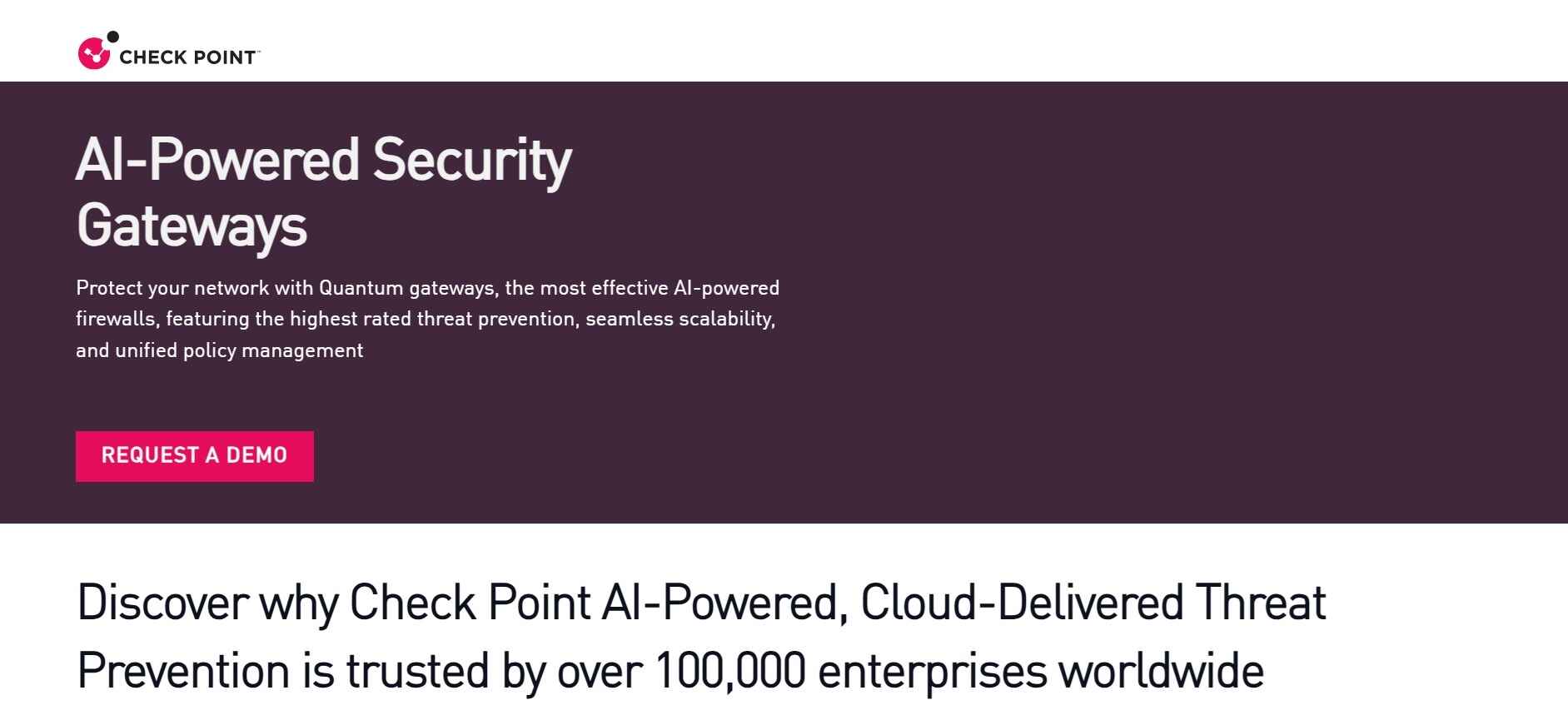
As a cloud security vendor, Check Point continues to innovate in cloud security with its CloudGuard platform by offering unified threat prevention across multiple cloud environments. With a focus on network security, cloud security, and mobile security, Check Point offers a wide array of tools to help organizations protect their digital assets. Recent updates include advanced AI-driven threat intelligence and automated compliance monitoring, providing organizations with proactive security measures. Check Point’s commitment to innovation and proactive threat prevention has earned it a reputation as a trusted partner in cybersecurity for organizations worldwide.
5. CrowdStrike
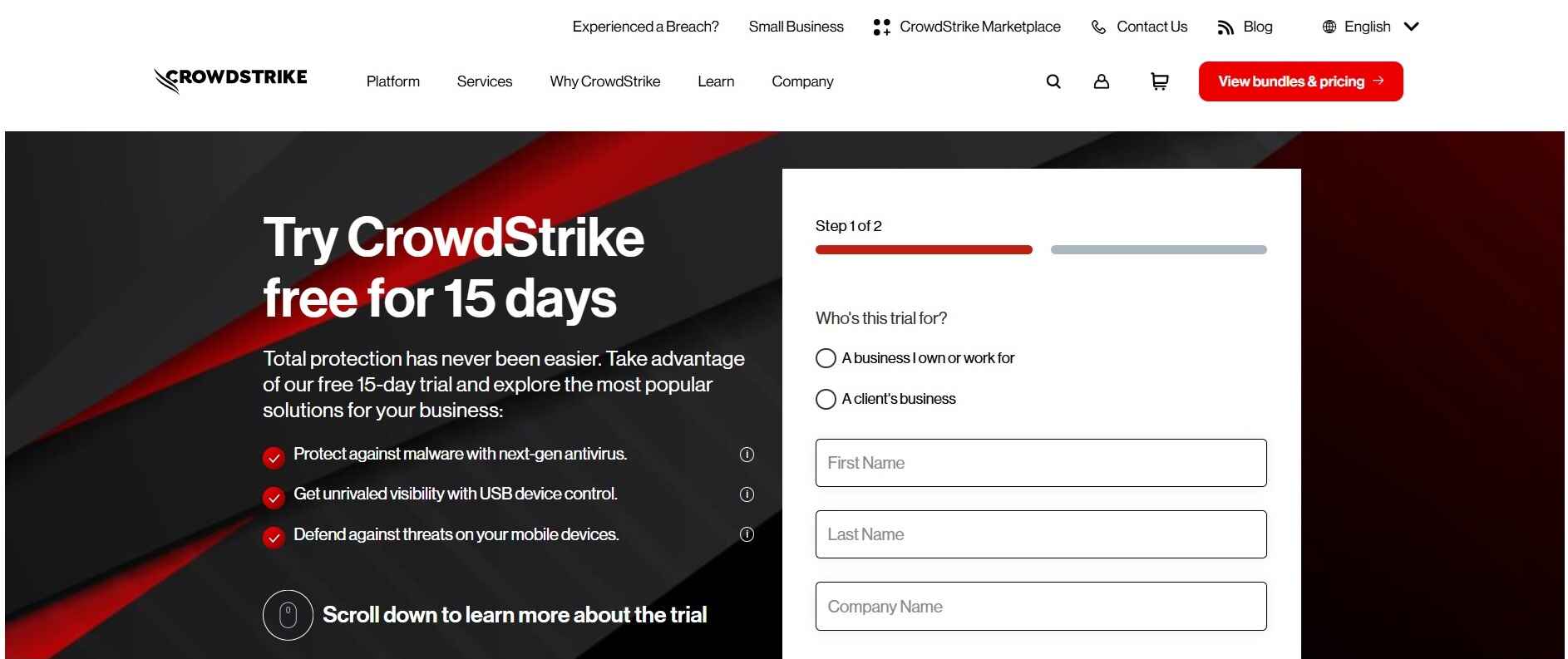
CrowdStrike is a cybersecurity company that specializes in cloud-delivered endpoint protection. Its platform, Falcon, leverages artificial intelligence and machine learning to detect and prevent cyber threats. In December 2024, CrowdStrike was honored as the AWS 2024 Global Security Partner of the Year, recognizing its pivotal role in securing AWS environments. The company also received accolades as the AWS North America Marketplace Partner of the Year, underscoring its significant contributions to cloud security.
6. Dazz
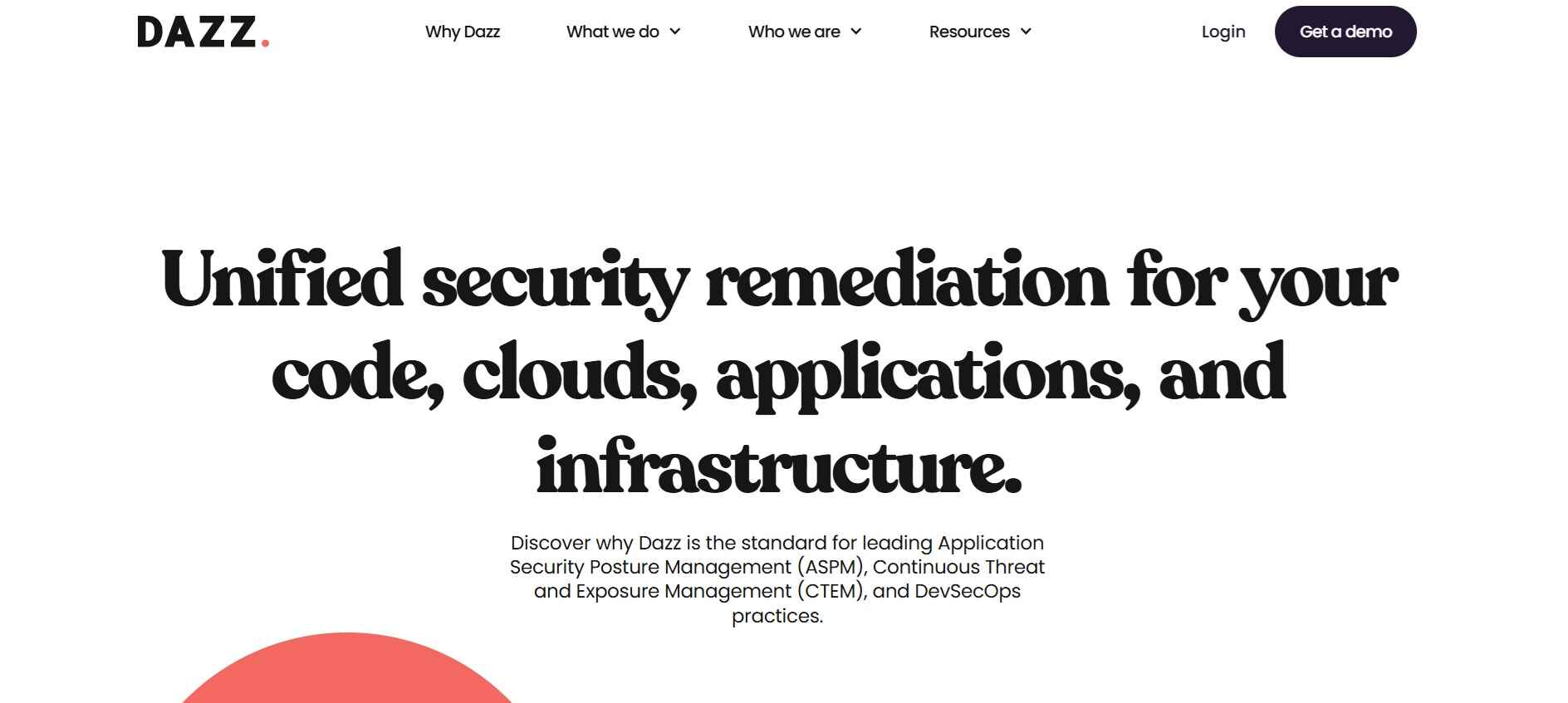
Dazz is a cybersecurity company that focuses on providing advanced threat detection and response solutions for cloud and hybrid environments. Their platform focuses on identifying and resolving misconfigurations and vulnerabilities so that companies can maintain a secure cloud posture. Dazz’s cloud-native approach enables seamless integration with cloud services, providing comprehensive security coverage across the entire IT infrastructure.
7. Fortinet
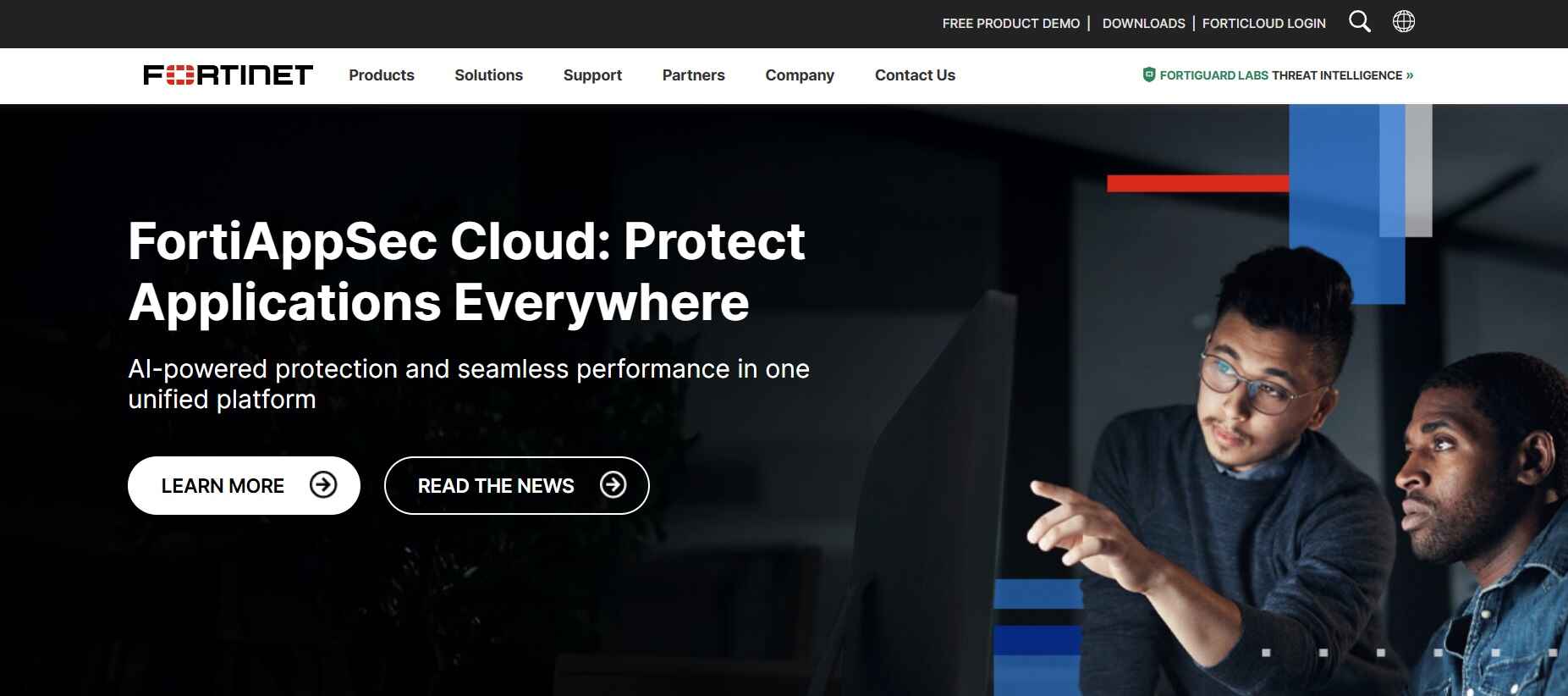
Fortinet is a leading provider of cybersecurity solutions and offers a wide range of products and services for network security, endpoint protection, and cloud security. In June 2024, Fortinet expanded its cybersecurity portfolio by acquiring Lacework, a data-driven cloud security company. This acquisition aims to enhance Fortinet’s capabilities in providing wide-ranging cloud security solutions that integrate advanced analytics and threat detection.
8. Lacework
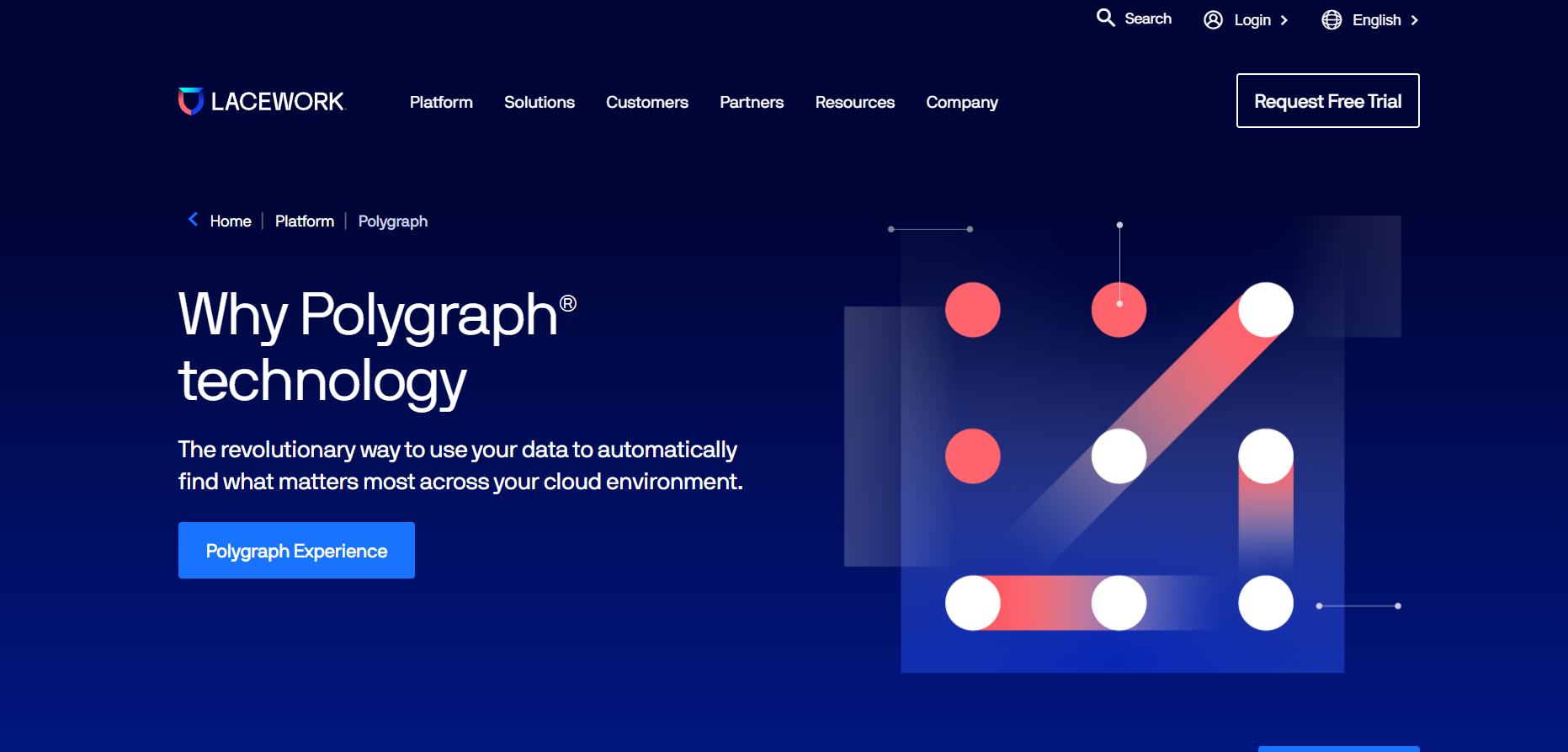
Prior to its acquisition by Fortinet in June 2024, Lacework was recognized for its innovative approach to cloud security thorough data-driven methodologies to provide complete threat detection and compliance solutions. The integration with Fortinet is expected to further enhance its capabilities and market reach. Its platform leverages machine learning and behavioral analytics to identify and respond to security threats in real-time.
9. Netskope
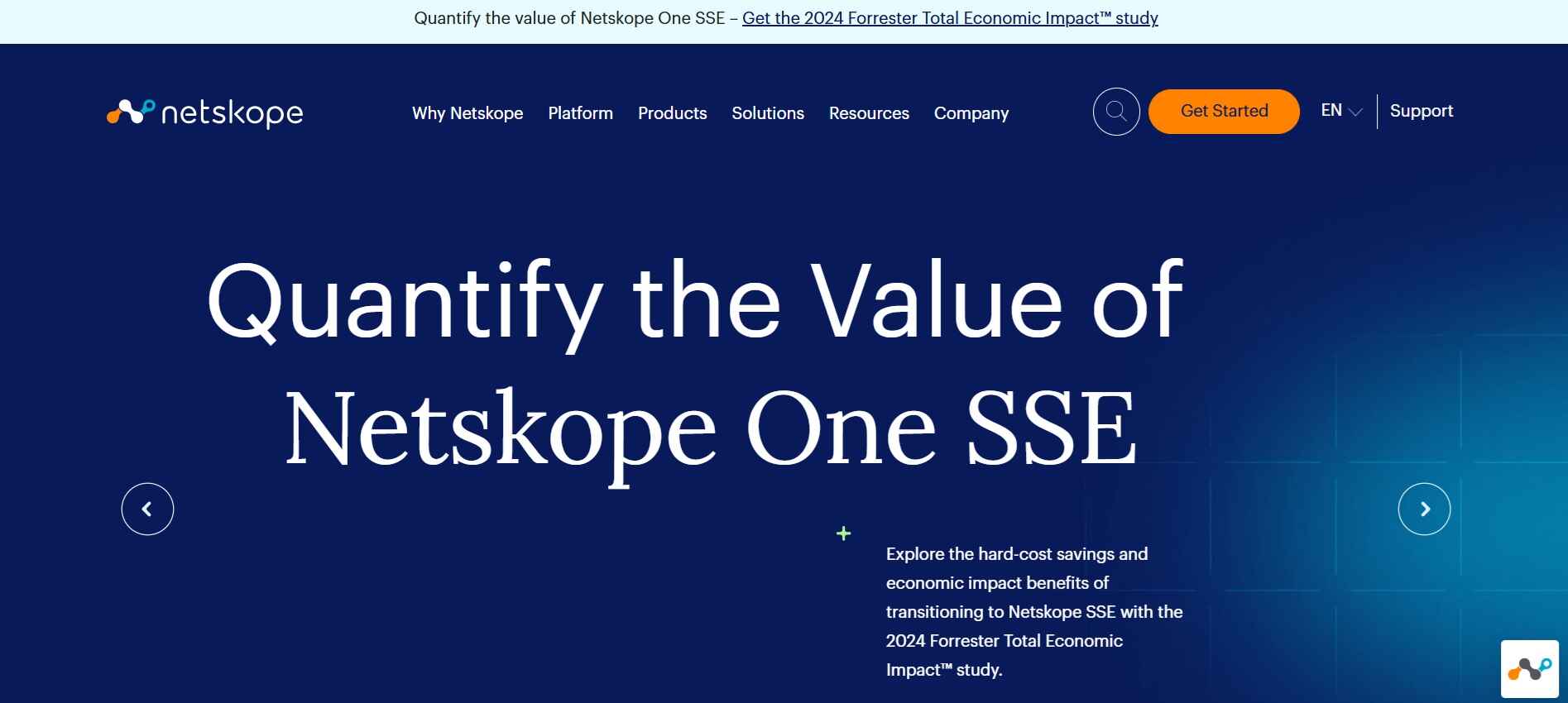
Netskope continues to lead in Secure Access Service Edge (SASE) solutions by offering advanced data loss prevention and real-time threat protection. The company has recently enhanced its platform with improved visibility and control features, catering to the evolving needs of cloud-centric enterprises. With features like data loss prevention (DLP), cloud access security broker (CASB), and secure web gateways, Netskope helps organizations mitigate the risks associated with cloud adoption and ensure compliance with regulatory requirements.
10. Orca Security
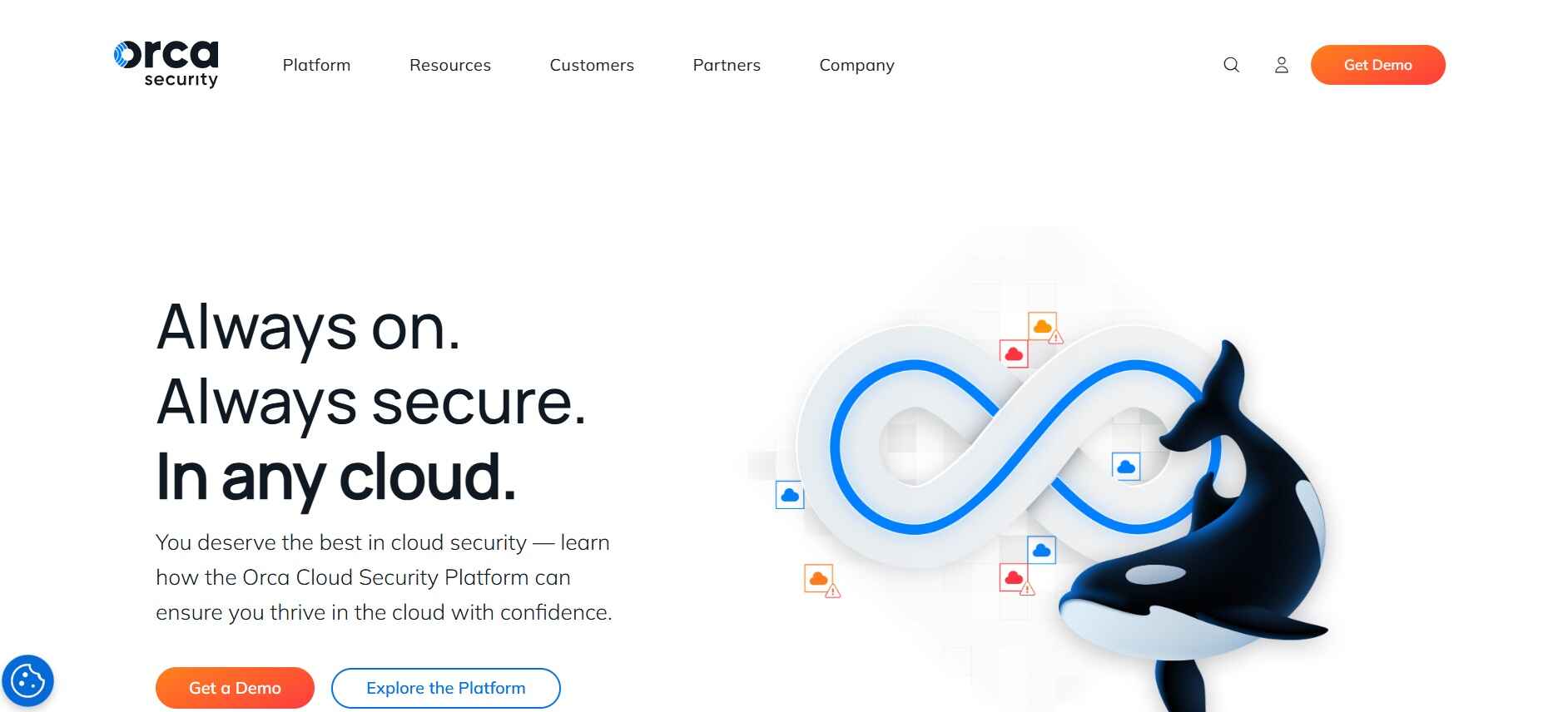
In late 2024, Orca Security faced challenges, including a 15% reduction in its workforce due to macroeconomic conditions. Despite this, the company remains committed to providing agentless cloud security solutions while focusing on comprehensive visibility and risk management across cloud environments. Orca Security’s approach focuses on continuous monitoring and threat detection so that companies can maintain a strong security posture in dynamic cloud environments.
11. Microsoft

Microsoft continues to strengthen its cloud security offerings within the Azure platform. Recent developments include the integration of advanced threat protection and zero-trust architecture principles. With a focus on security and compliance, Microsoft Azure provides robust security features and certifications, making it a trusted choice for organizations looking to move to the cloud.
12. Symantec
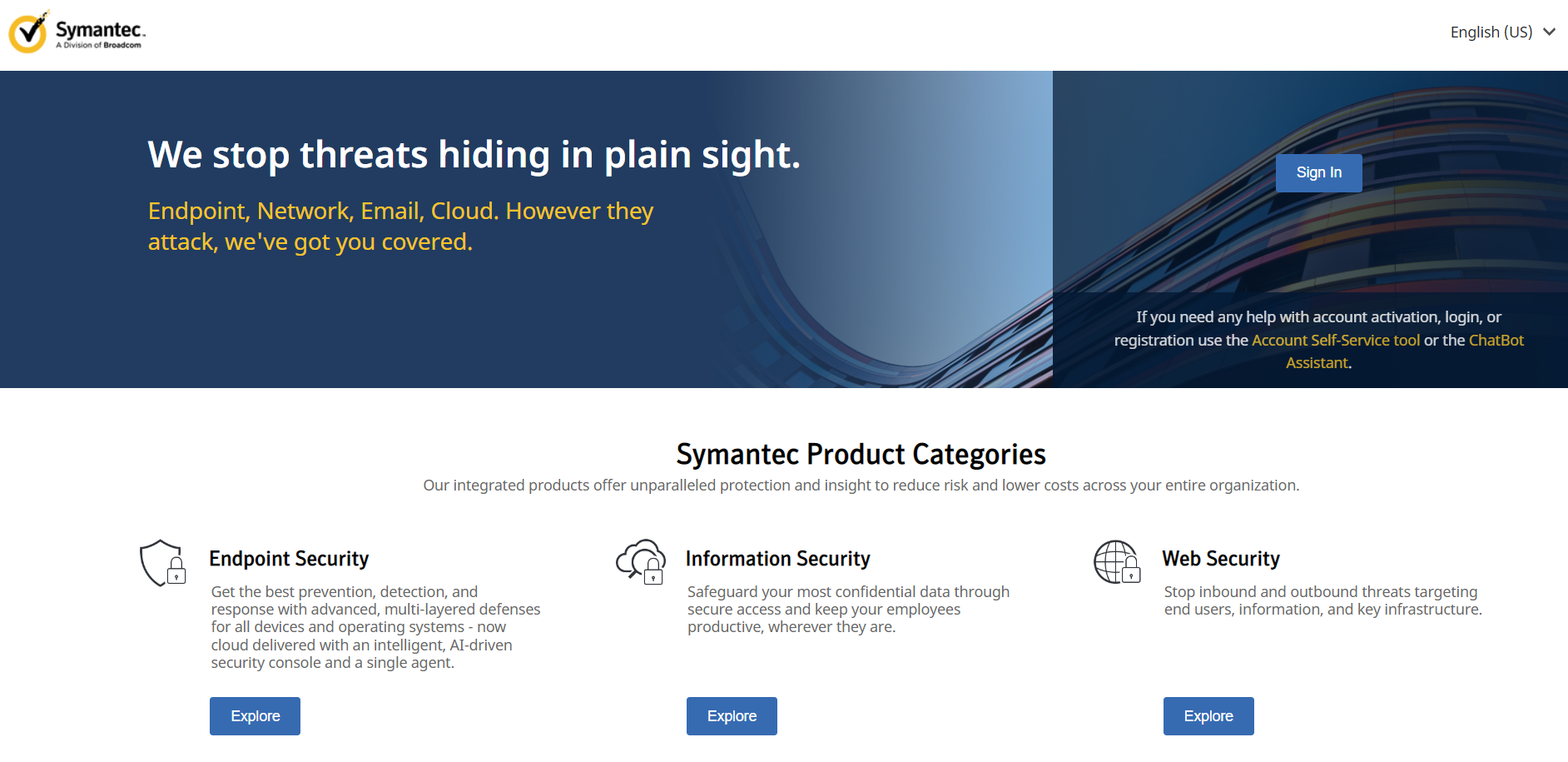
As a division of Broadcom, Symantec has enhanced its cloud security portfolio, focusing on data-centric security solutions. Their CloudSOC platform offers advanced threat protection and data loss prevention capabilities. Symantec’s cloud workload protection features scanner capabilities that encompass web scans, computer scans, cloud, and networks. While it offers automated security measures for cloud providers and customers, there is a possibility of false positives in its accuracy.
13. Google Cloud Platform (GCP)
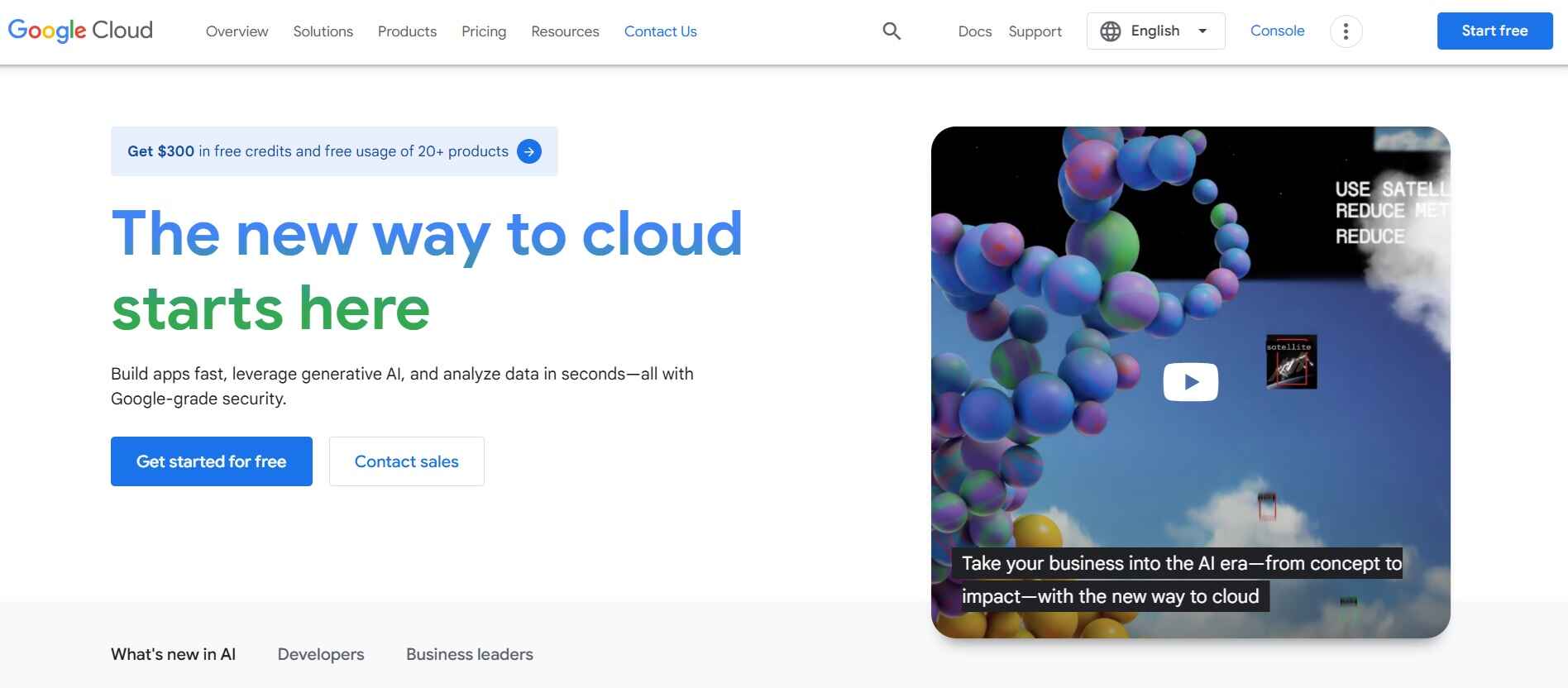
Google Cloud Platform (GCP) is a cloud computing platform that offers a variety of services, including infrastructure, storage, analytics, and machine learning. GCP has been actively improving its security infrastructure. However, a recent test by CyberRatings.org revealed that GCP’s native firewall had a security effectiveness of only 0.38%, indicating significant room for enhancement in its default security measures. With features like encryption, identity and access management, and security analytics, GCP helps organizations address their security requirements in the cloud.
GCP stands alongside top cloud computing security companies, steadily enhancing its features to deliver stronger enterprise security.
14. Palo Alto Networks

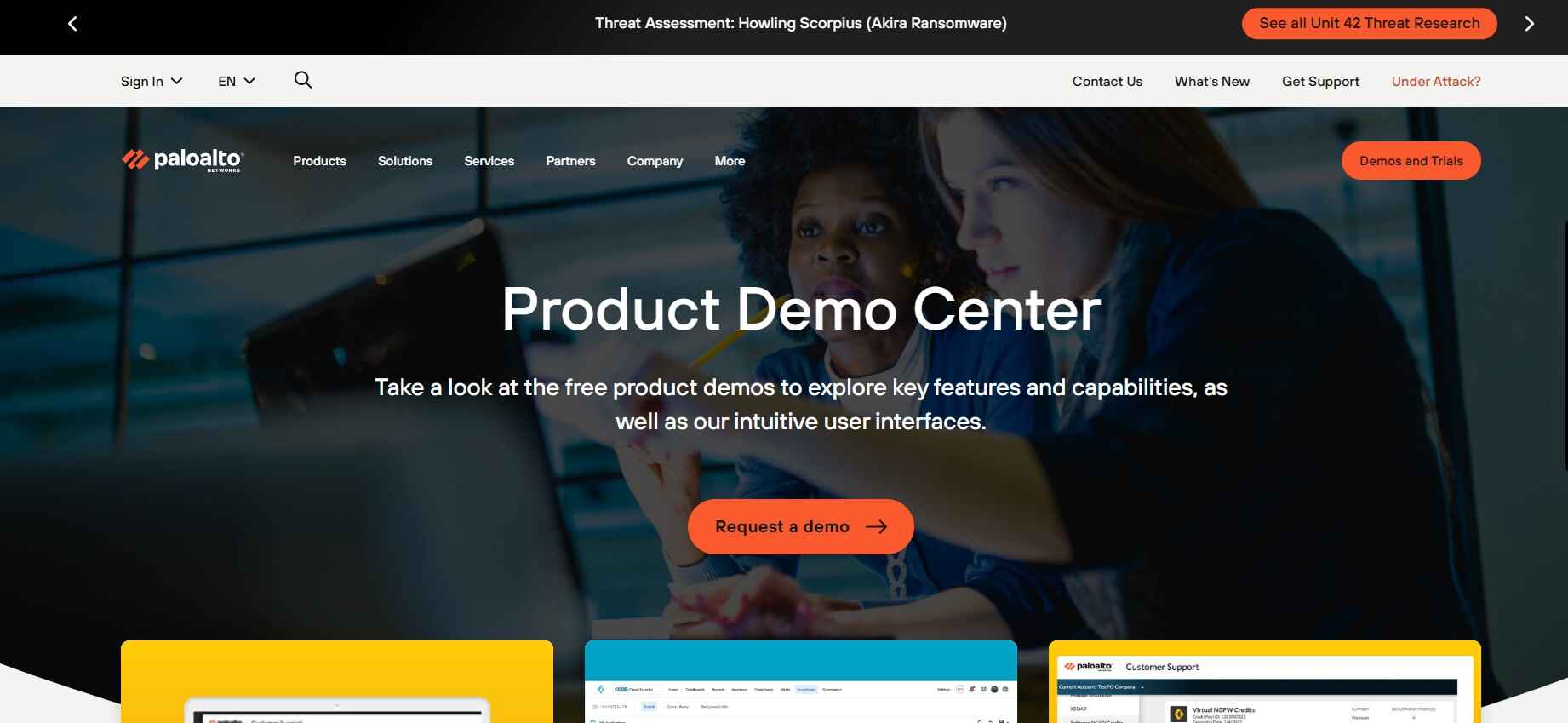
This Firm is a leading cybersecurity company known for its next-generation firewall and advanced threat protection solutions. Palo Alto Networks continues to innovate with its Prisma Cloud platform, offering comprehensive cloud security posture management. Recent updates include enhanced identity-based microsegmentation and advanced threat detection capabilities to offer complete protection for multi-cloud environments. With a focus on innovation and threat prevention, Palo Alto Networks helps organizations stay ahead of cyber threats and secure their digital assets effectively.
15. Trend Micro

In July 2023, Trend Micro launched Trend Vision One, featuring a GPT-based cybersecurity assistant named Companion as part of their XDR product offering. This innovation aims to enhance threat detection and response capabilities. Its portfolio includes solutions for endpoint security, network security, and cloud security, providing organizations with the tools they need to protect their data and applications effectively.
16. Cisco Systems

Cisco has expanded its cloud security solutions, focusing on Secure Access Service Edge (SASE) architecture. Their recent offerings include enhanced zero-trust network access and improved cloud malware detection to provide complete security for cloud-based applications. With a focus on innovation and integration, Cisco provides organizations with the tools they need to build a secure and resilient infrastructure. Its portfolio includes solutions for network security, cloud security, and threat intelligence, helping organizations stay ahead of evolving cyber threats.
17. IBM

IBM continues to advance its cloud security services, integrating AI-driven threat intelligence and automated compliance management into its offerings. Their recent focus has been on providing industry-specific security solutions to sectors such as finance and healthcare. With a focus on cognitive security and advanced analytics, IBM helps organizations identify and respond to cyber threats effectively. Its portfolio includes solutions for threat intelligence, incident response, and managed security services, providing organizations with the tools they need to protect their digital assets.
18. Intruder

Intruder has updated its cloud-based vulnerability scanning platform to include more advanced threat detection capabilities. The platform now offers continuous monitoring and automated scanning to help businesses identify and remediate security issues promptly. The tool allows organizations to take action on vulnerabilities based on their severity ratings and offers compliance with standards like SOC2 and ISO 27001. However, it does not provide manual penetration testing or vulnerability management features and has a price of $1958 per year.
19. McAfee

McAfee has strengthened its cloud security portfolio with enhanced data loss prevention and advanced threat protection features. Their MVISION Cloud platform now offers improved visibility and control over cloud-native applications, supporting organizations in maintaining robust security postures. Its portfolio includes solutions for endpoint security, cloud security, and threat intelligence.
20. LookOut
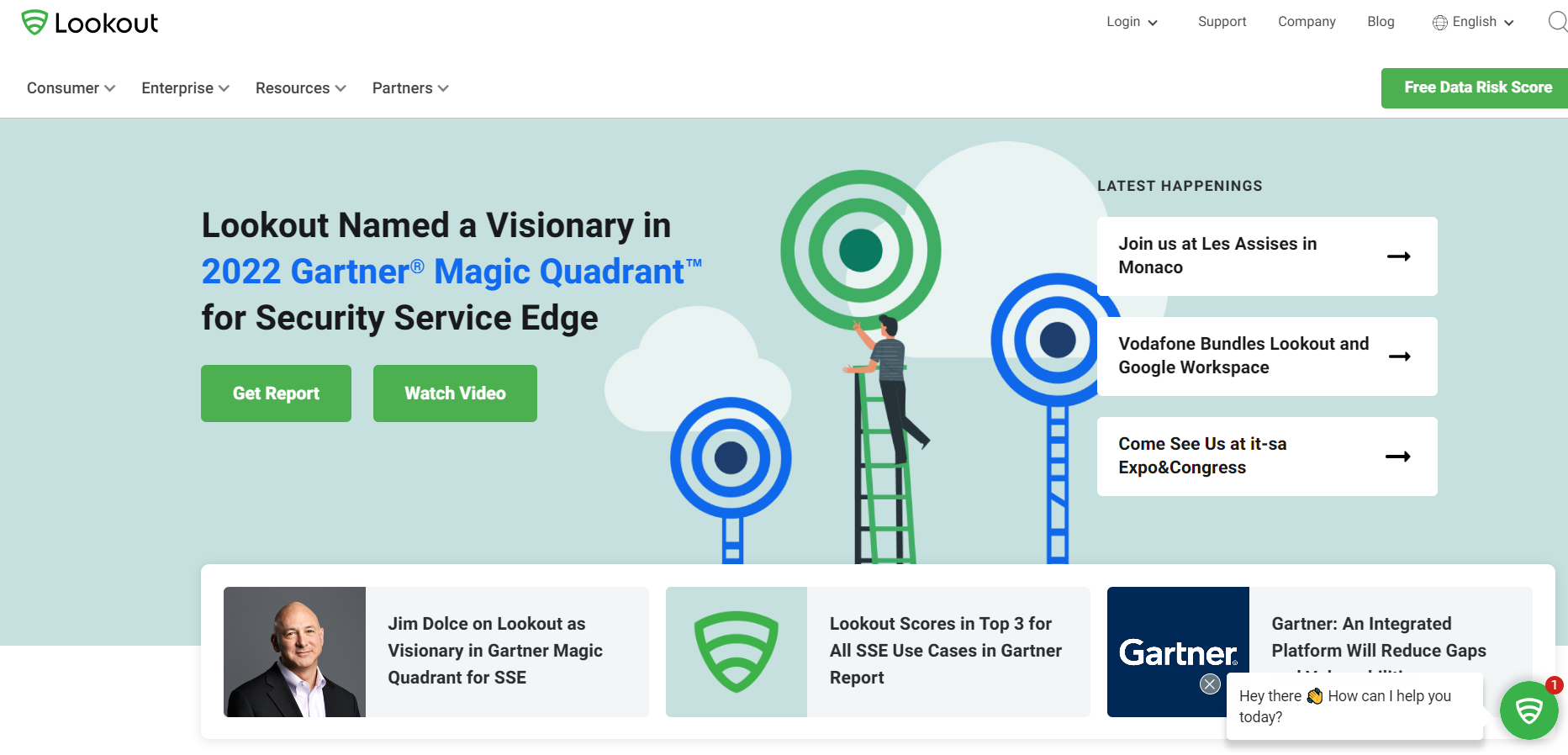
Lookout has expanded its security offerings to include comprehensive cloud application protection. Their platform now provides advanced threat intelligence and data loss prevention features for secure access to cloud services across various devices. Its scanner capacity focuses on threat detection, boasting a high accuracy rate of 99.6%. However, it does not offer vulnerability management, and pricing is available only upon request.
These developments reflect the dynamic nature of the cloud security background, with each provider striving to enhance their offerings to meet evolving security challenges.
Choosing Cloud Security Providers: Key Considerations
When selecting a cloud security provider, it’s crucial to consider various factors. This is done to ensure that the chosen provider aligns with your company’s needs and offers the necessary features for robust security.
Key Factors to Evaluate in Cloud Security Vendors
- Assess Your Needs: Before choosing a cloud security provider, it’s essential to prioritize and list your company’s needs and requirements. This will help you evaluate potential providers based on how well their features align with your company’s cloud-based operations. Key considerations include integrating security solutions. Solutions into the CI/CD pipeline and meeting regulatory requirements such as HIPAA, PCI-DSS, SOC 2, and ISO 27001.
- Scalability: Scalability is another critical factor to consider, especially for larger companies with expanding needs. Ensure that the cloud security providers you are considering offer scalable services that can grow or shrink based on your company’s requirements.
- Pricing: The pricing range offered by cloud security providers should fit within your company’s budget while still providing essential security features. It’s important to find a balance between cost-effectiveness and comprehensive security coverage.
- Reputation and Experience: Consider the reputation and experience of cloud security providers in the field. Longer experience does not always guarantee a better reputation, so it’s important to thoroughly vet your options by reading reviews and client recommendations.
- Customer Support: Evaluate the level of customer support provided by cloud security companies. Check reviews from current or previous customers to gauge the quality of their customer service, ensuring that support is readily available when needed.
Qualysec’s cloud pentest gives you results—no endless emails, no digging through PDFs, no guesswork.

Factors to Consider When Choosing a Cloud Security Company
|
Factor |
Description |
|---|---|
|
Up-to-Date Security Measures |
Ensure the company implements AI-powered threat detection, Zero Trust frameworks, and automated security updates to counter new and evolving cyber threats. |
|
Continuous Vulnerability Scanning |
Look for real-time vulnerability scanning, cloud misconfiguration detection, and automated remediation based on the latest CVEs, threat intelligence feeds, OWASP Top 10, and MITRE ATT&CK frameworks. |
|
Encryption of Data |
Data encryption should include AES-256 encryption for data at rest, end-to-end encryption in transit, and homomorphic encryption to enhance security without compromising performance. |
|
Regular Penetration Testing |
Regular cloud penetration tests and attack simulations should be conducted using AI-driven testing tools and Red Team assessments to proactively detect vulnerabilities. |
|
Cloud-Based Firewalls |
Advanced Next-Generation Firewalls (NGFWs) should be integrated with AI-powered threat intelligence for deep packet inspection and behavioral-based anomaly detection. |
|
Intrusion Detection and Response |
Look for XDR (Extended Detection and Response) solutions, AI-driven SIEM (Security Information and Event Management), and behavioral analytics to detect and mitigate threats in real time. |
|
Identity and Access Management (IAM) |
Multi-Factor Authentication (MFA), Role-Based Access Control (RBAC), and adaptive authentication should be in place to protect access to cloud environments. |
|
Compliance |
Ensure compliance with HIPAA, PCI-DSS, GDPR, SOC 2, ISO 27001, NIST, CMMC, and FedRAMP standards, along with automated compliance audits and real-time compliance tracking tools. |
These updates reflect the latest trends in cloud security, incorporating AI-driven automation, Zero Trust security models, and real-time compliance tracking for a more robust defense against cyber threats.
VAPT Methodologies
Understanding the latest methodologies used for Vulnerability Assessment and Penetration Testing (VAPT) by cloud security companies is vital for strengthening cloud defenses. These methodologies include:
- Black Box Testing: This method simulates real-world cyberattacks where the penetration tester has no prior knowledge of the target environment. It closely replicates hacker techniques to identify security gaps and test the effectiveness of an organization’s defense mechanisms against external threats.
- White Box Testing: In this approach, the testing team has full access to the internal infrastructure, including architecture diagrams, source code, and system documentation. This method is highly effective during development and deployment phases, allowing for deep analysis and proactive remediation of security vulnerabilities.
- Gray Box Testing: A balanced approach combining elements of both Black Box and White Box testing. Testers have partial knowledge of the environment, such as credentials or network architecture, allowing for a more targeted evaluation while still incorporating an element of unpredictability to uncover vulnerabilities.
- Automated vs. Manual Testing: Modern VAPT strategies incorporate a blend of automated scanning tools and manual penetration testing techniques. Automated scans help quickly identify known vulnerabilities, while manual testing detects complex security flaws that automated tools may overlook.
Each of these methodologies plays a crucial role in assessing the security posture of cloud environments, helping organizations strengthen their resilience against cyber threats.
Latest Penetration Testing Report
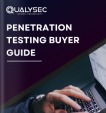
Conclusion
Choosing the right cloud security provider requires a thorough assessment of your organization’s needs, scalability, pricing, compliance requirements, reputation, customer support, and feature offerings. A well-informed selection ensures robust protection for cloud-based operations, reducing the risk of cyber threats and data breaches.
Ensuring the security and performance of your applications is critical. Many organizations perceive security testing as complex, but with the right approach, it becomes a seamless process. Qualysec’s mission is to simplify security for you. Connect with us today to ensure complete protection against cyber threats.
Frequently Asked Questions (FAQs)
Q. What are the 4 major areas of cloud protection?
- Vulnerability Assessment and Penetration Testing
- Data Encryption
- Compliance
- Proper Authentication and Authorization
Q. What is cloud security?
Ans. Cloud security refers to the practices and technologies used to protect data, applications, and infrastructure in cloud computing environments.
Q. What are the types of cloud security provider?
Ans. The three types of cloud security are network security, data security, and application security. Network security focuses on protecting the cloud network, while data security focuses on protecting the data stored in the cloud. Application security focuses on securing cloud applications.
Q. Who is responsible for cloud security?
Ans. In a cloud environment, both the cloud service provider and the customer are responsible for cloud security. The cloud service provider is responsible for securing the infrastructure. Thus, while the customer is responsible for securing their data and applications.









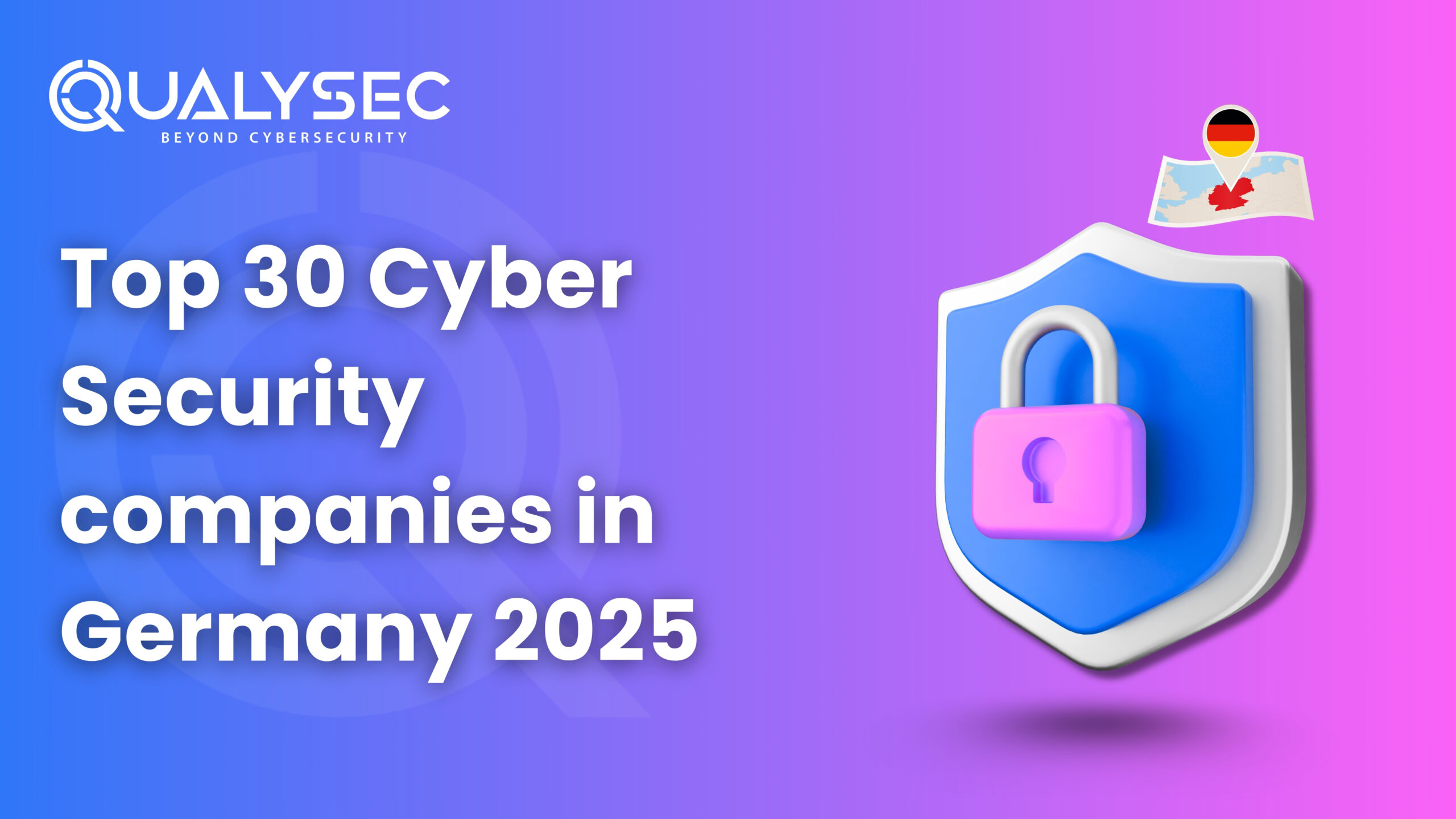
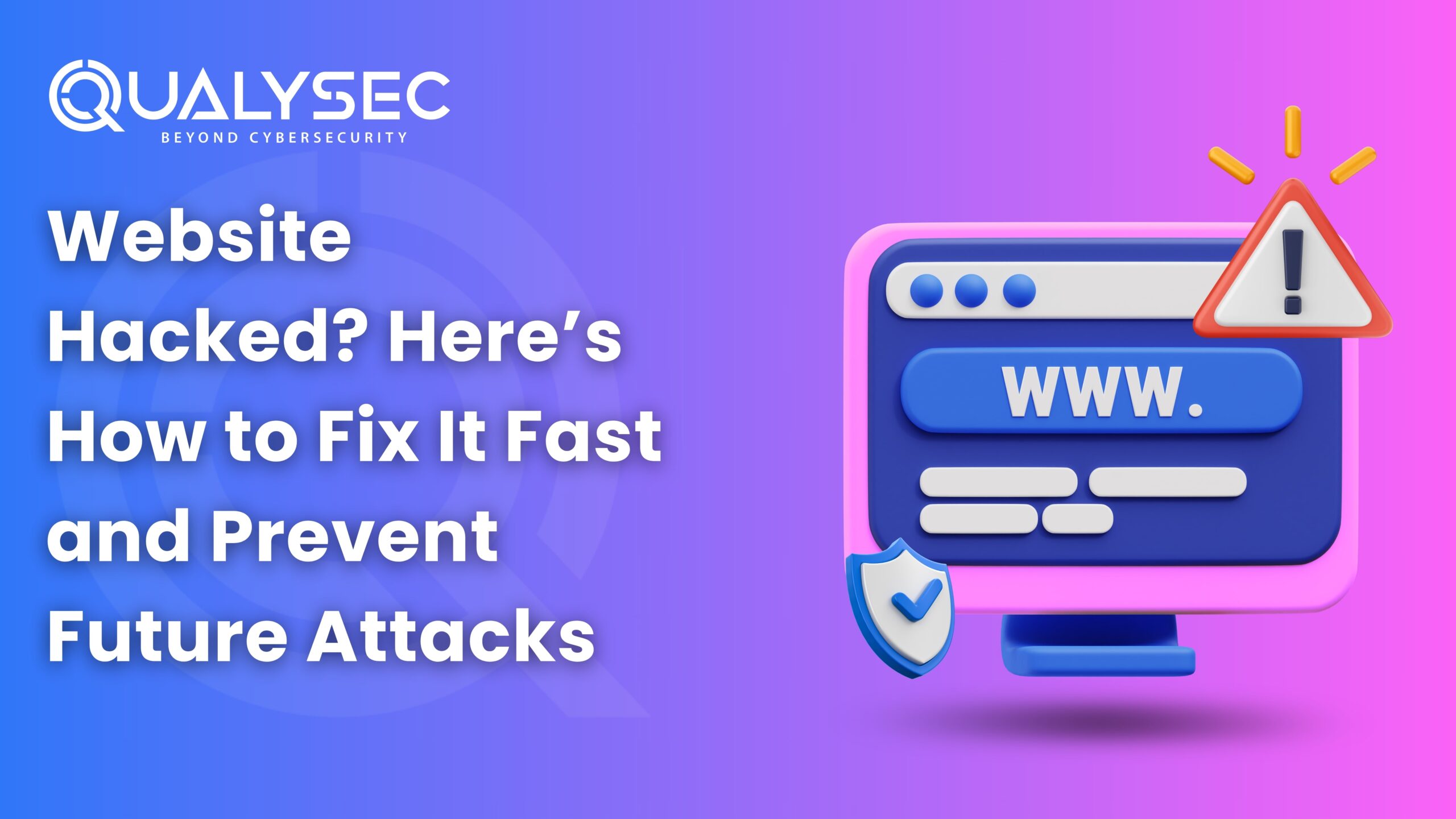
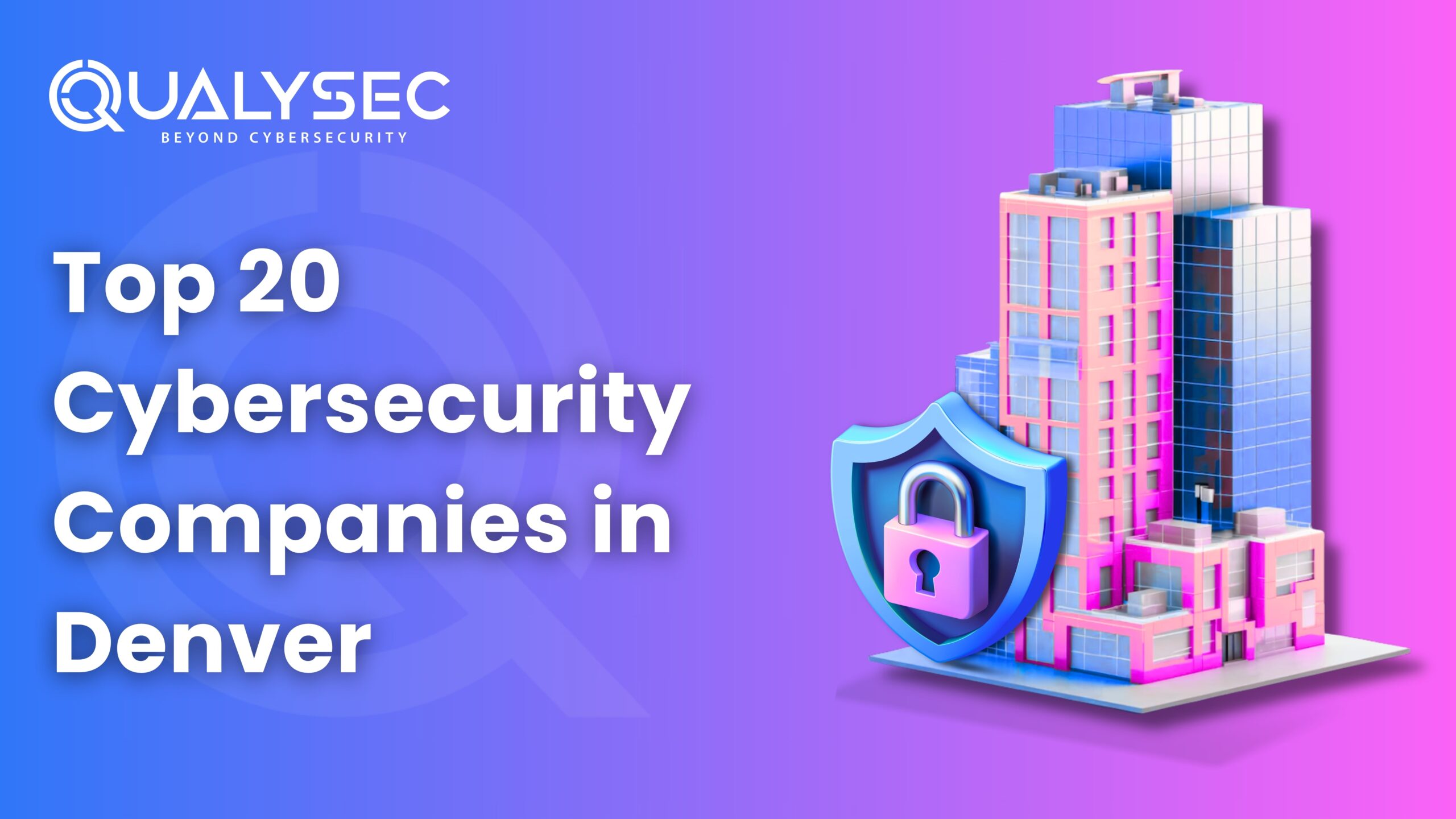
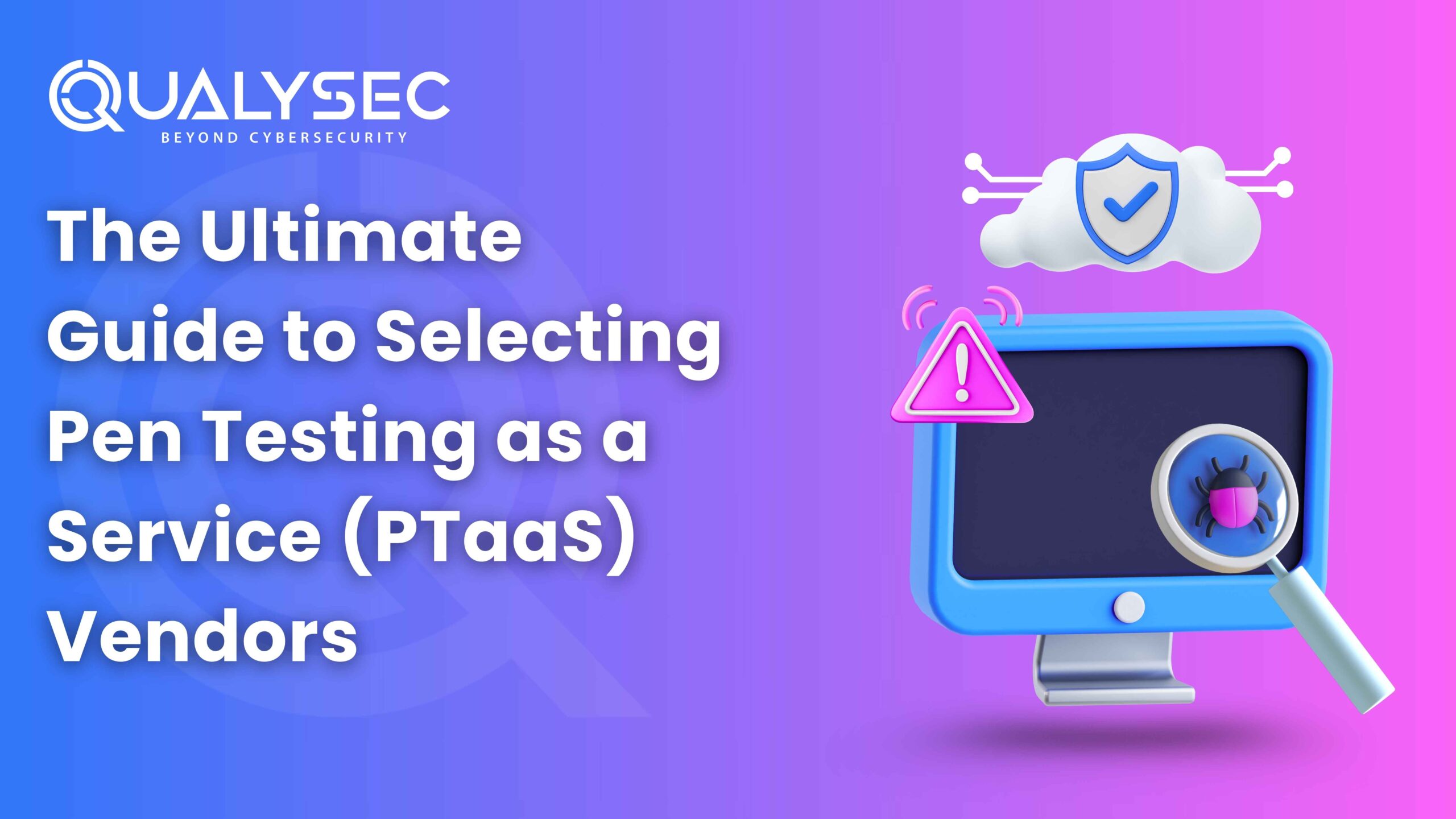
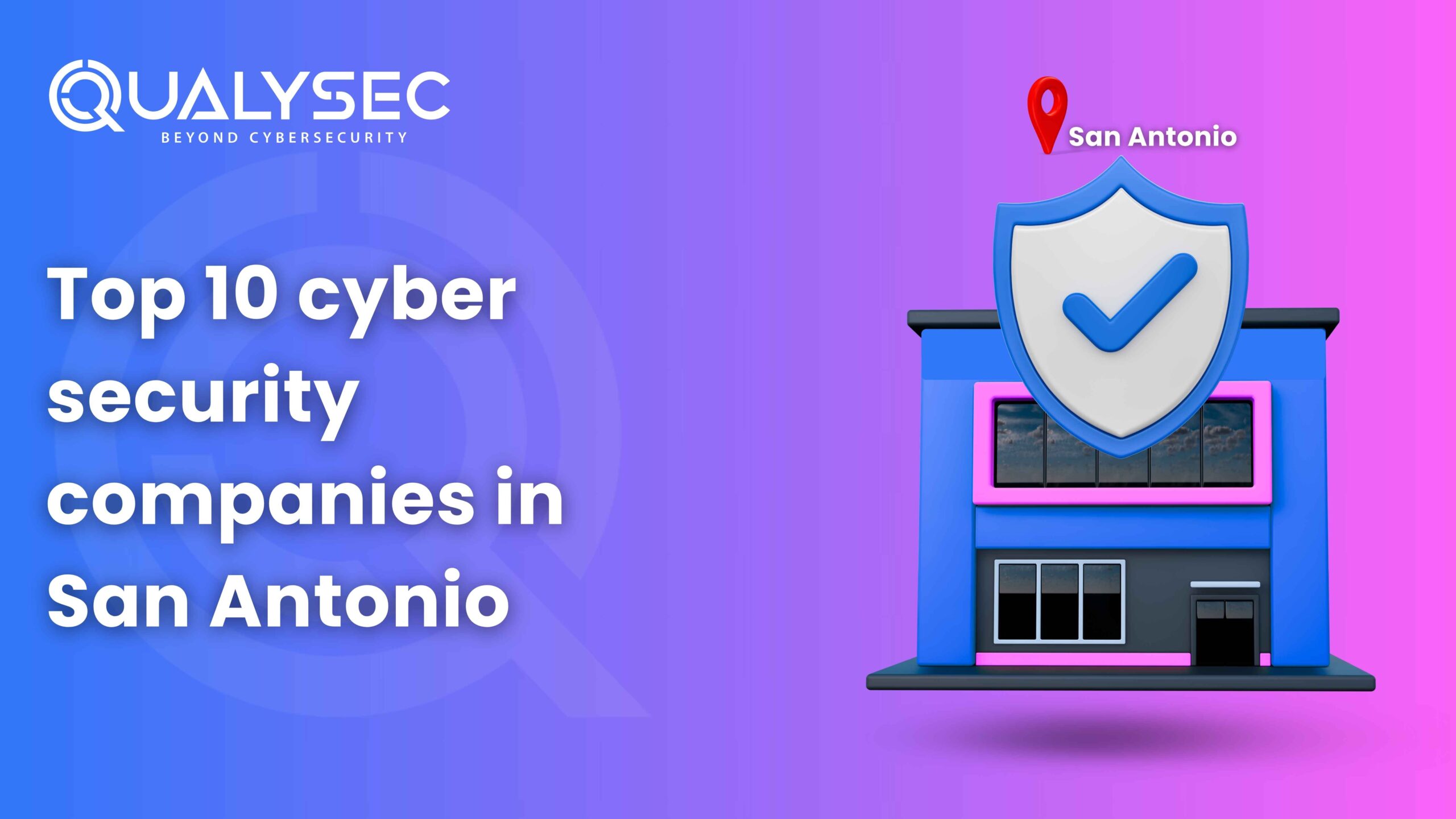
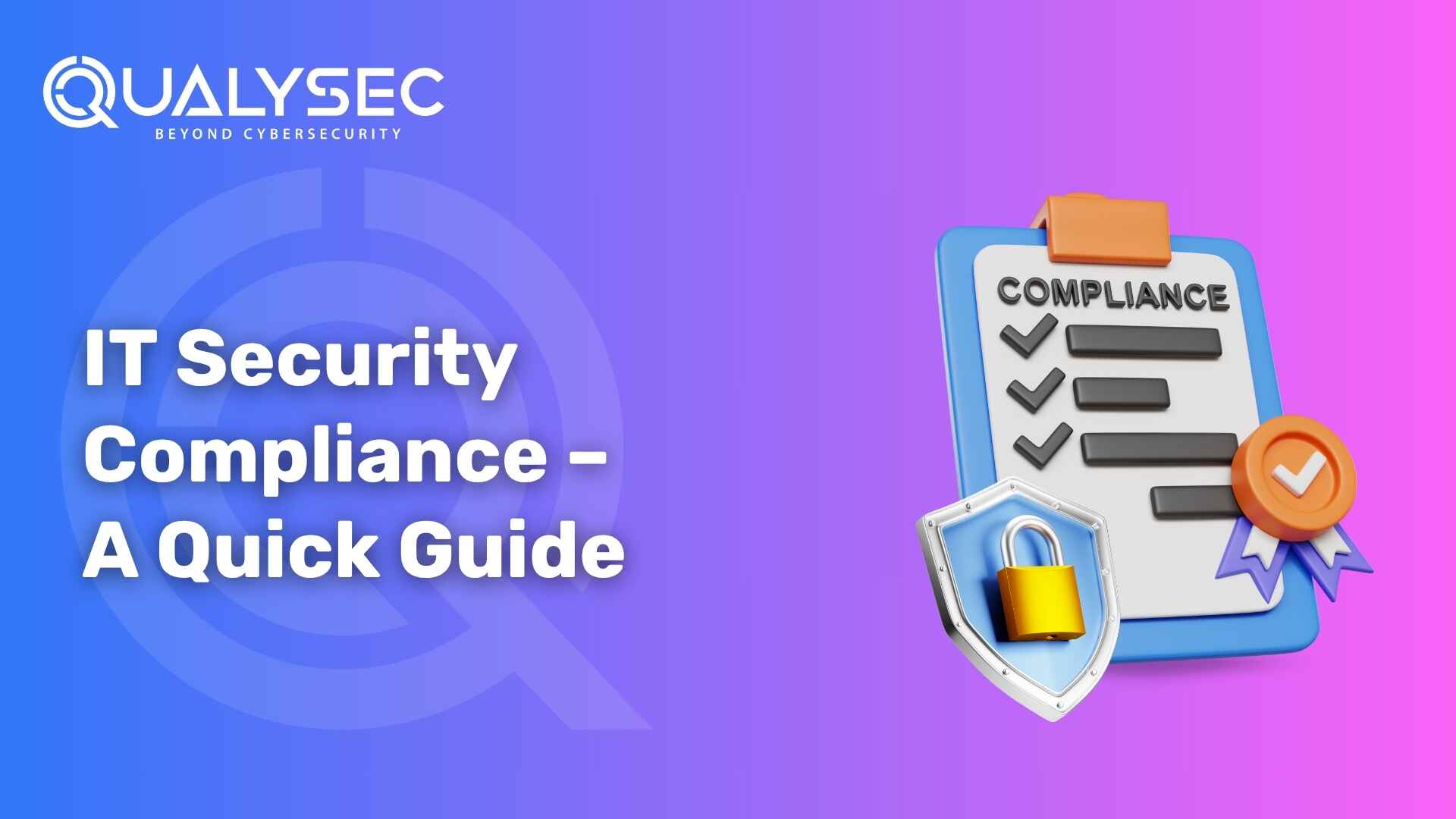
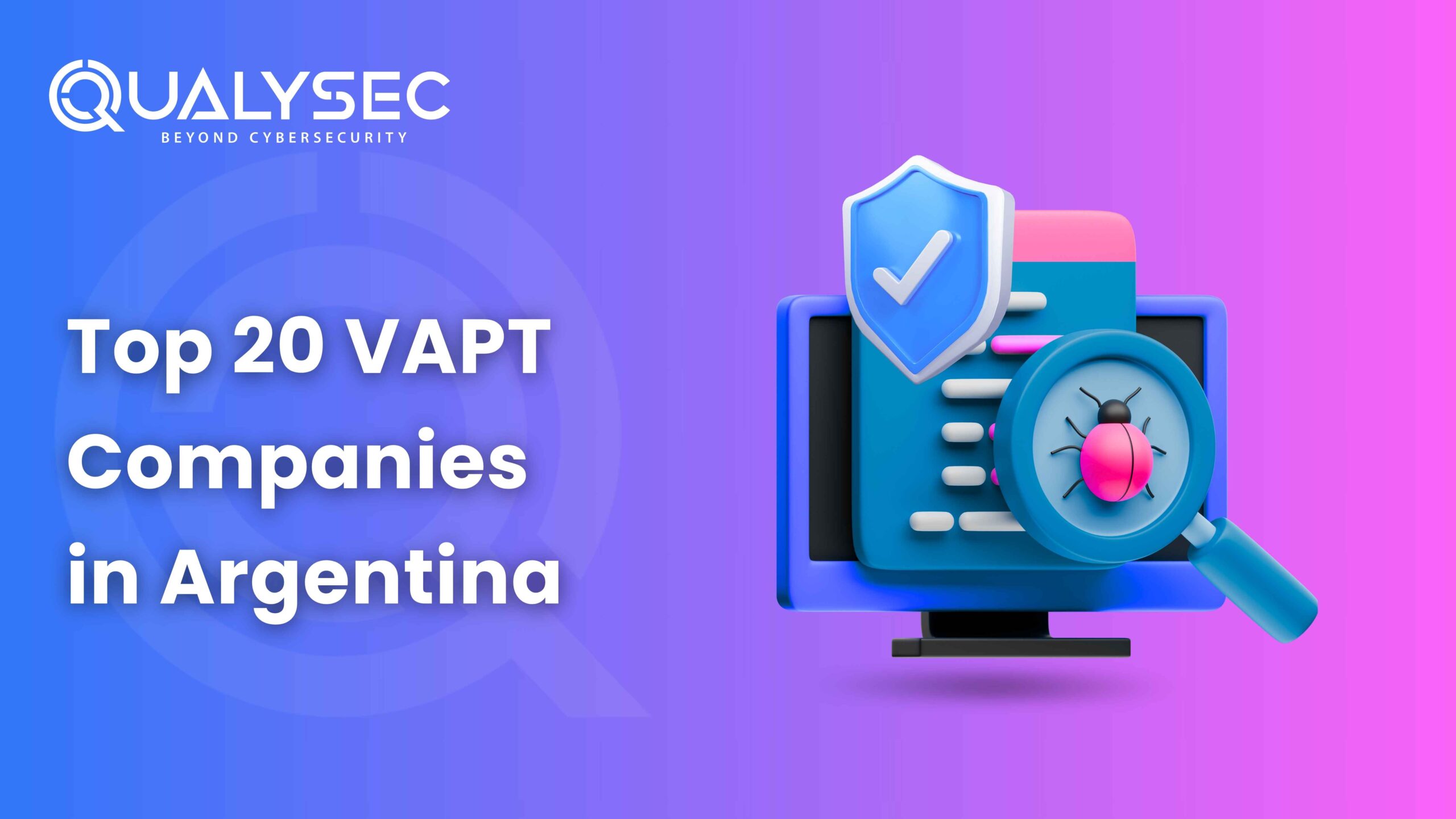
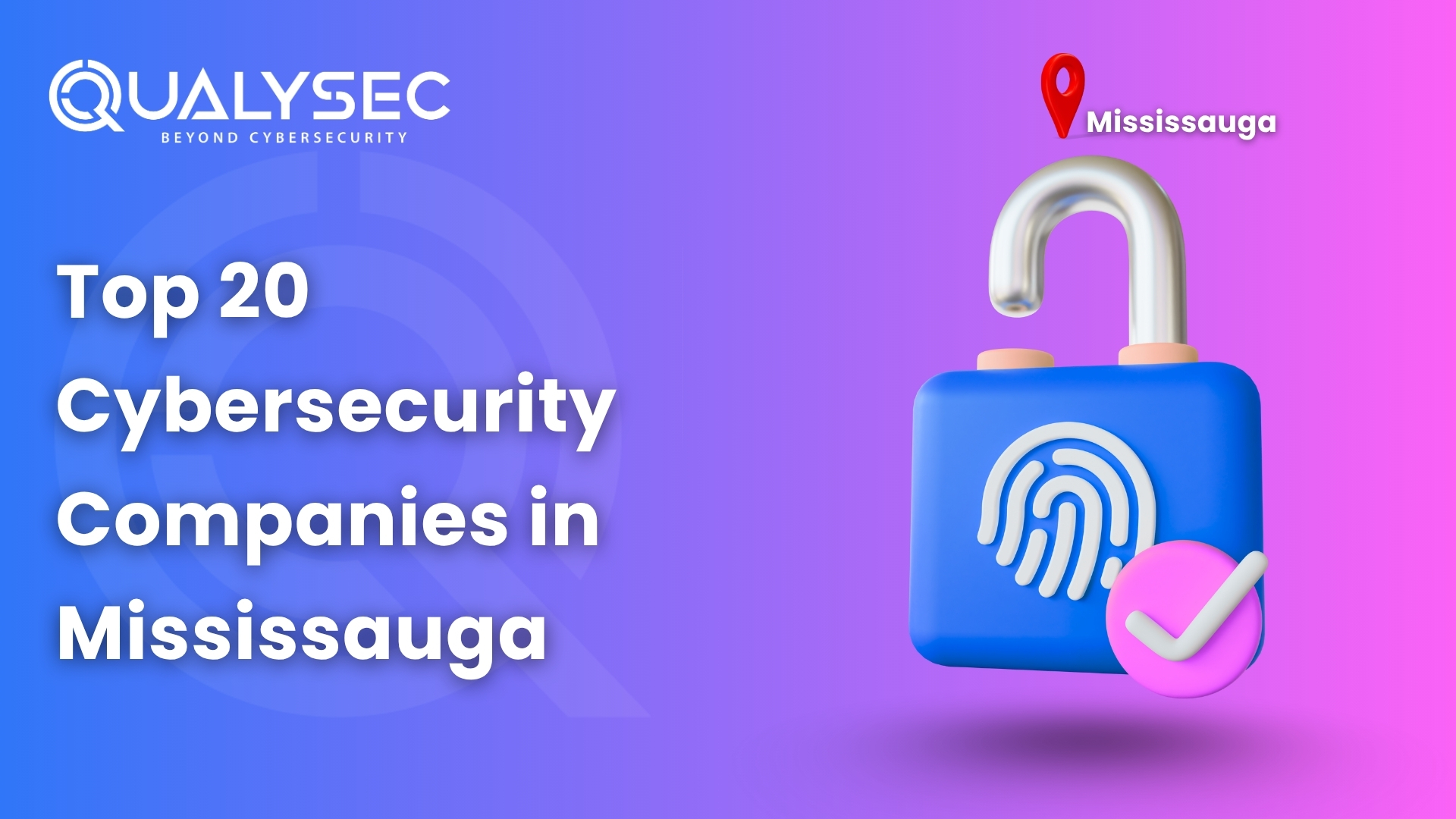
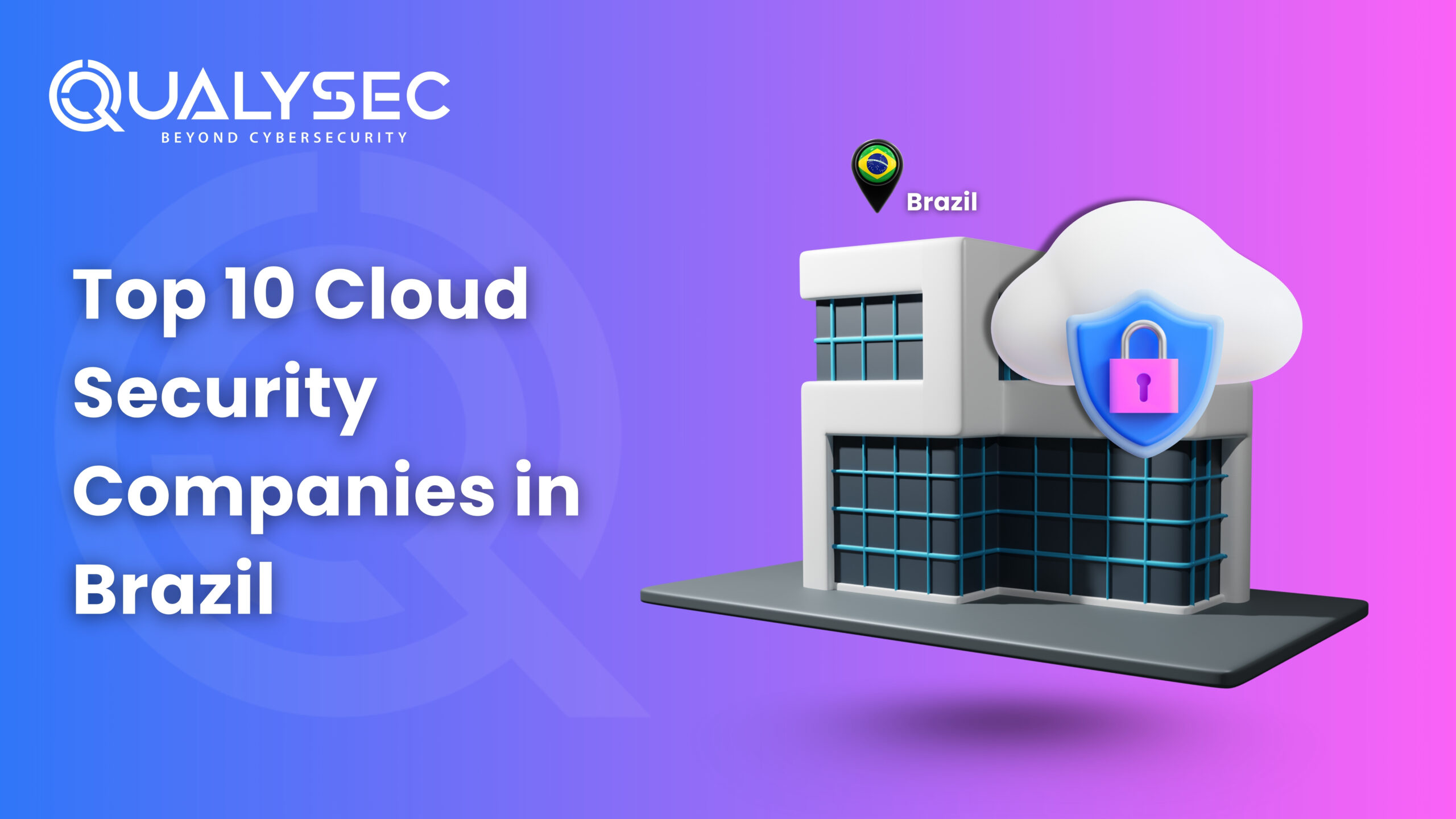
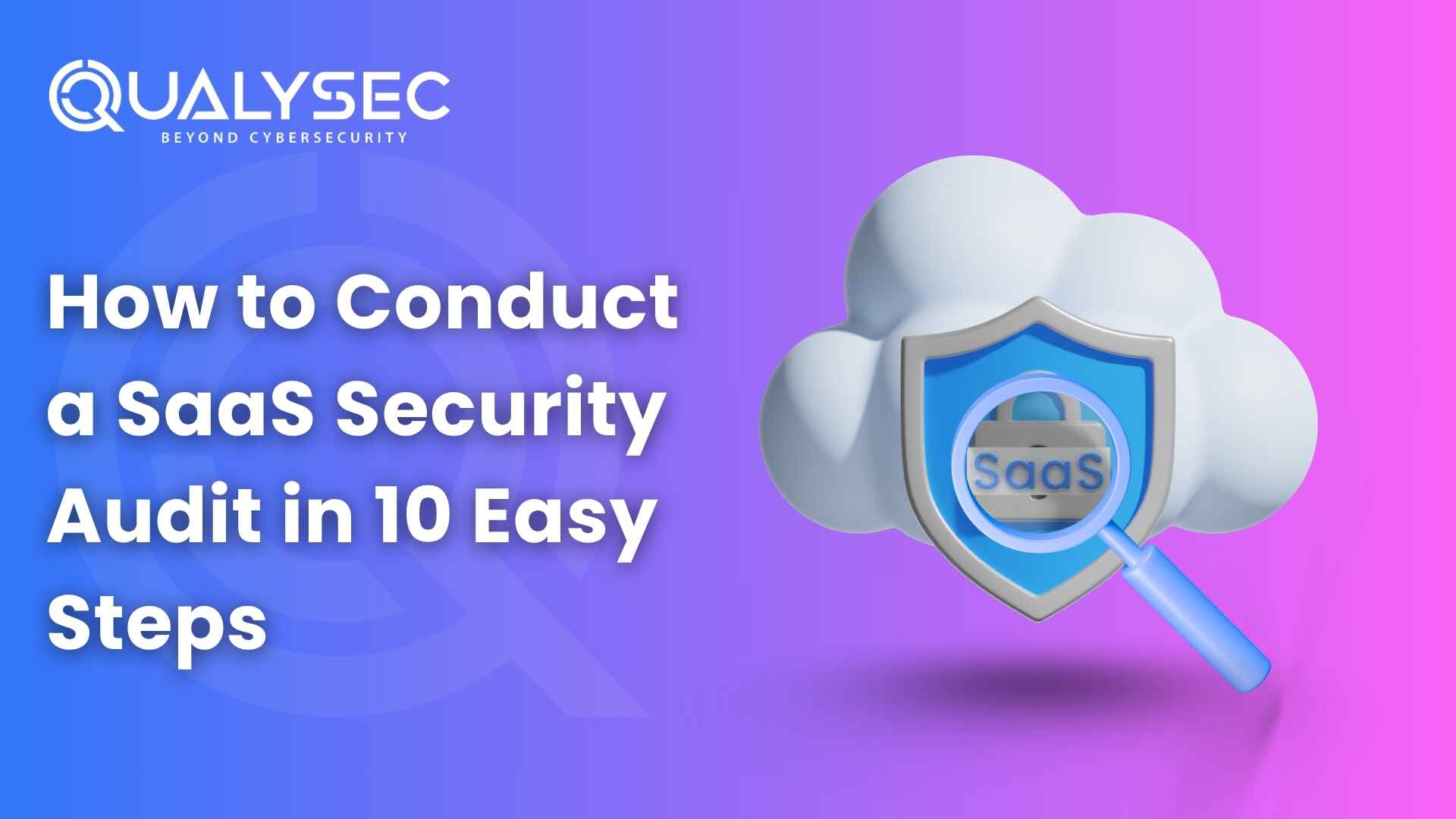
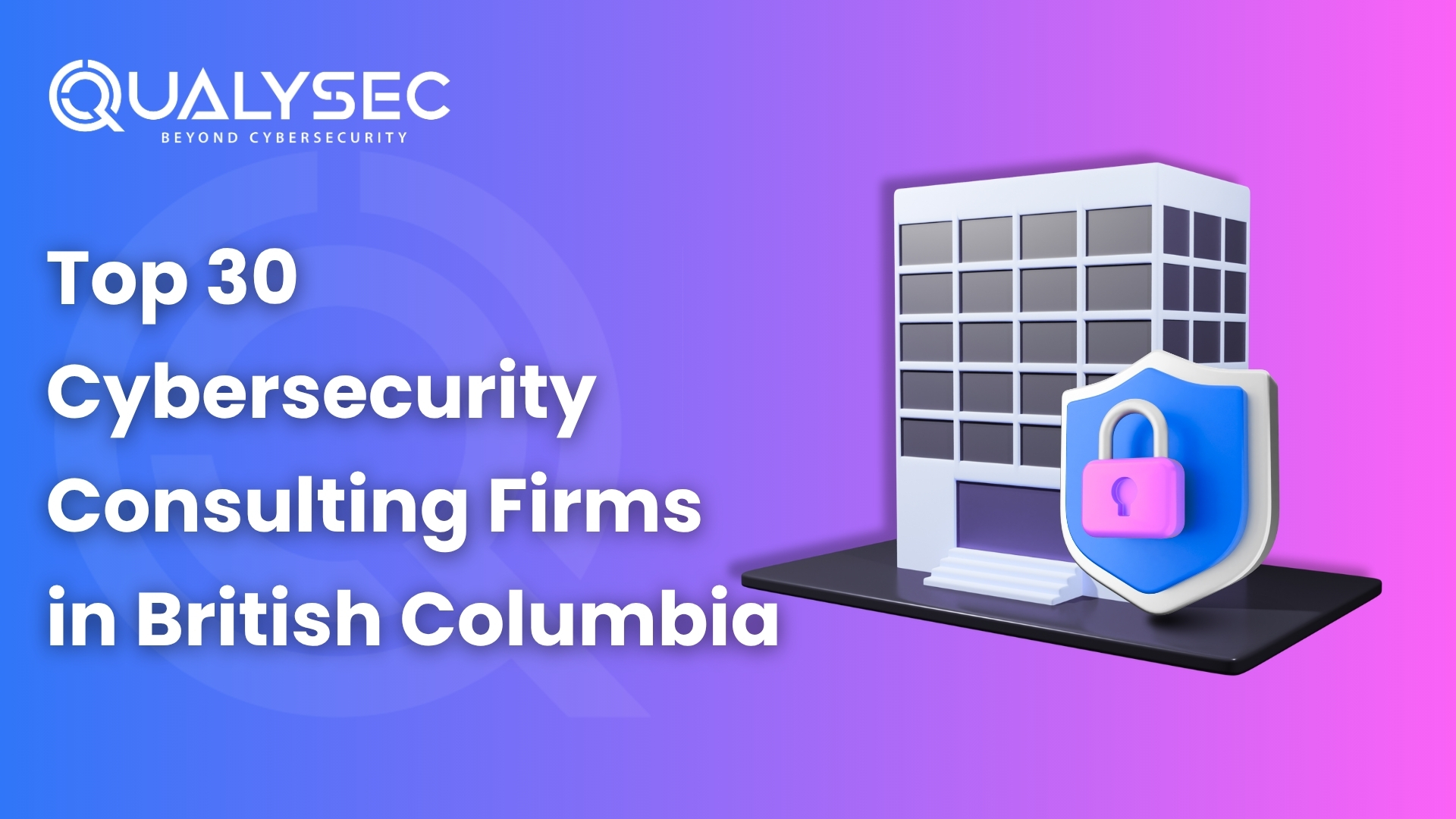

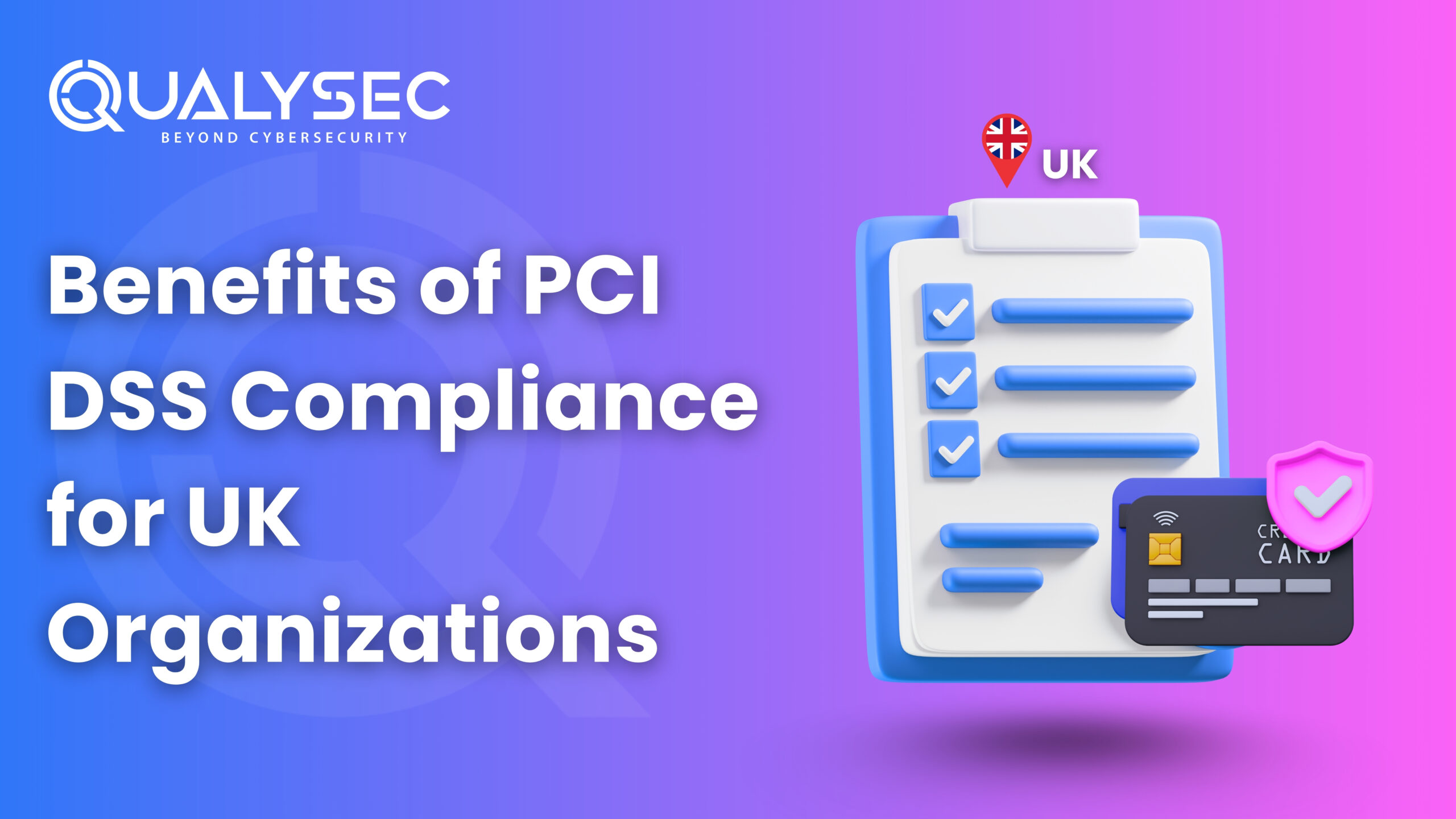
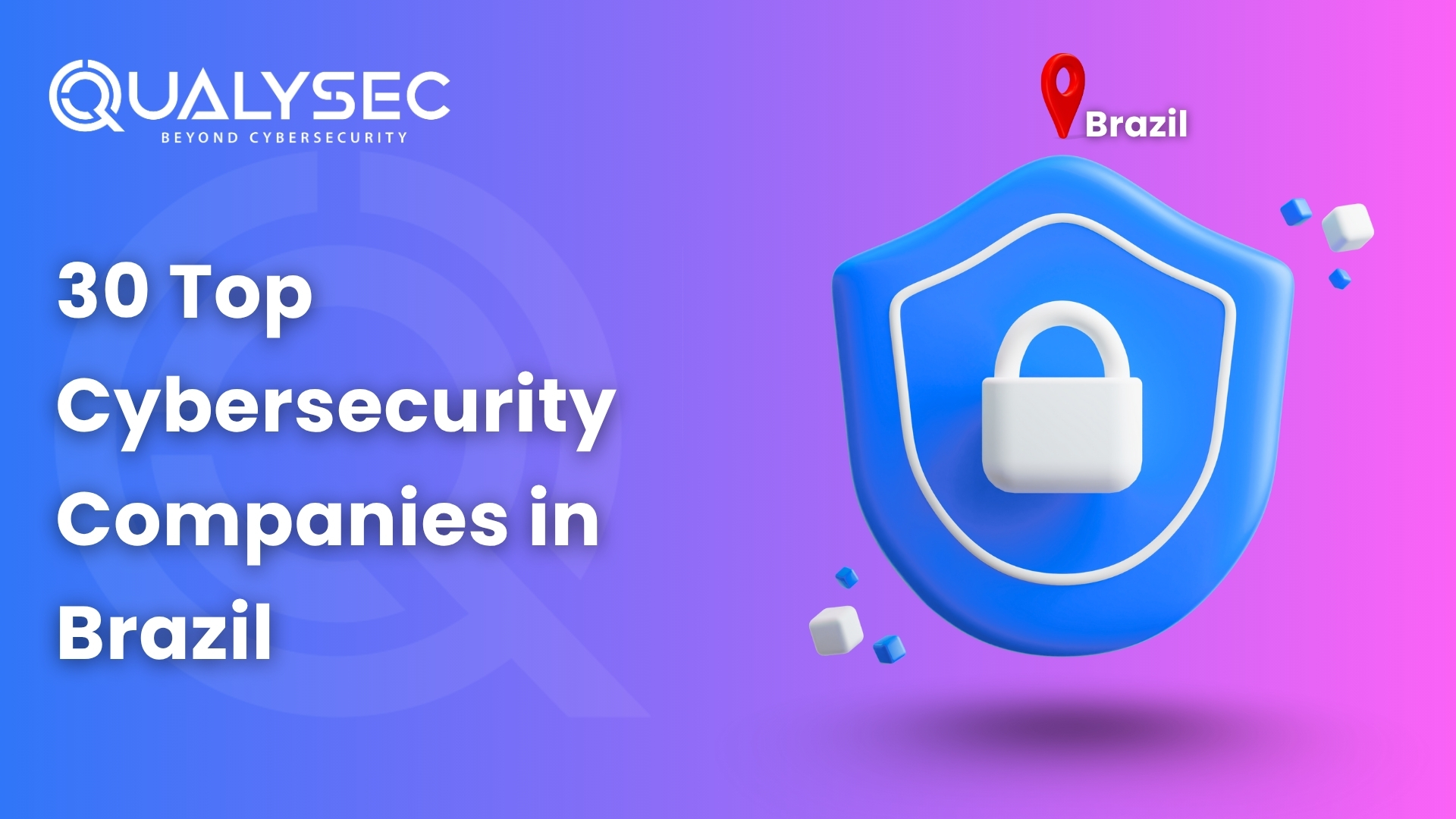
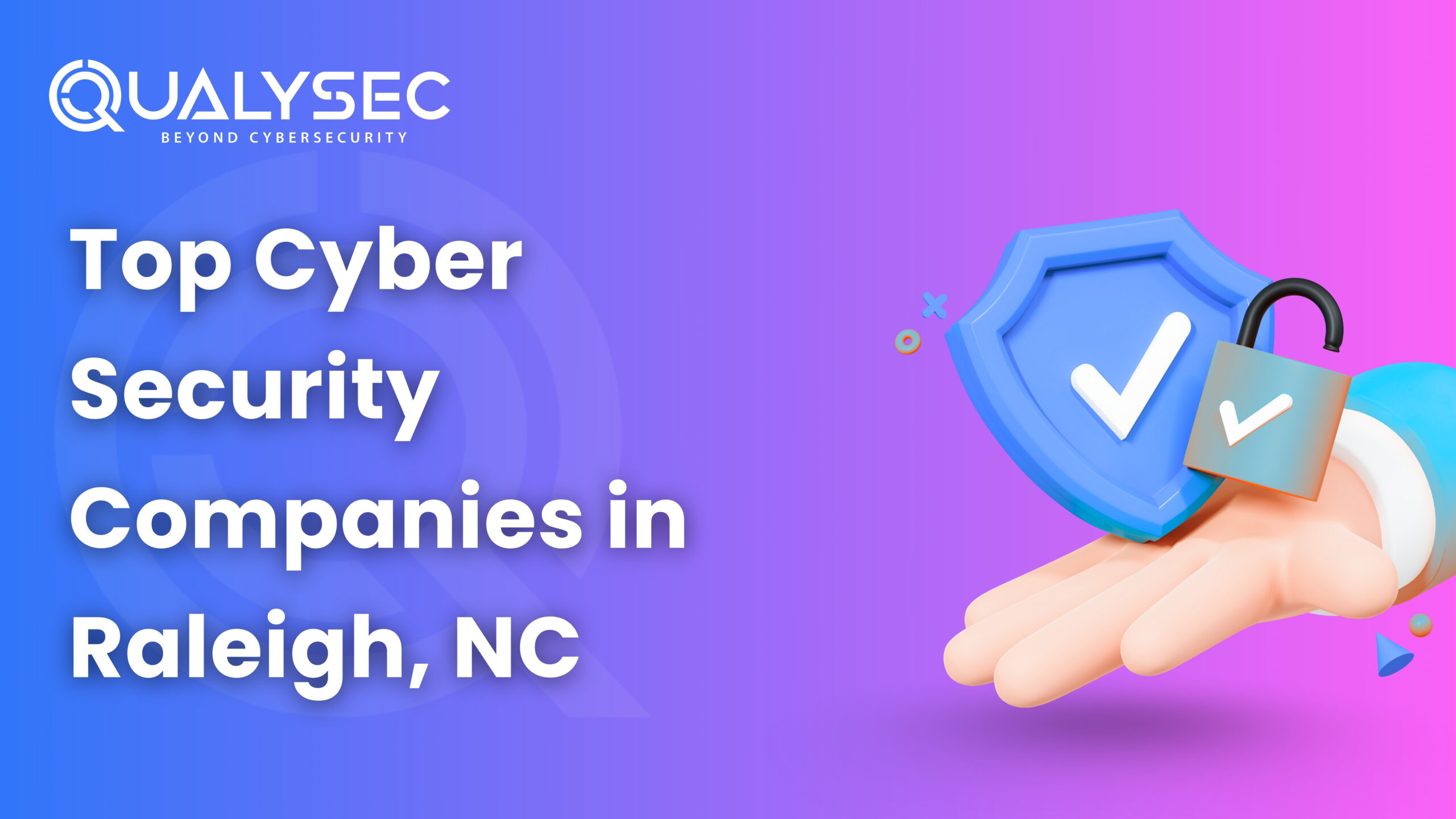
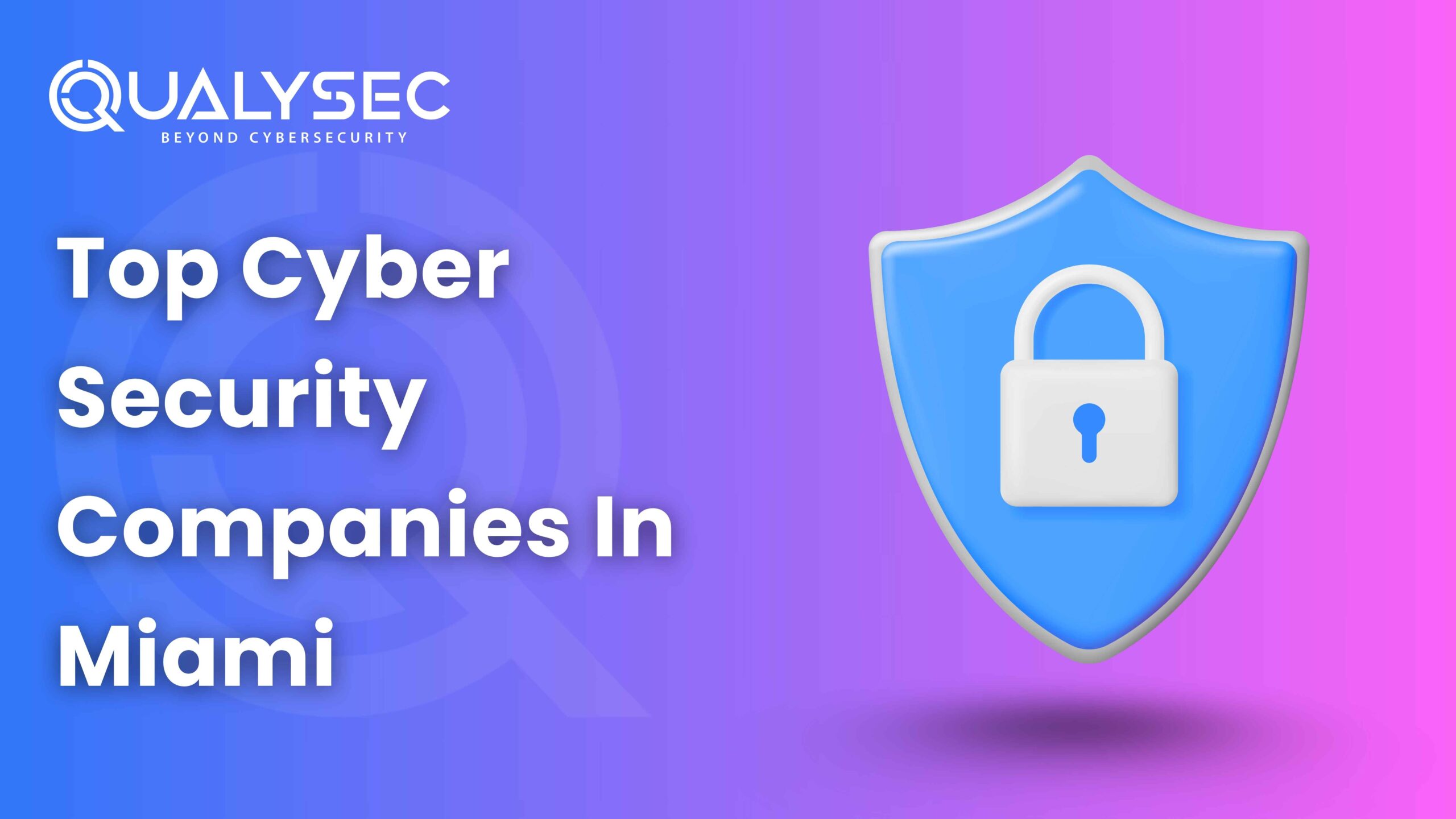

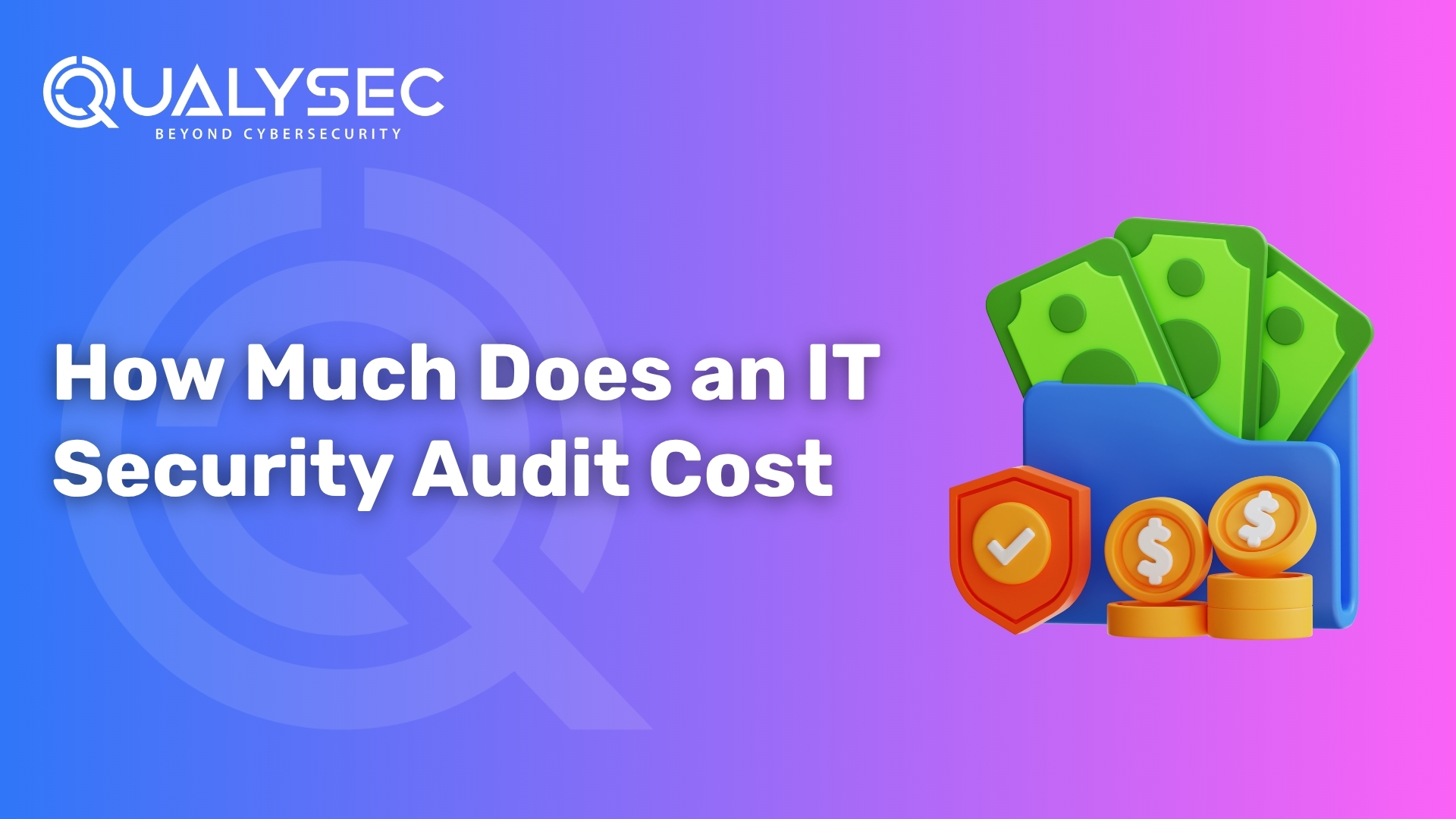
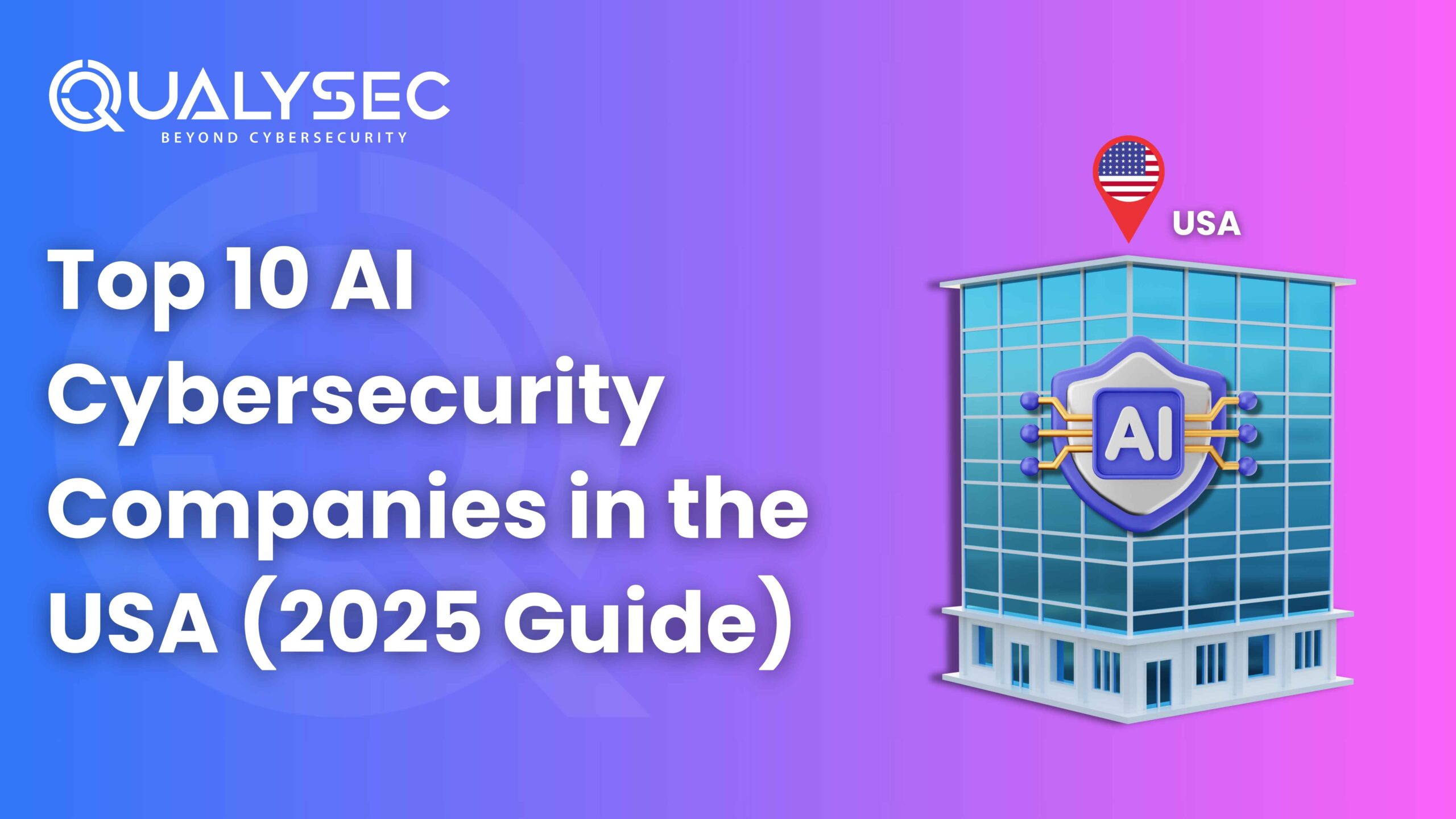
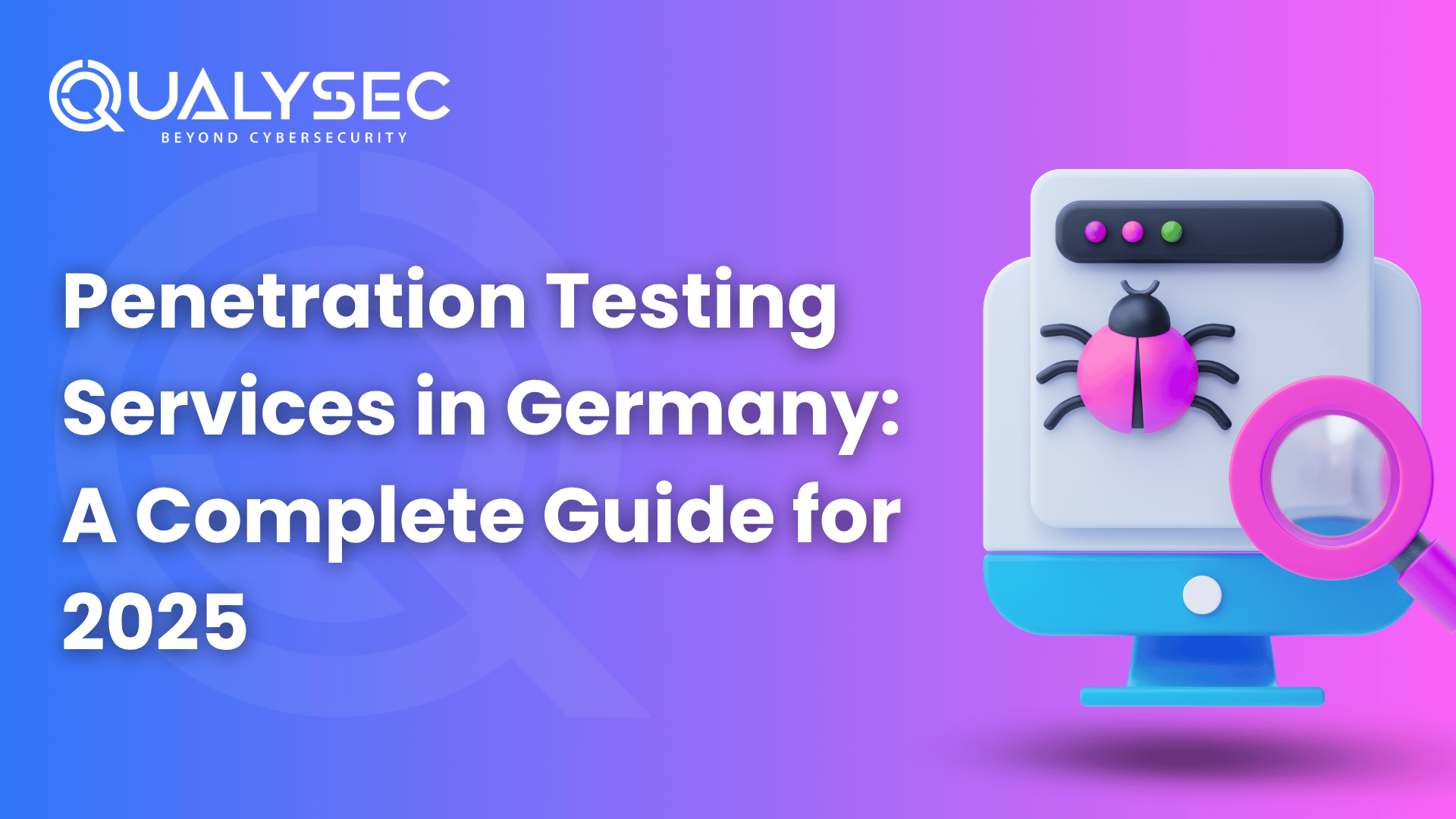
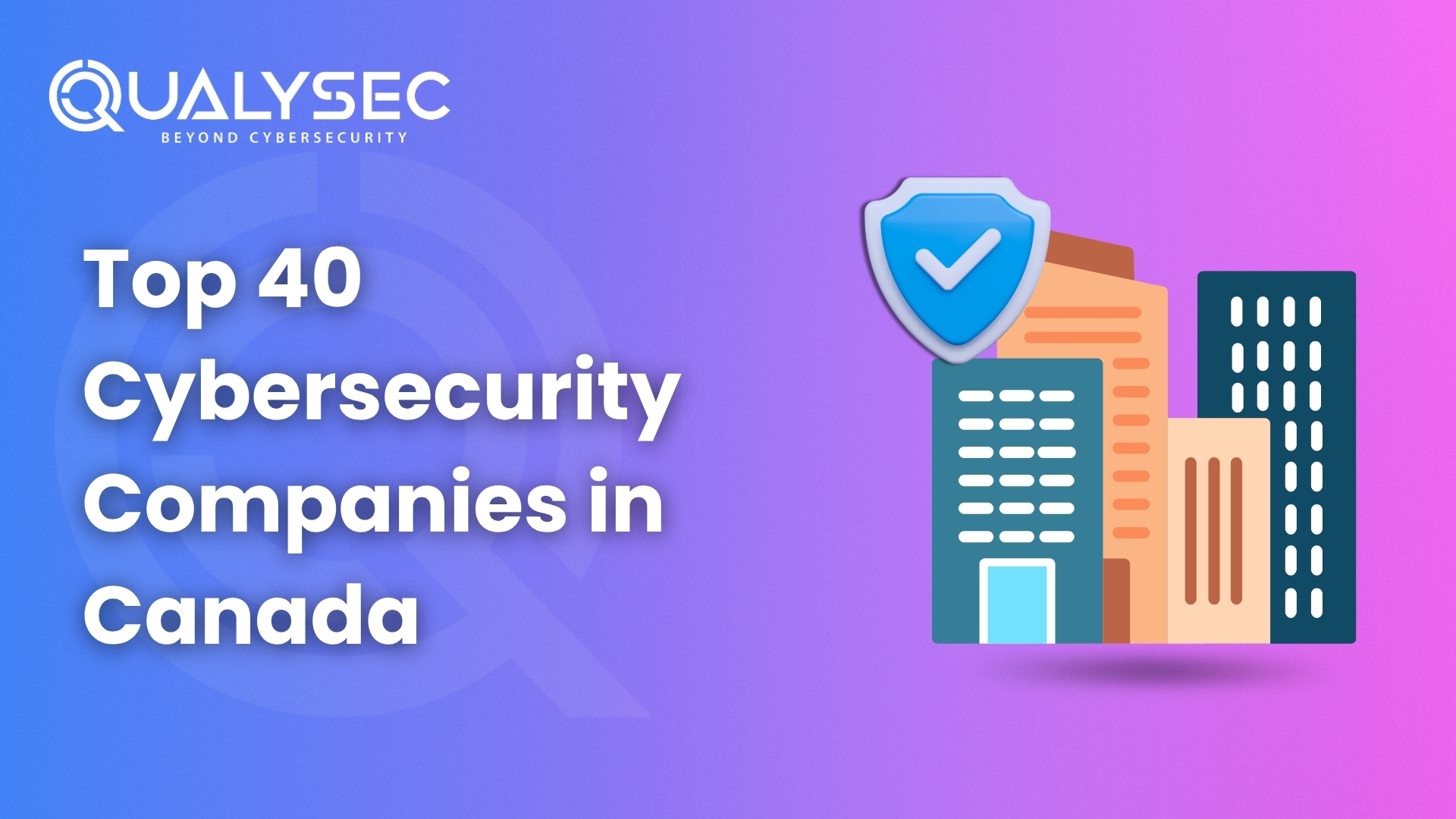
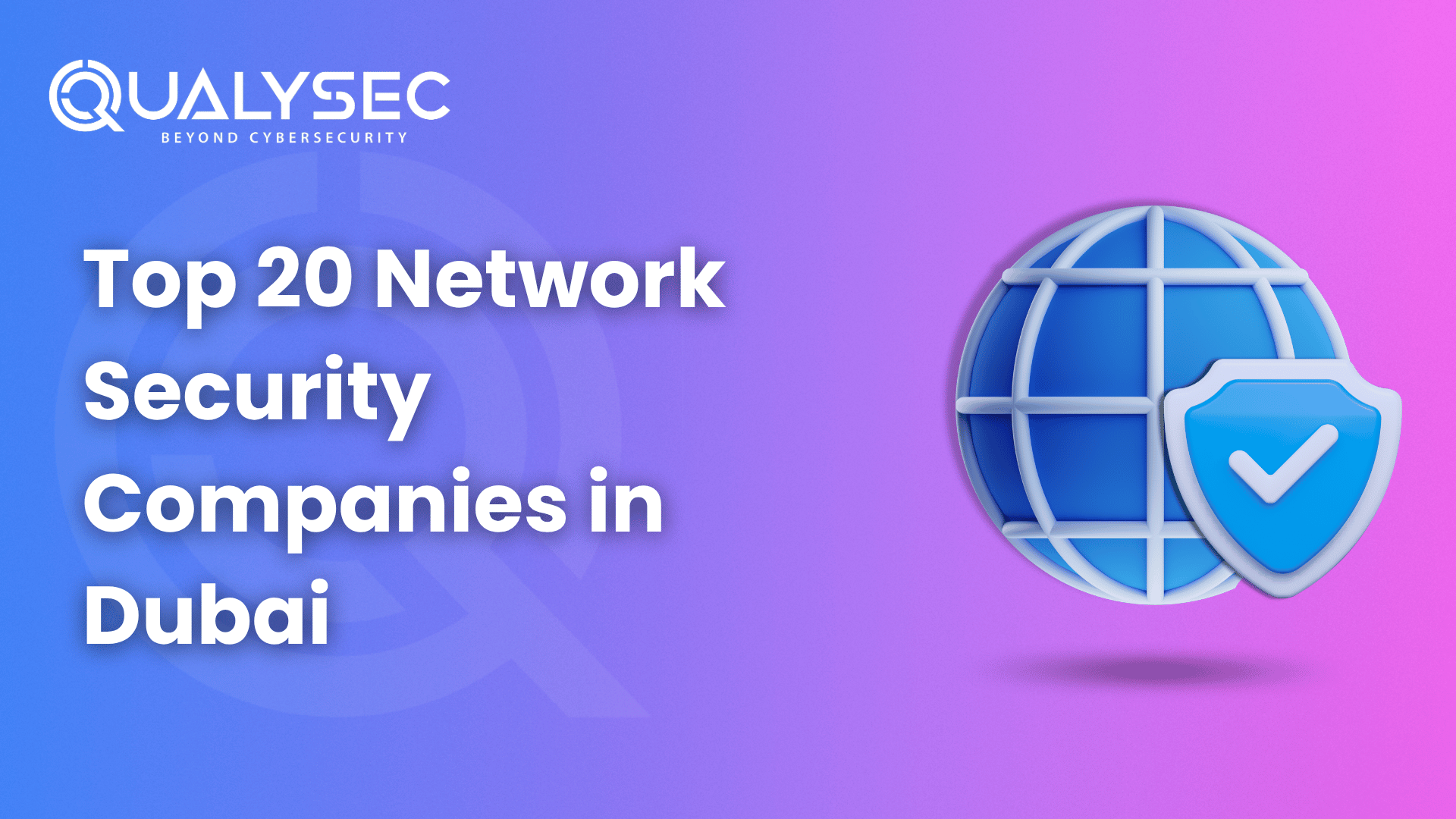
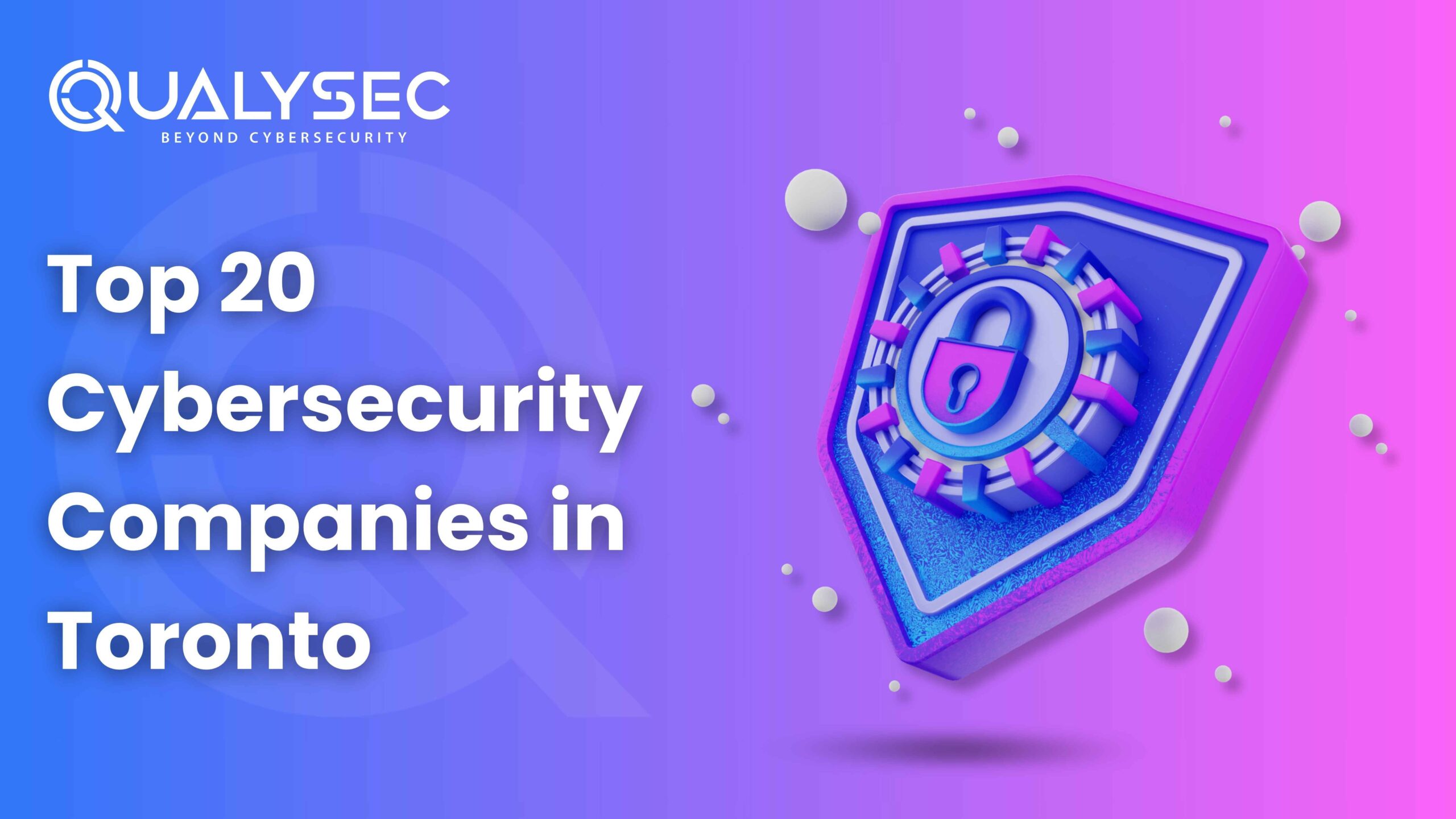
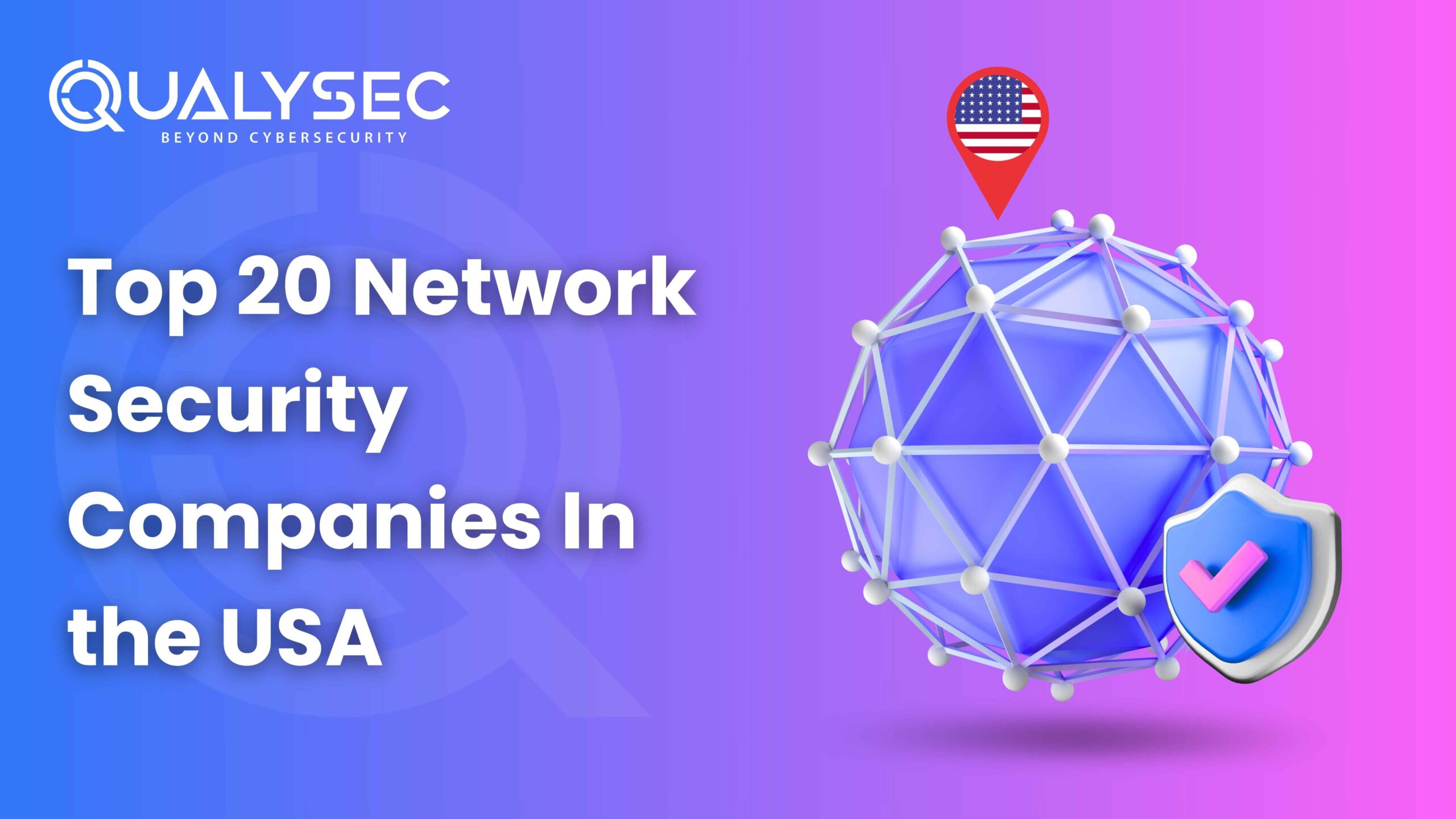
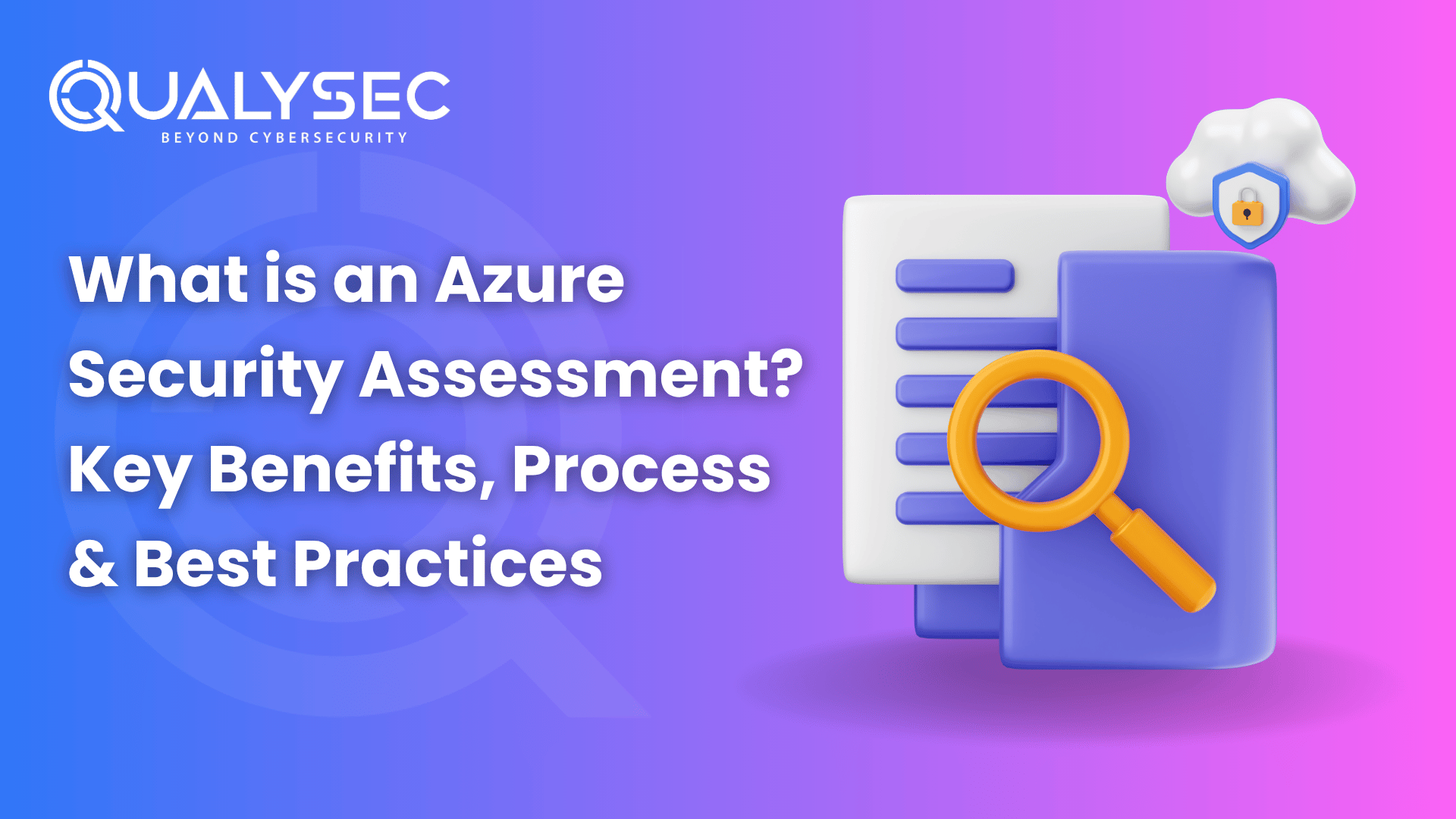
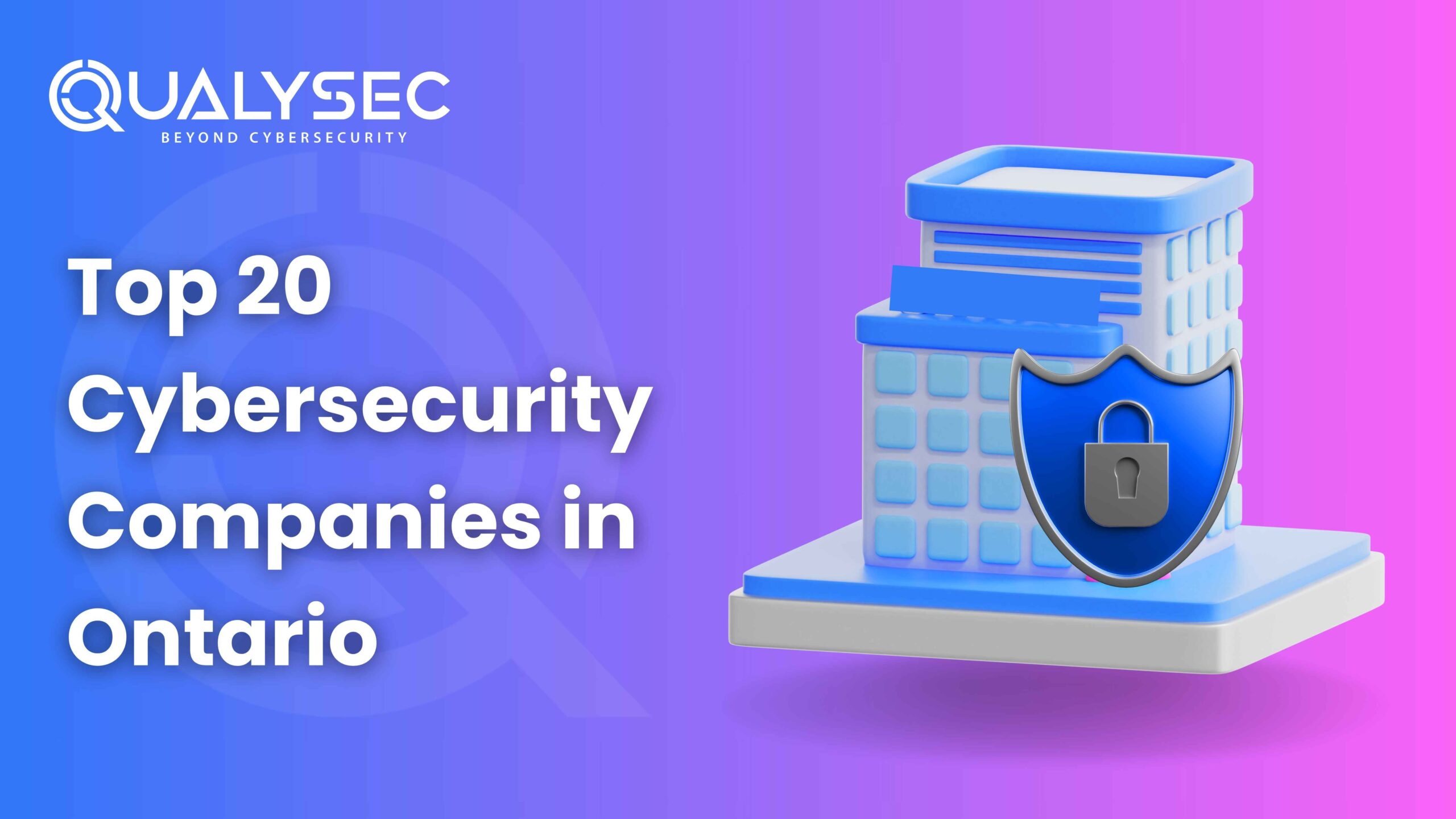
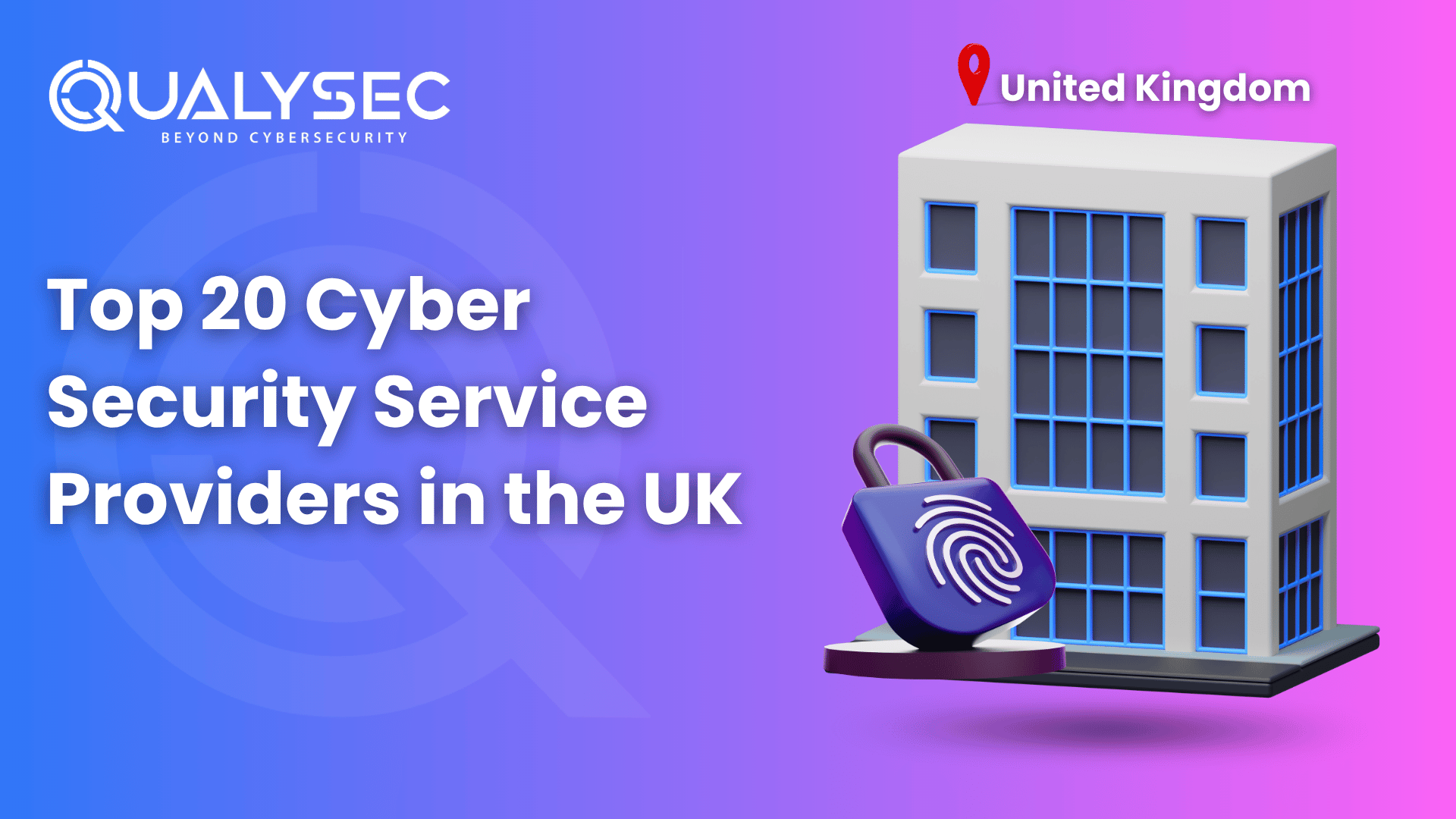
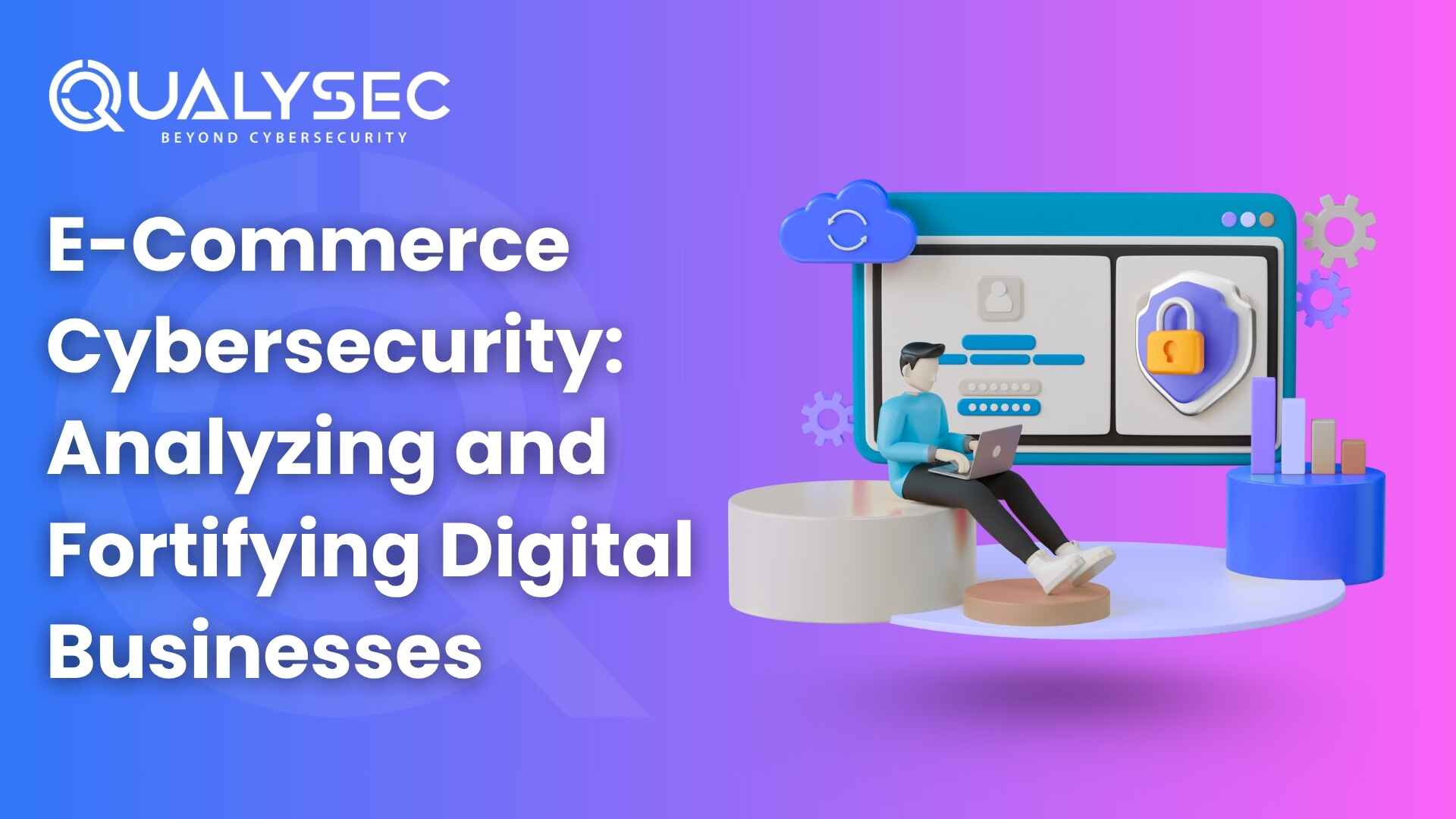
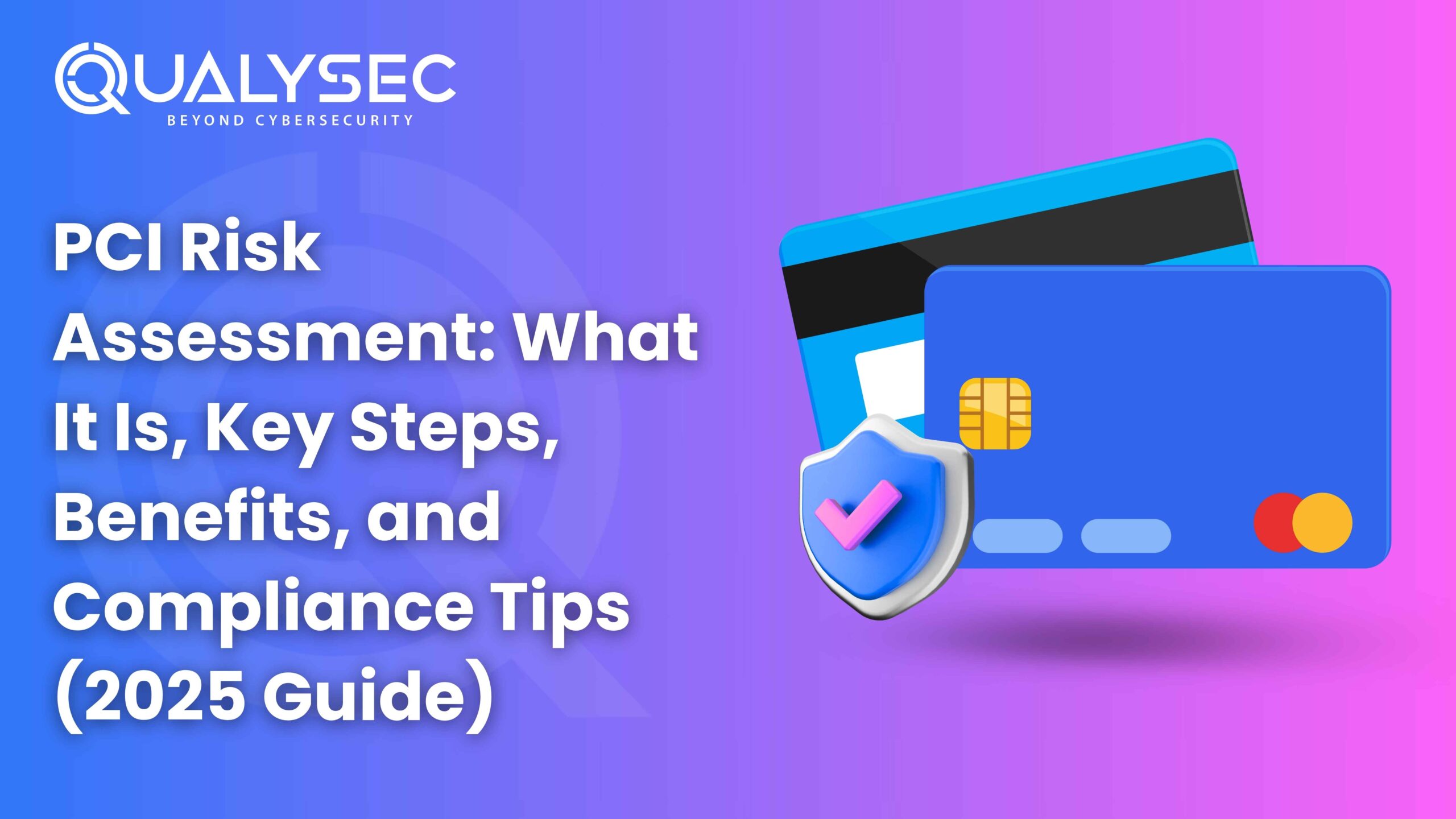
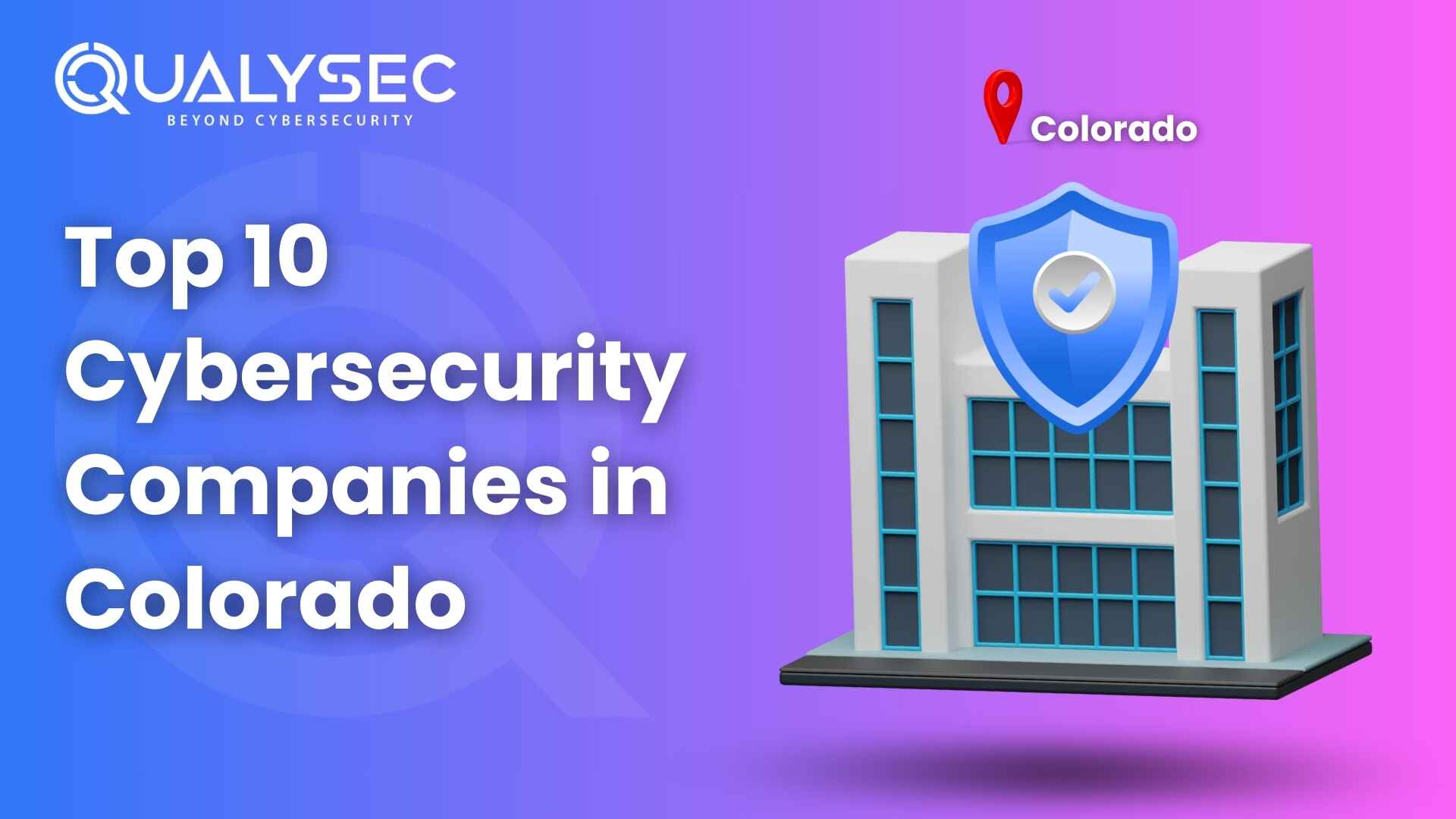

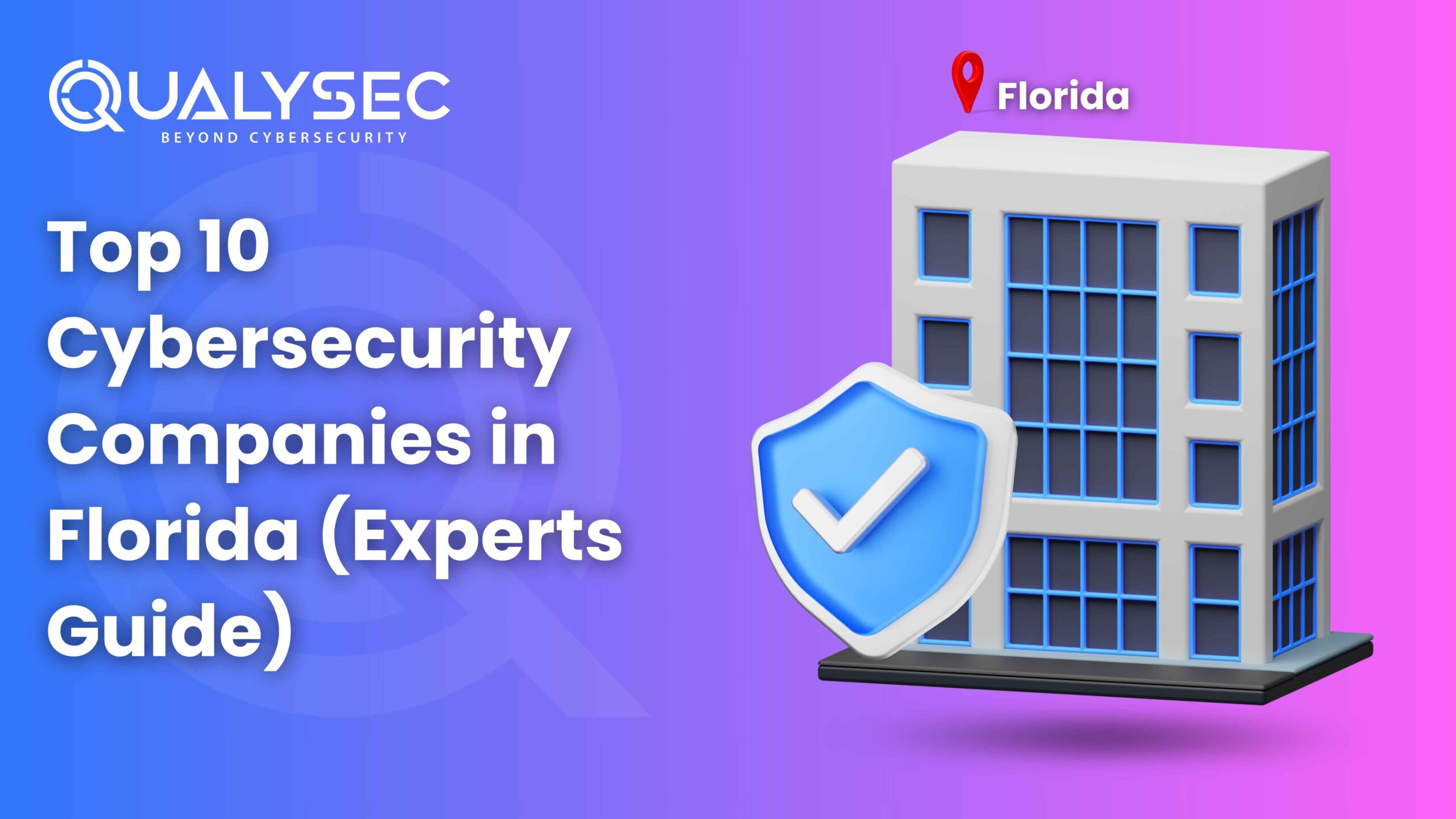










































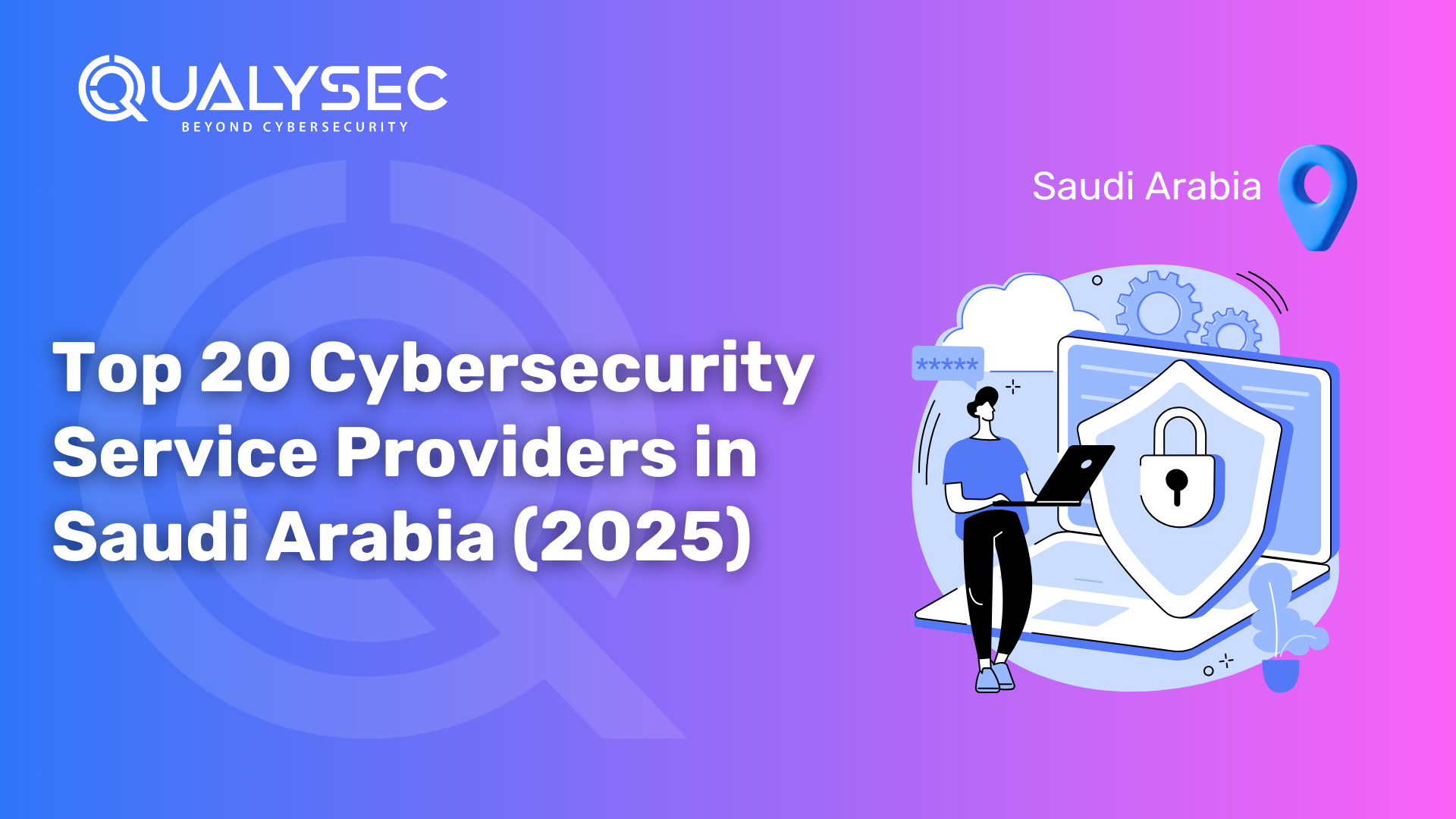
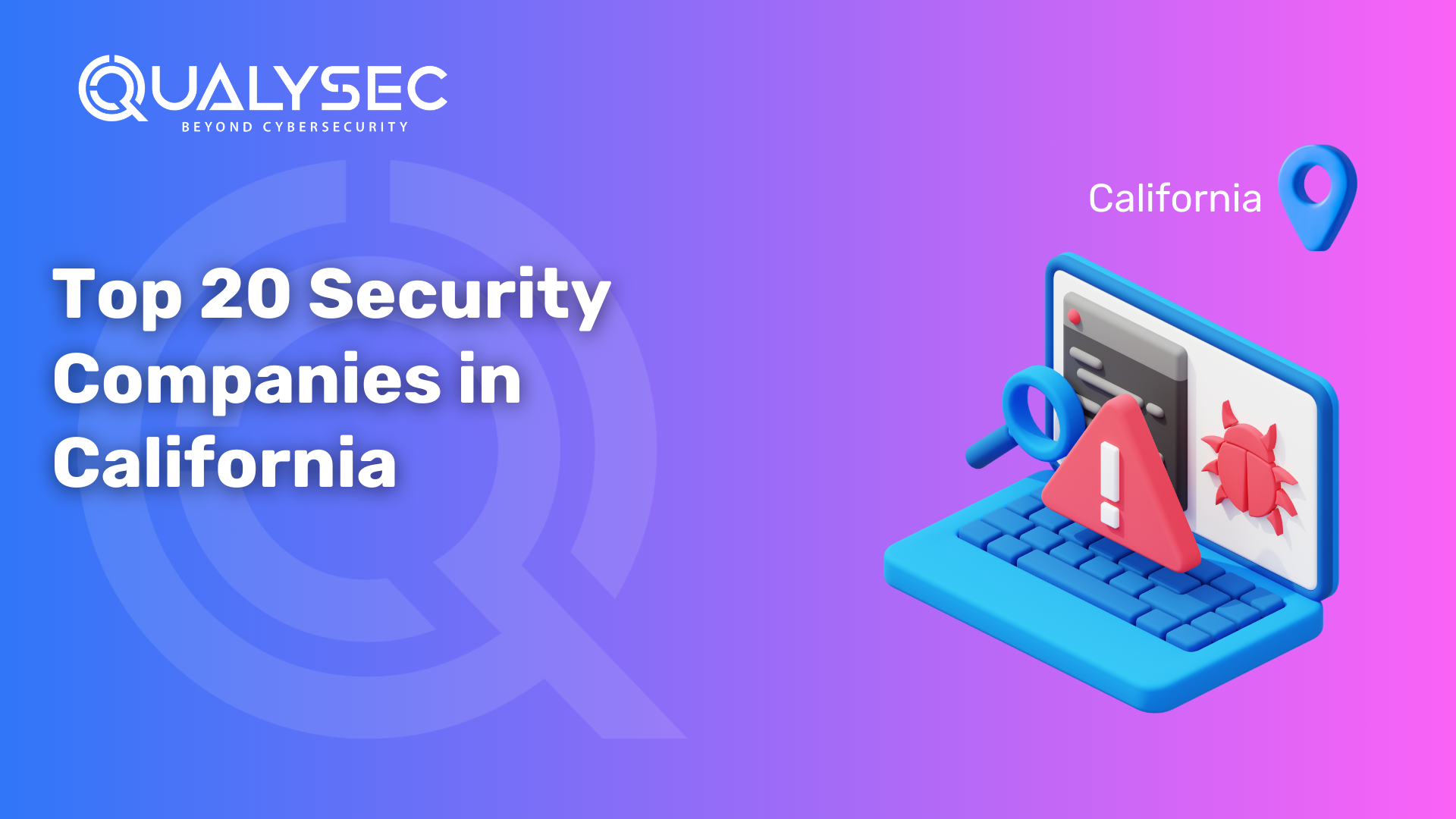







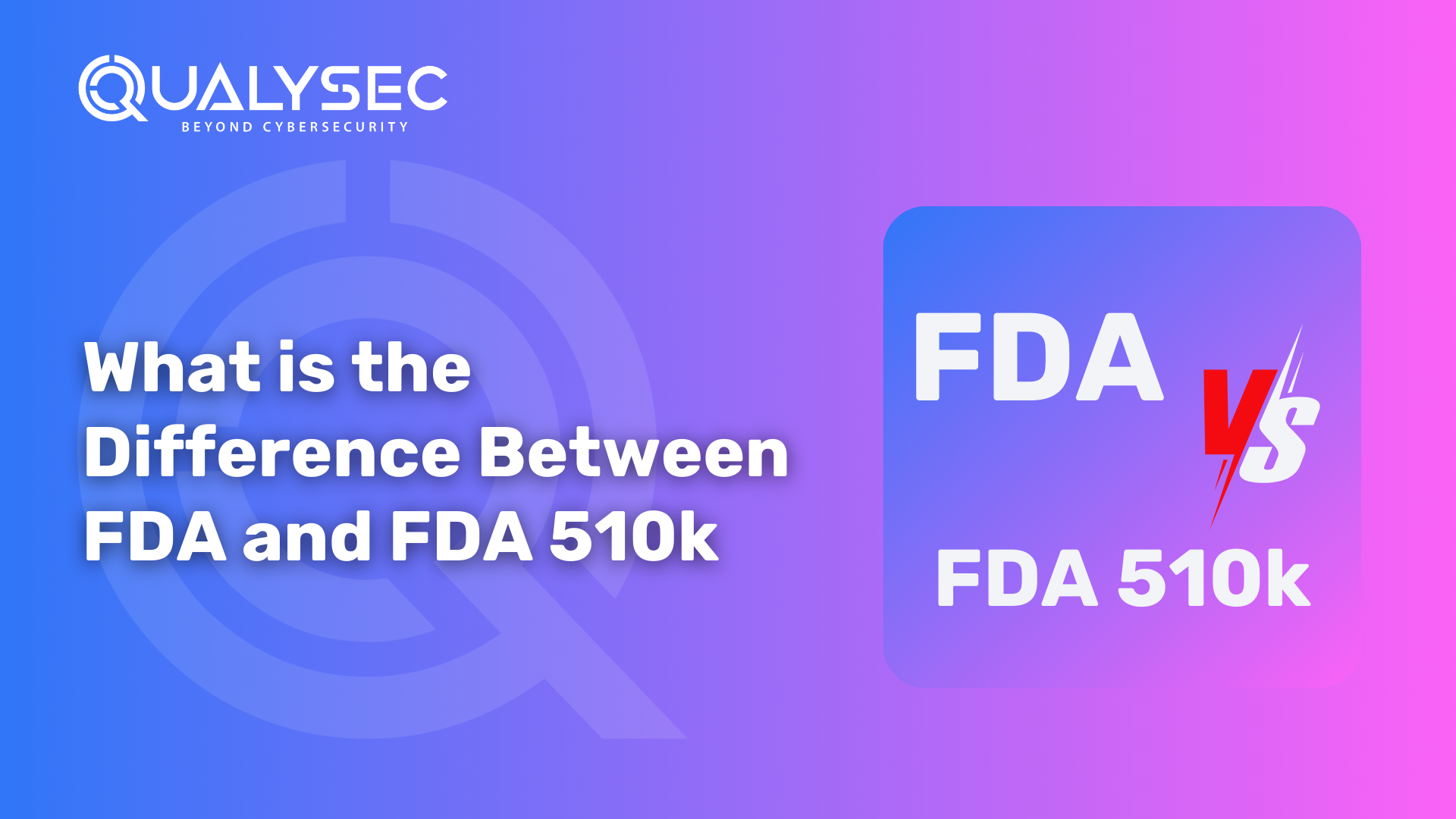









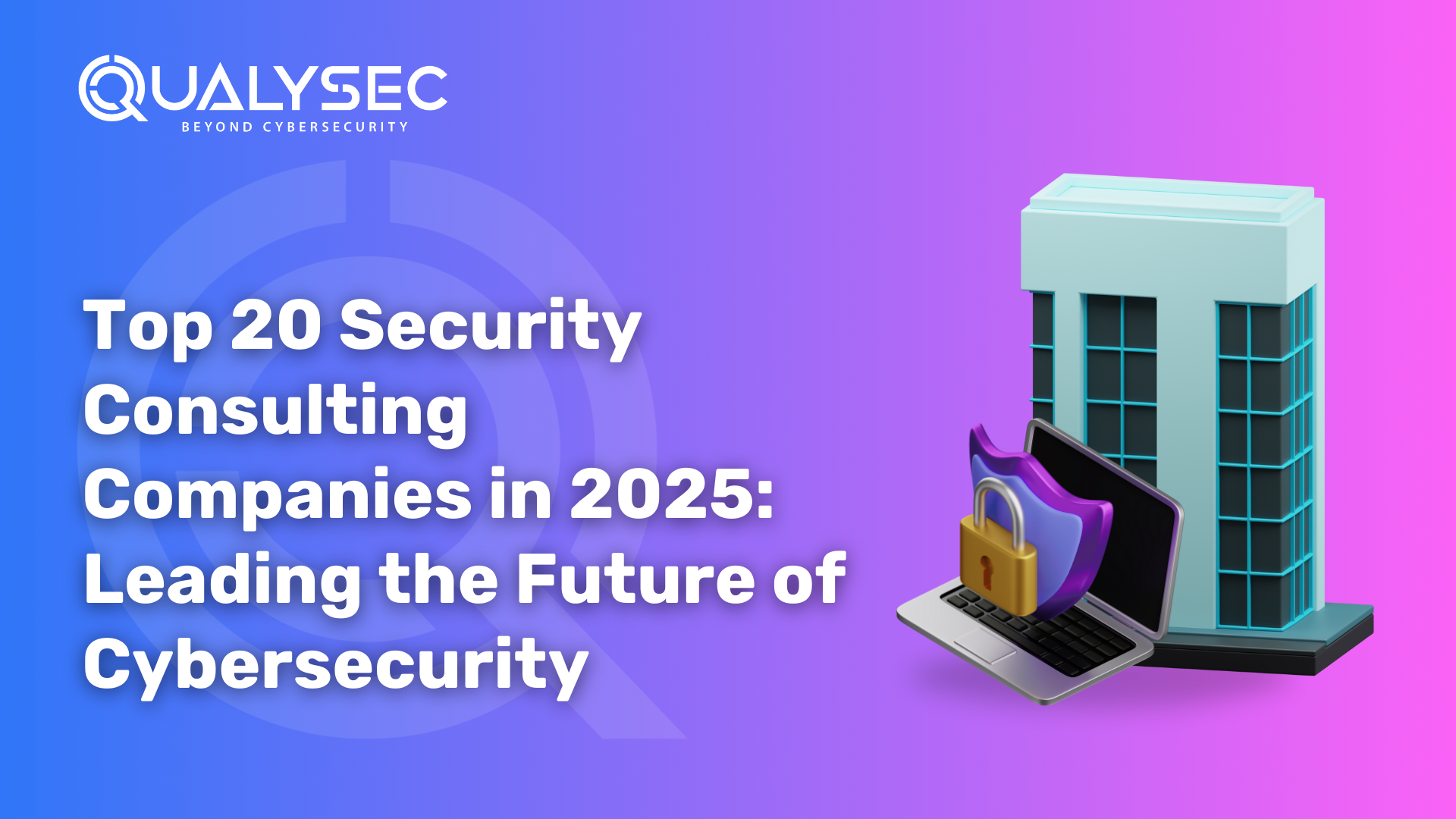
























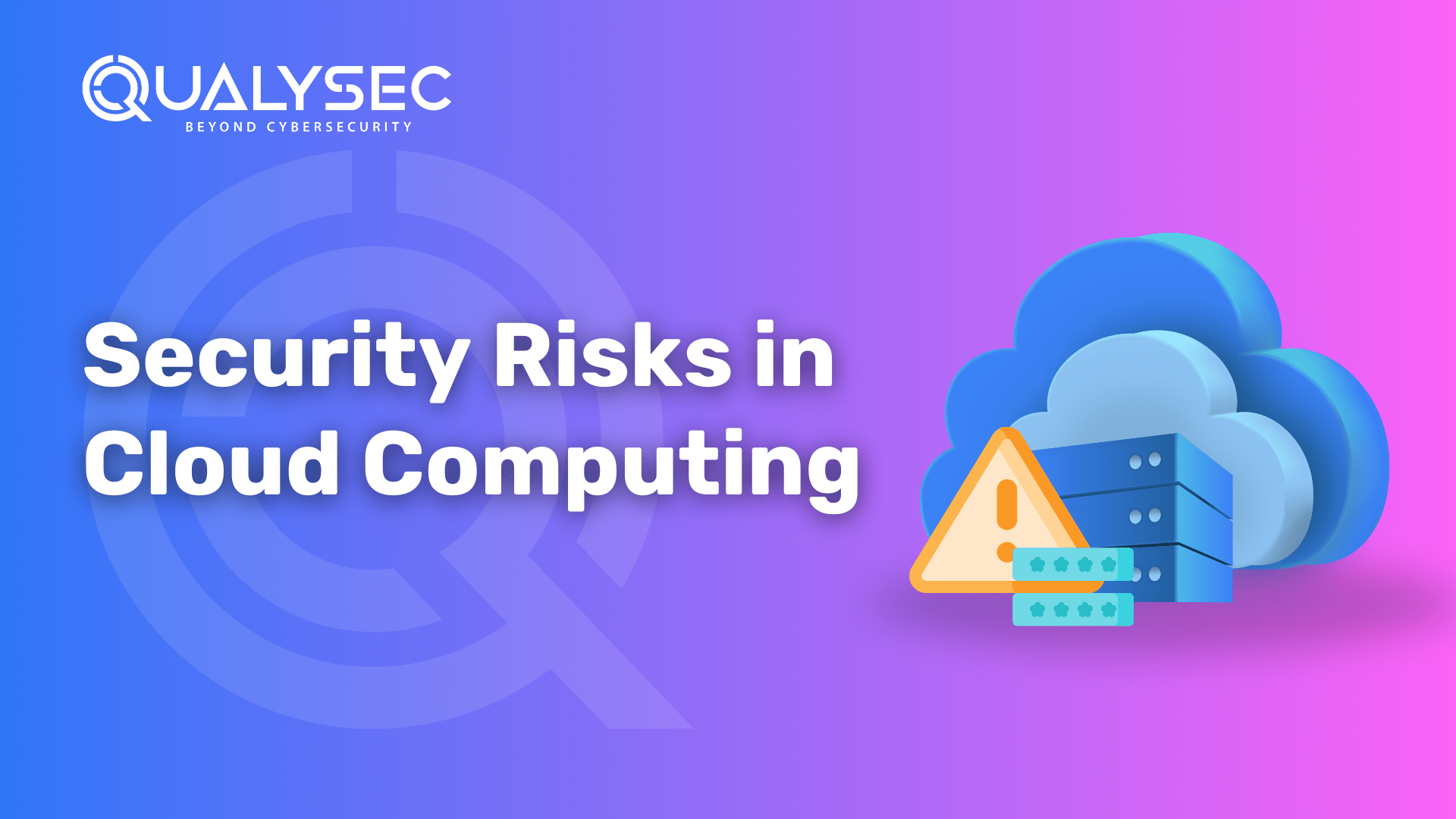







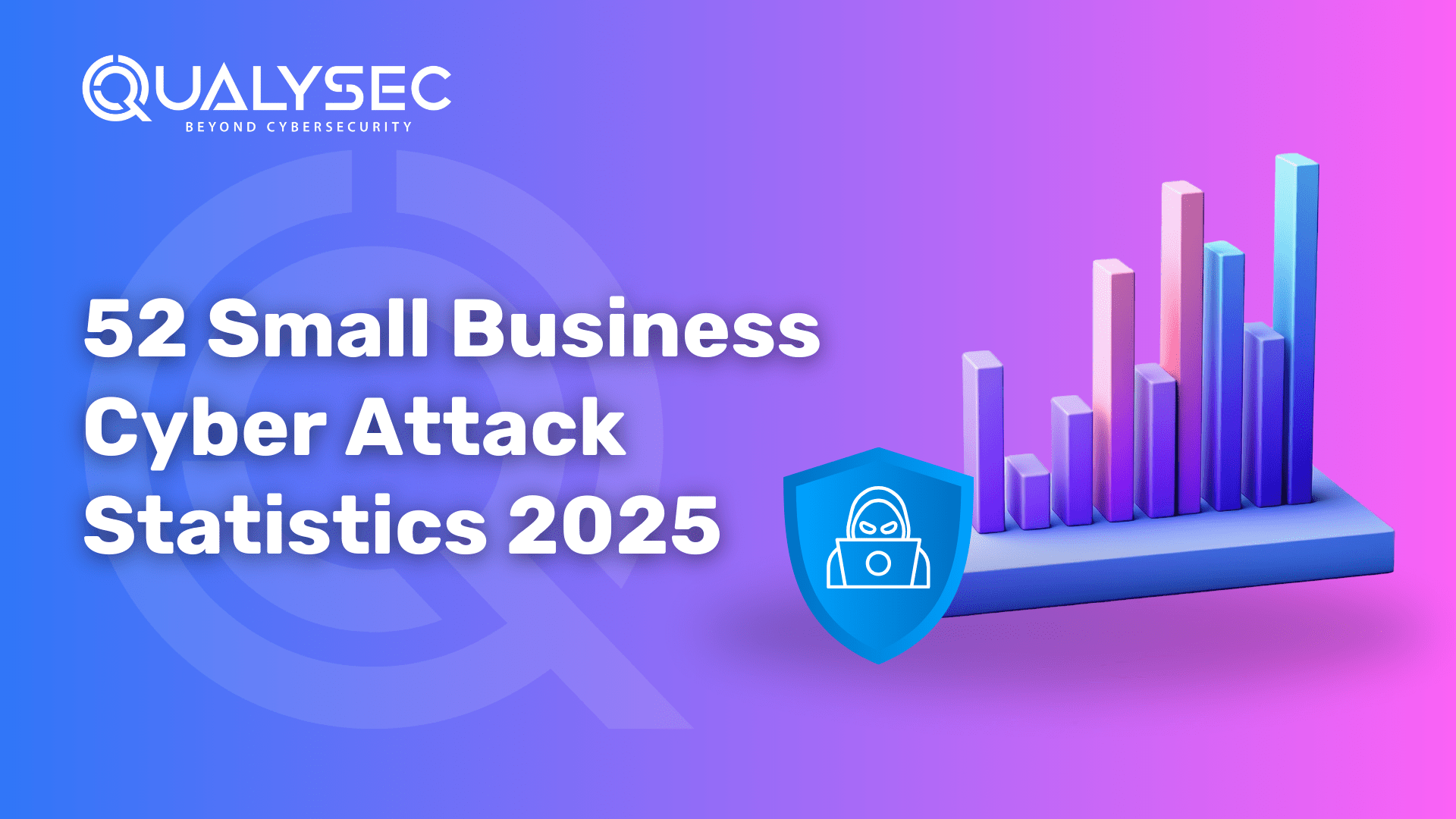

















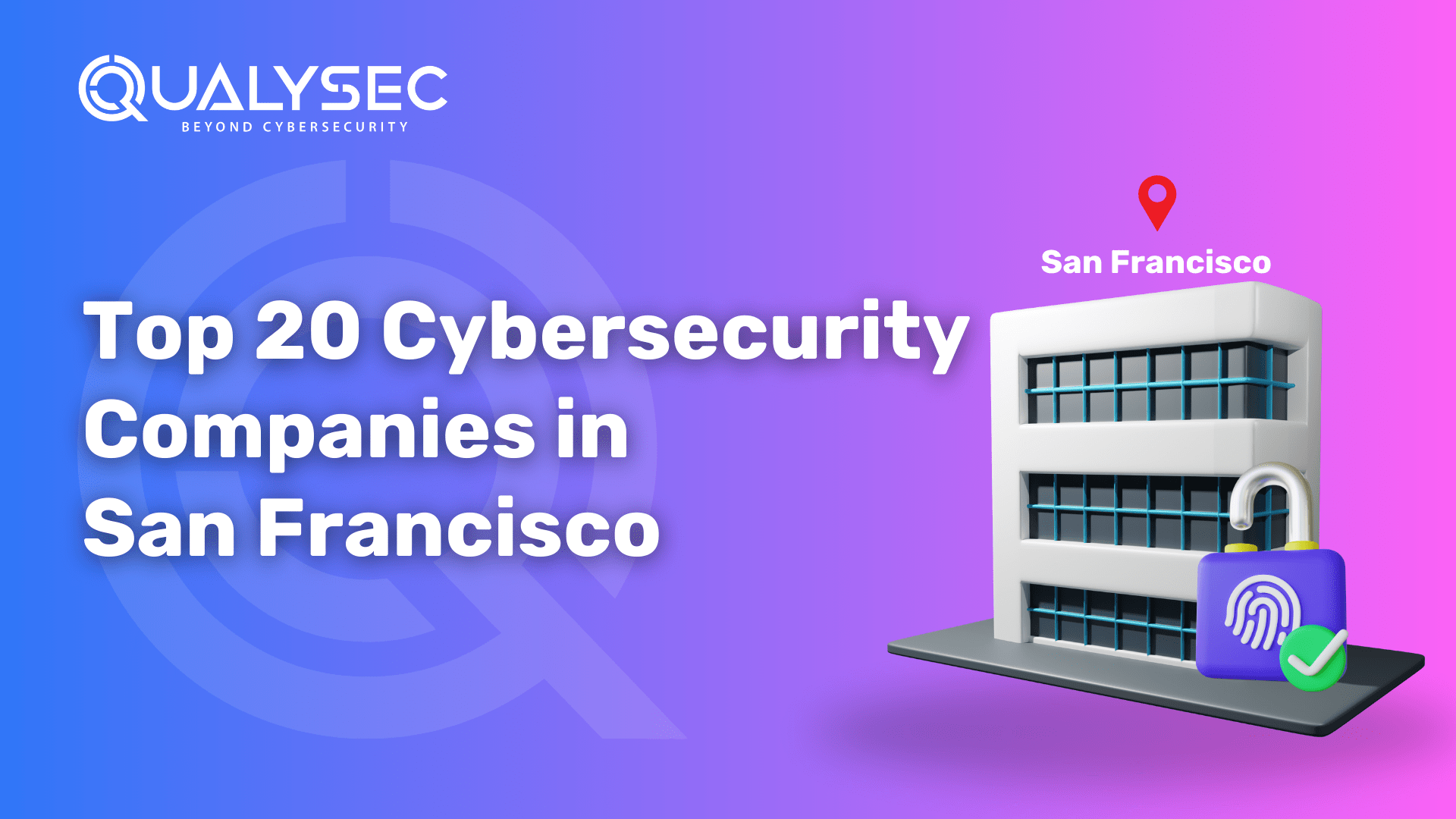








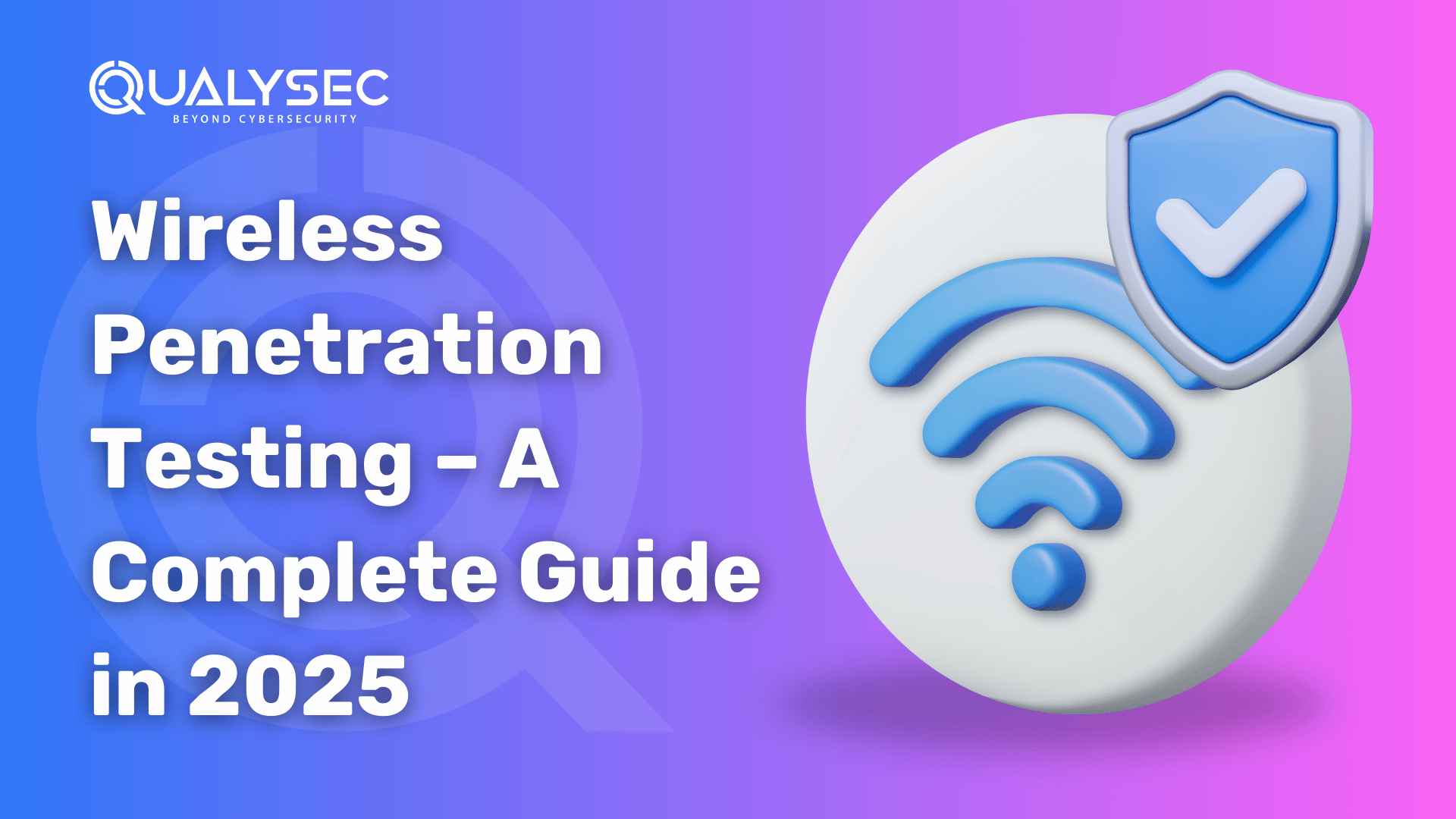




























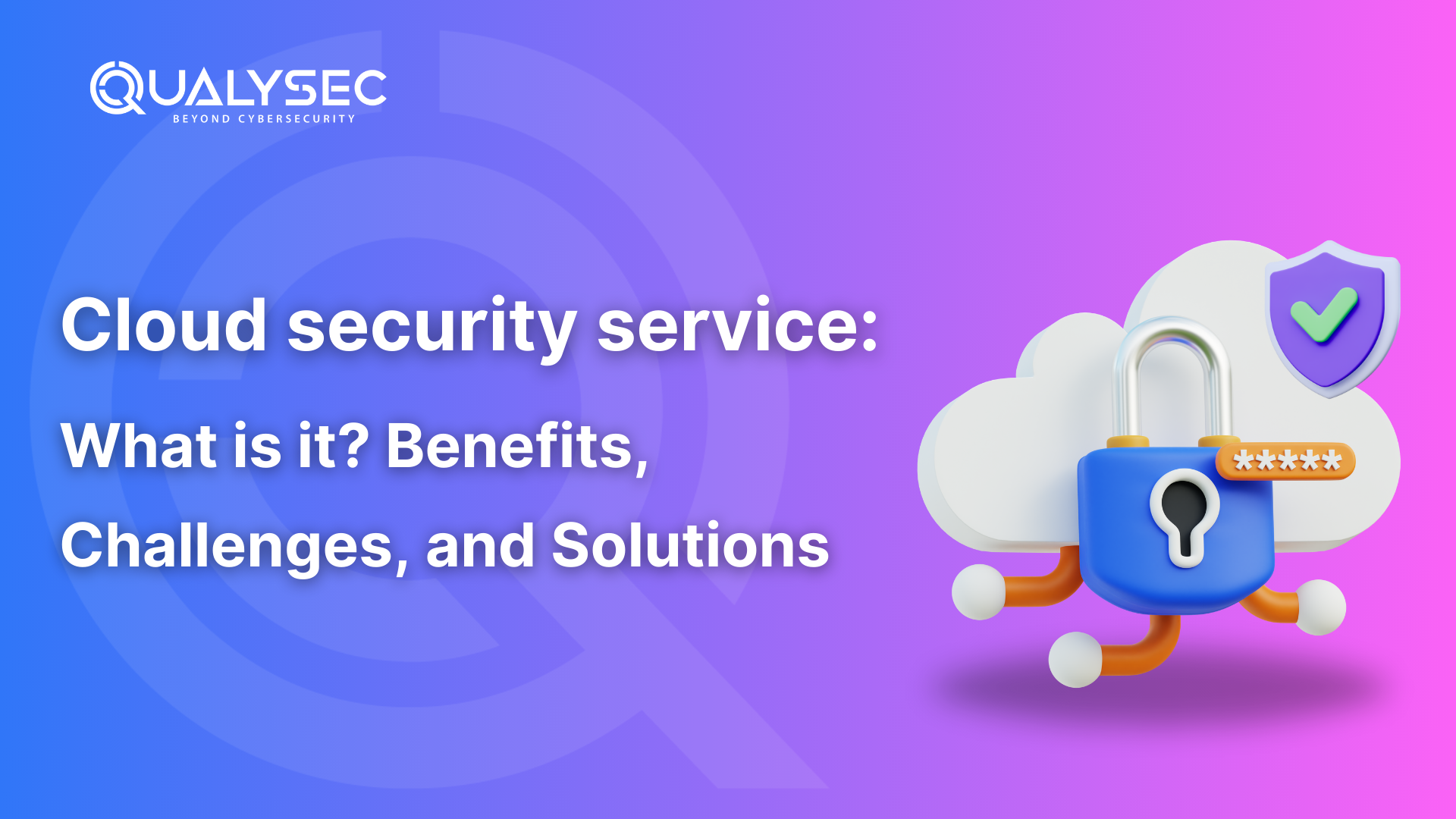


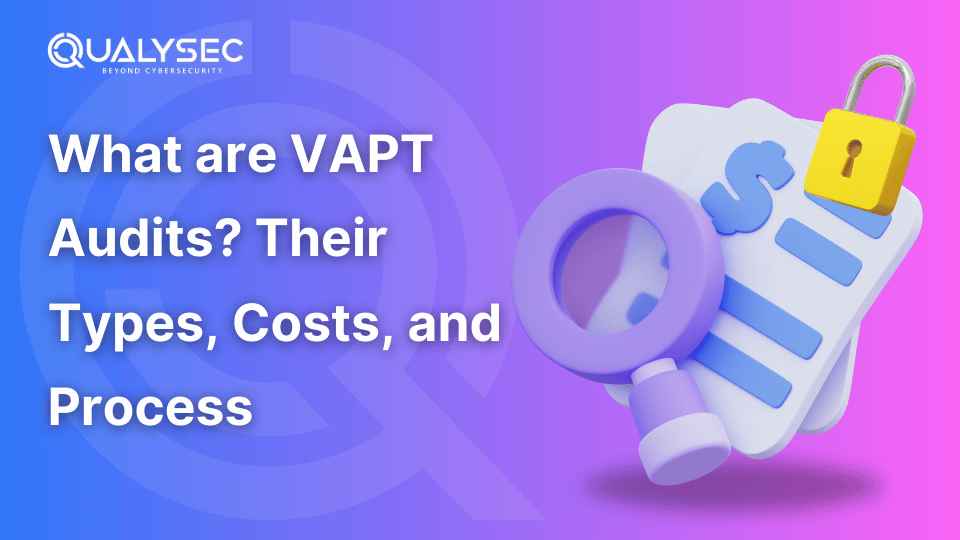








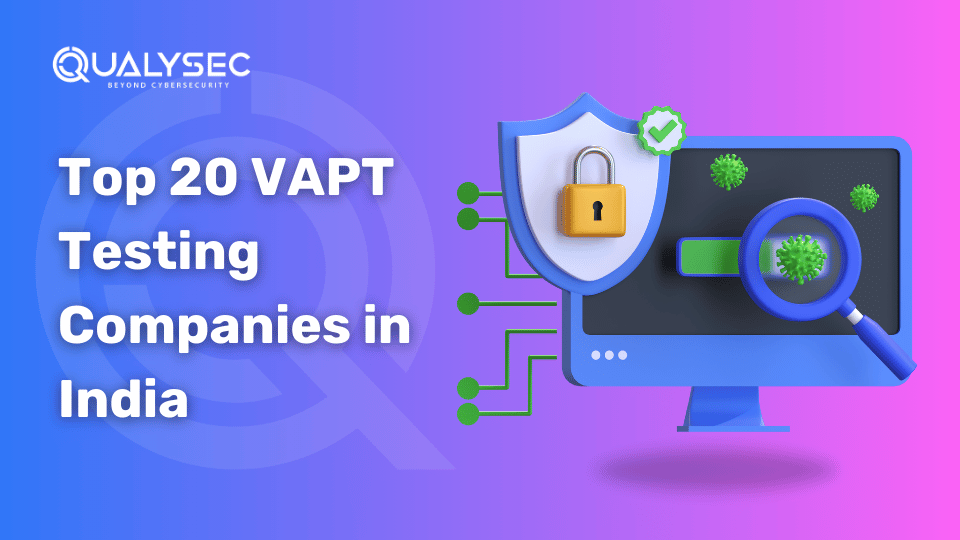


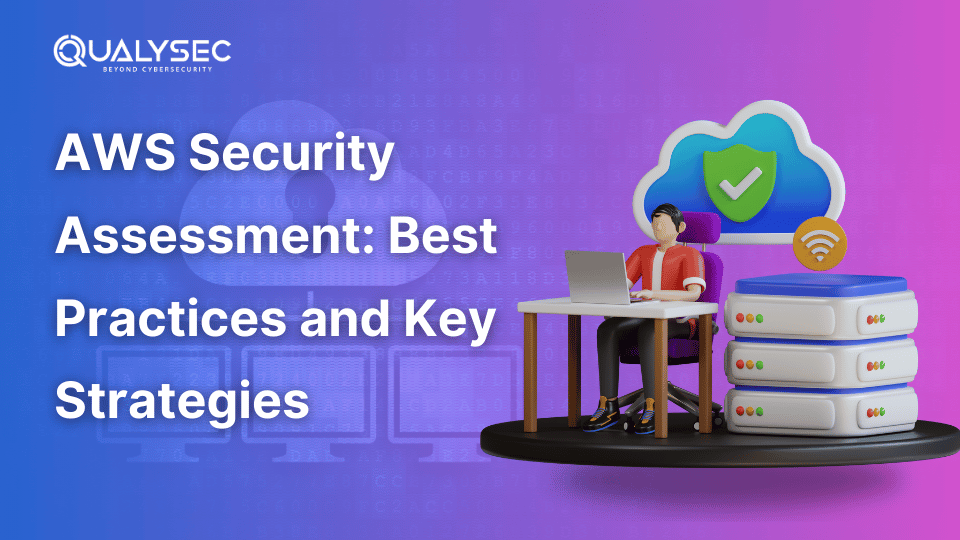




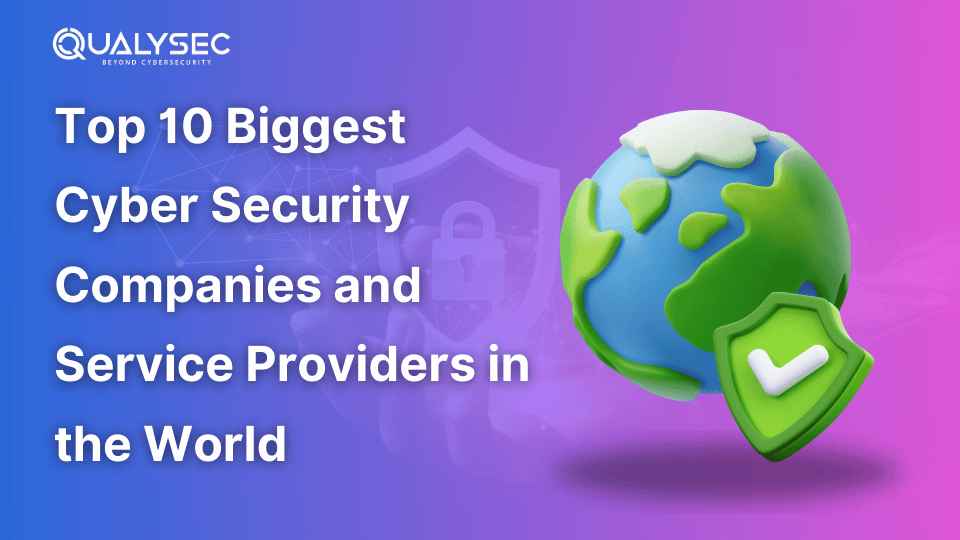















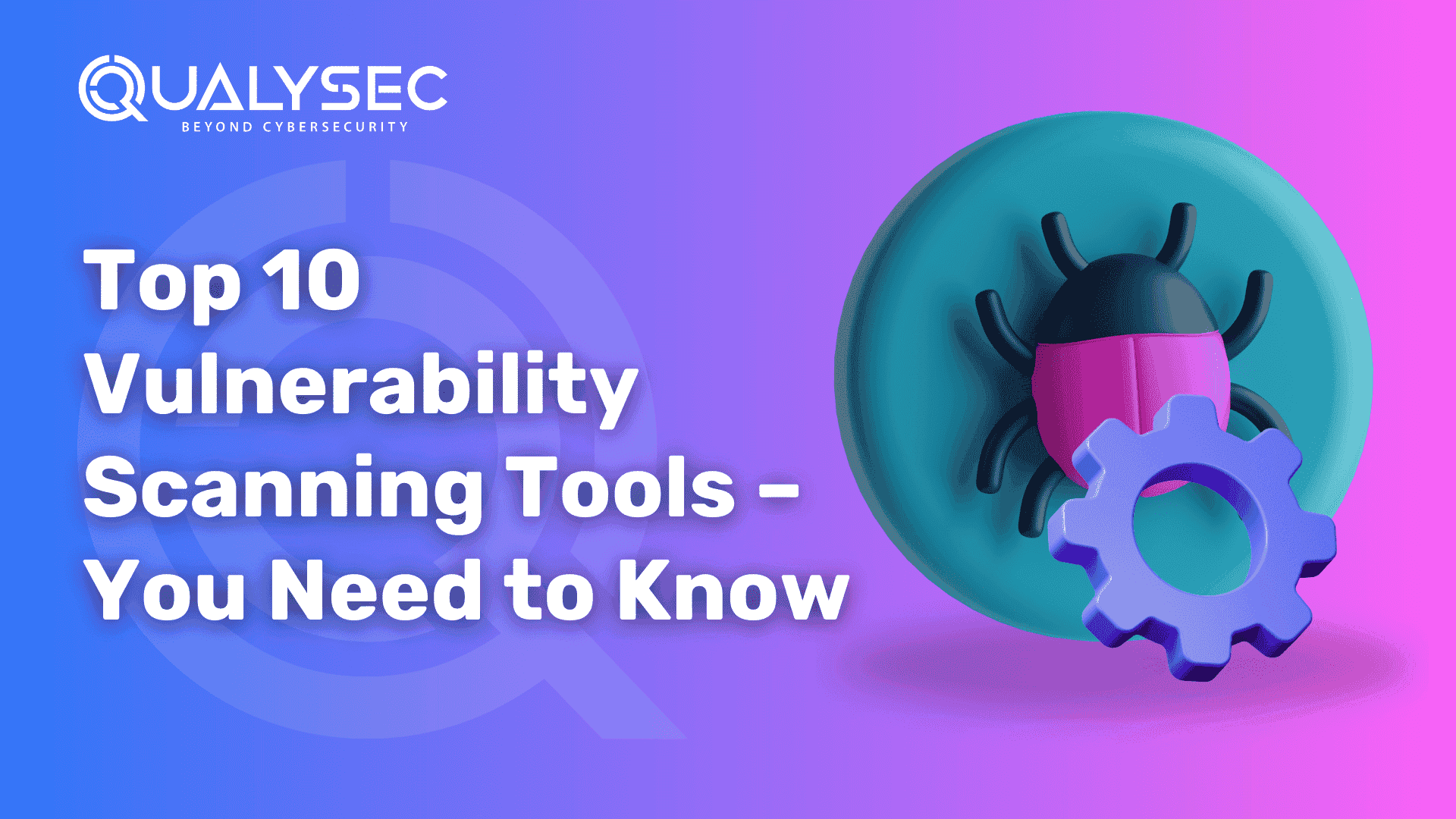


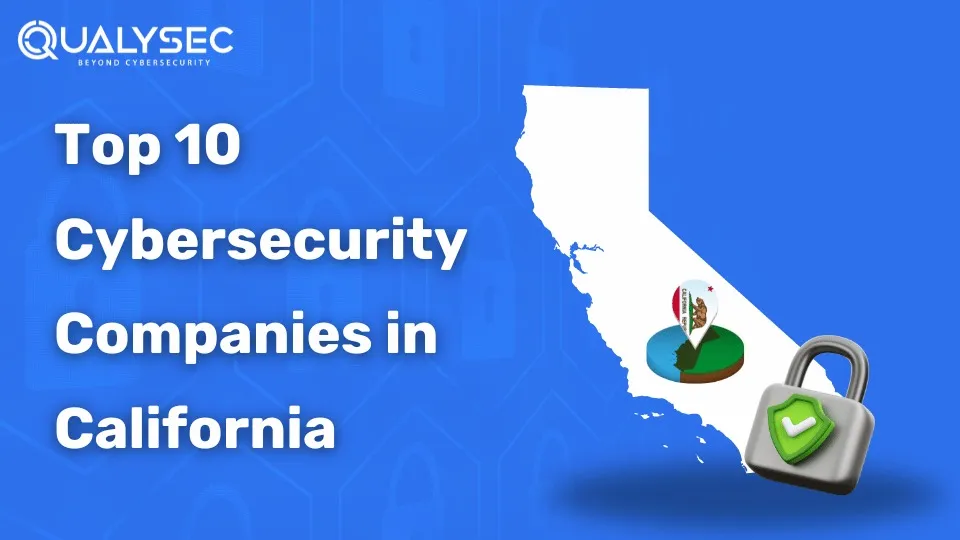
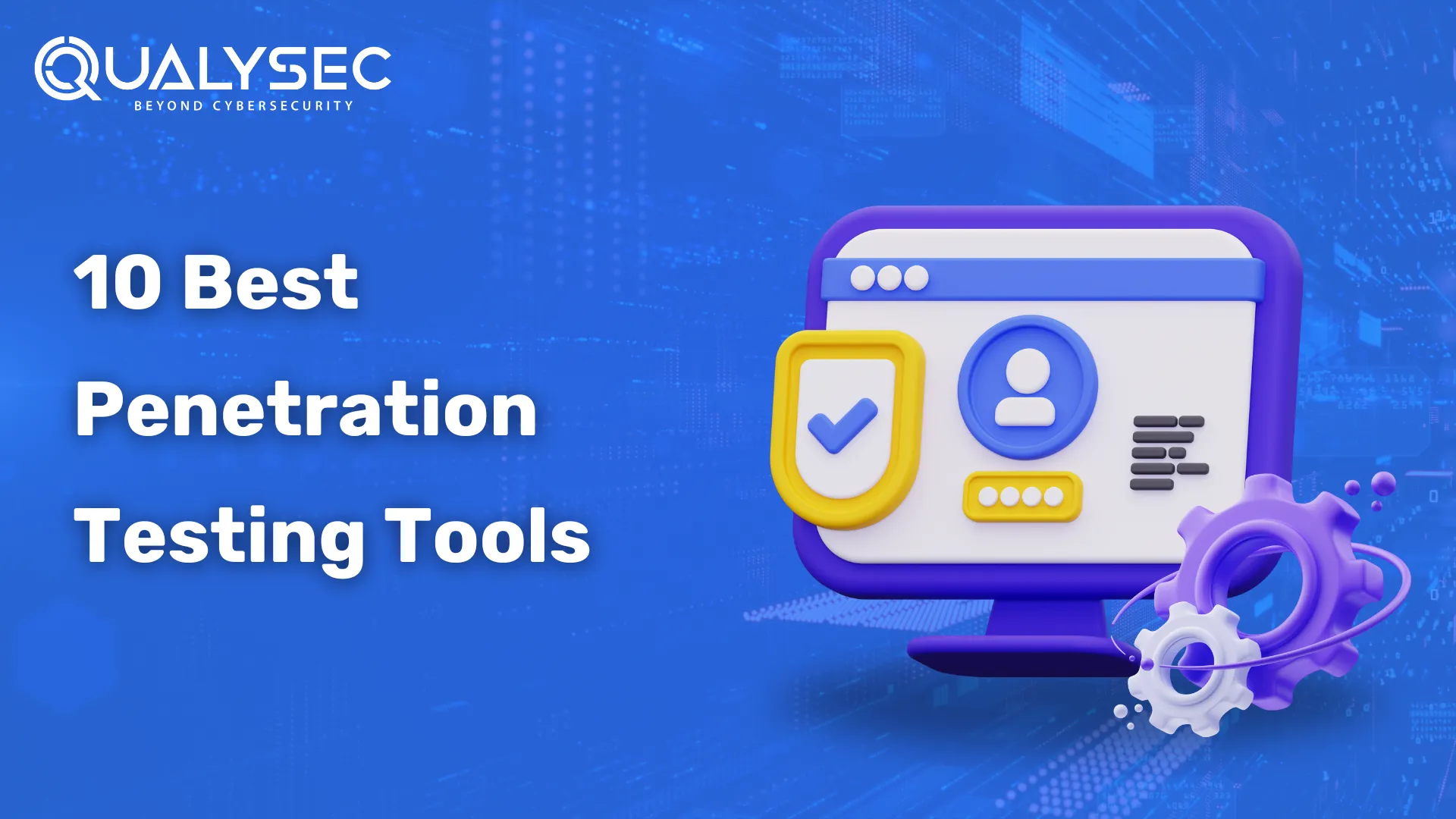





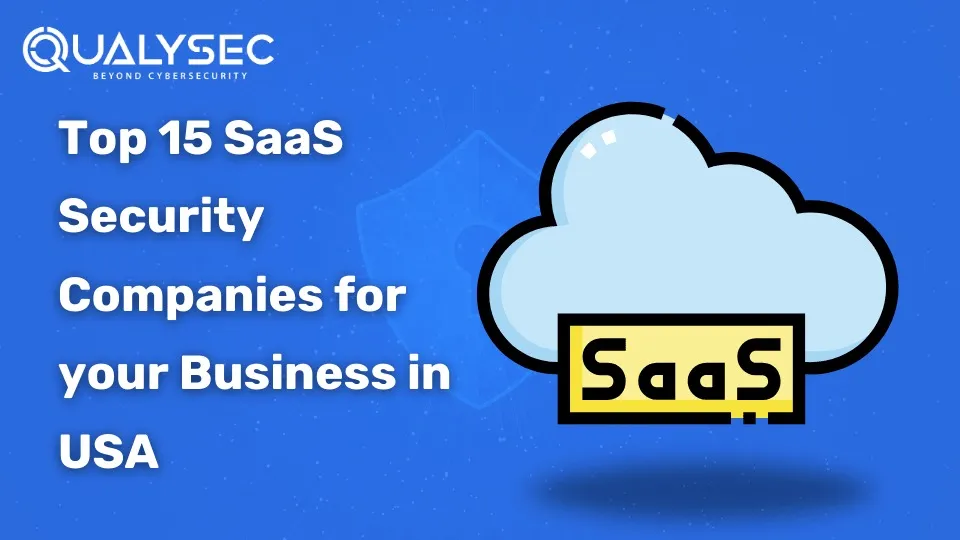



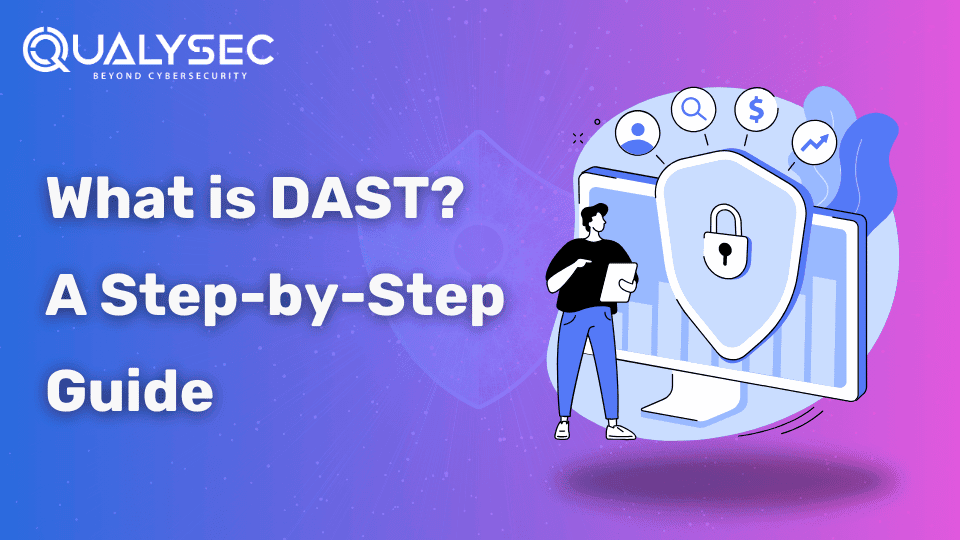


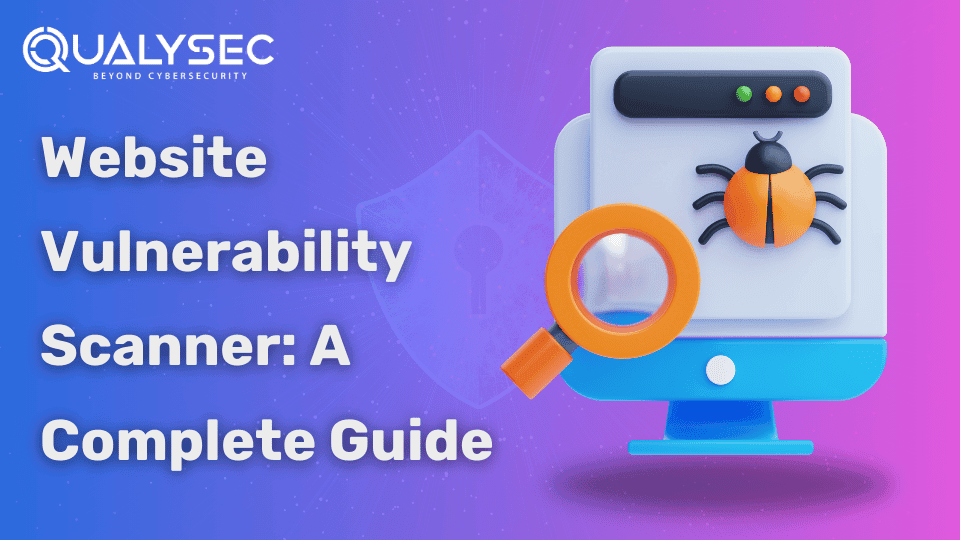

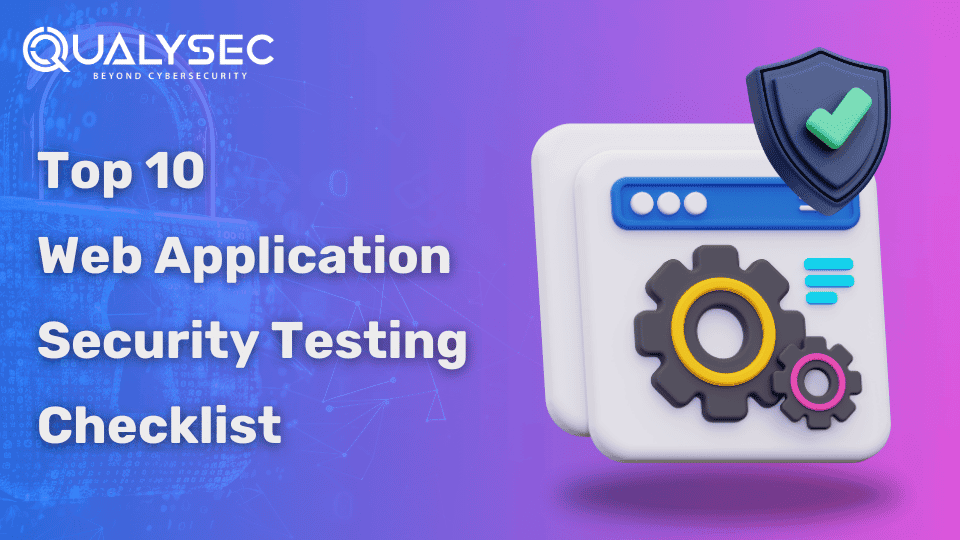

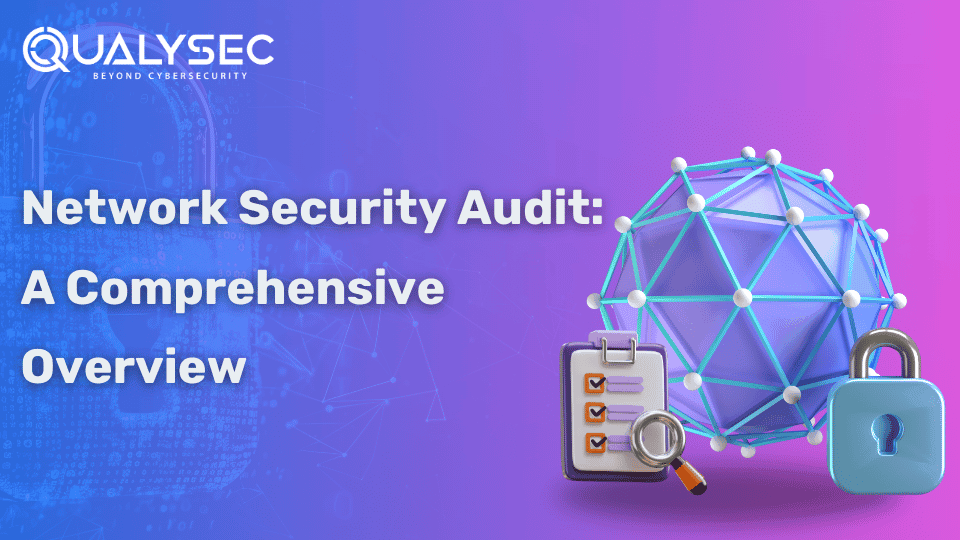











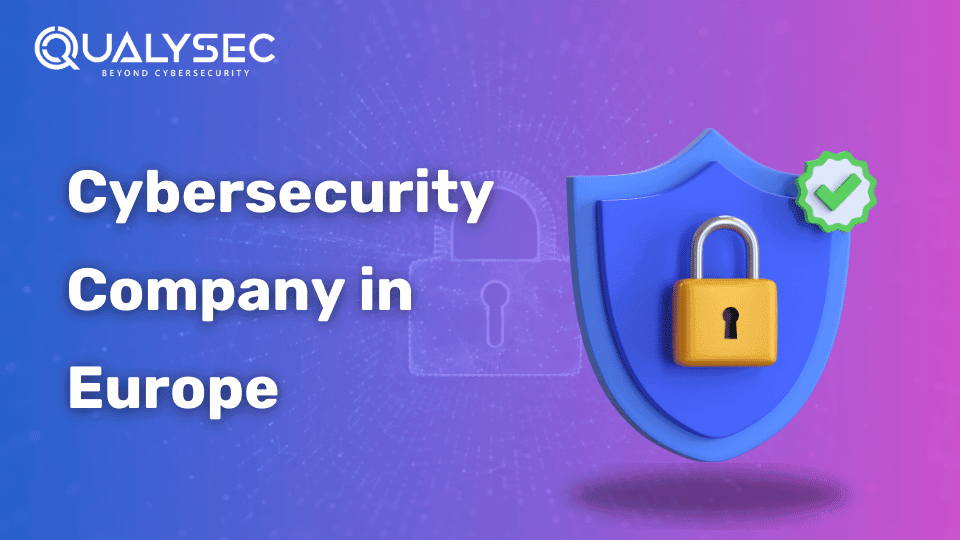
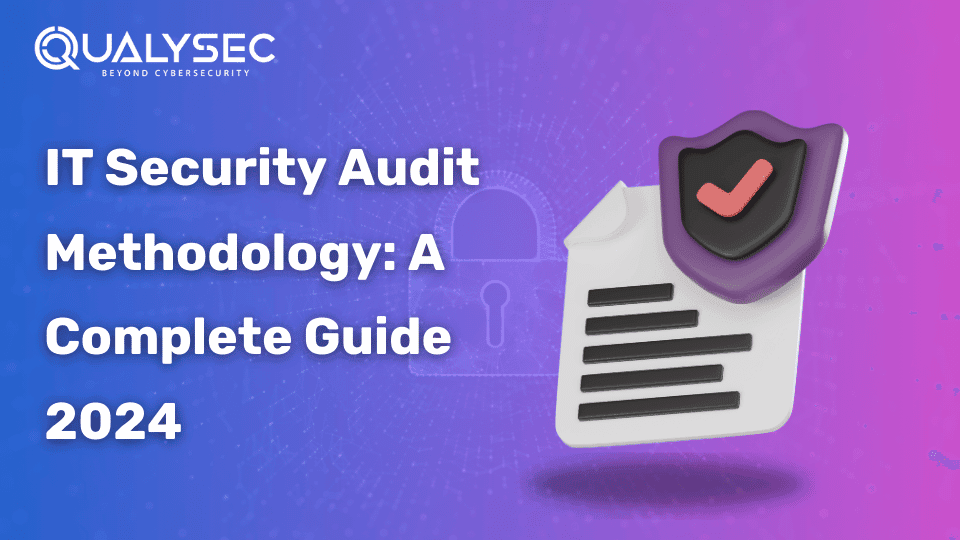

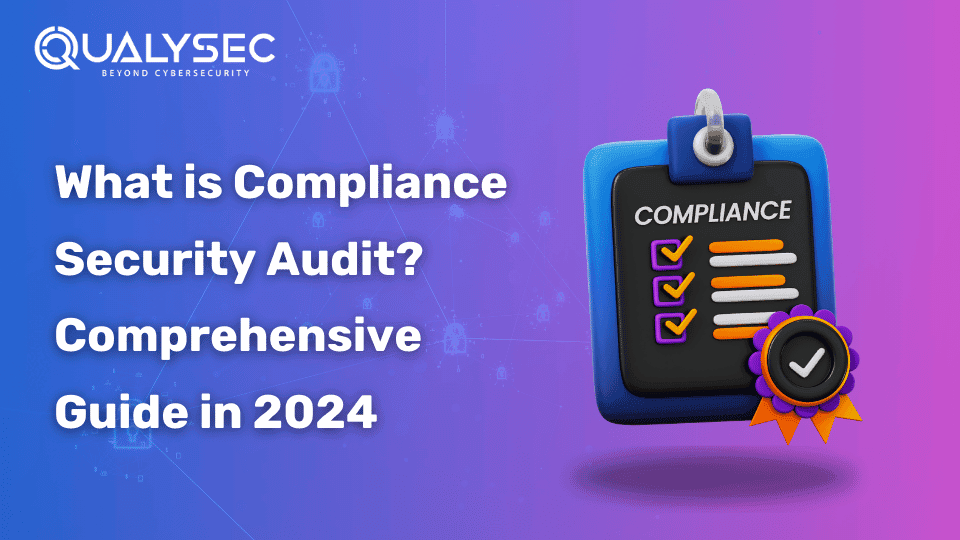


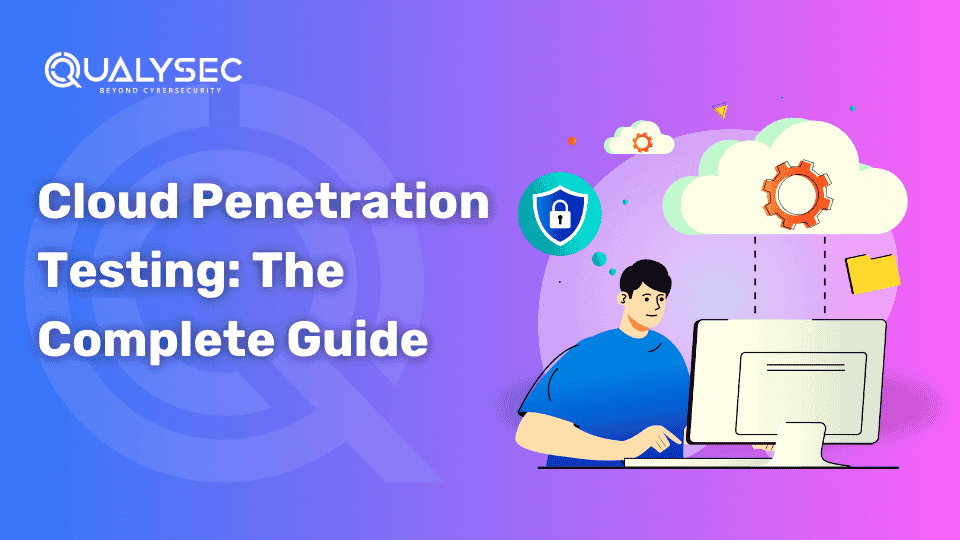


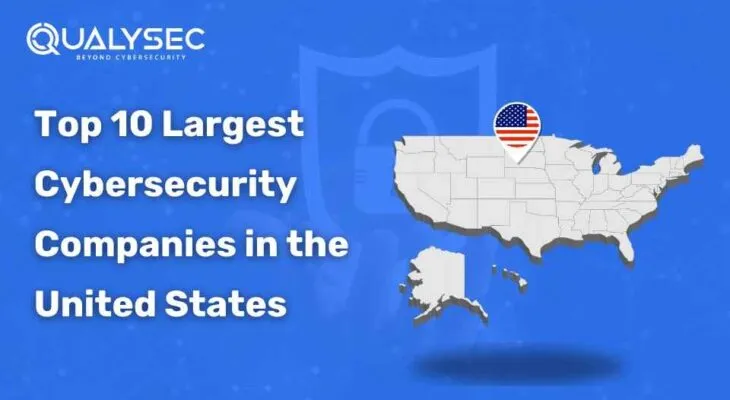

























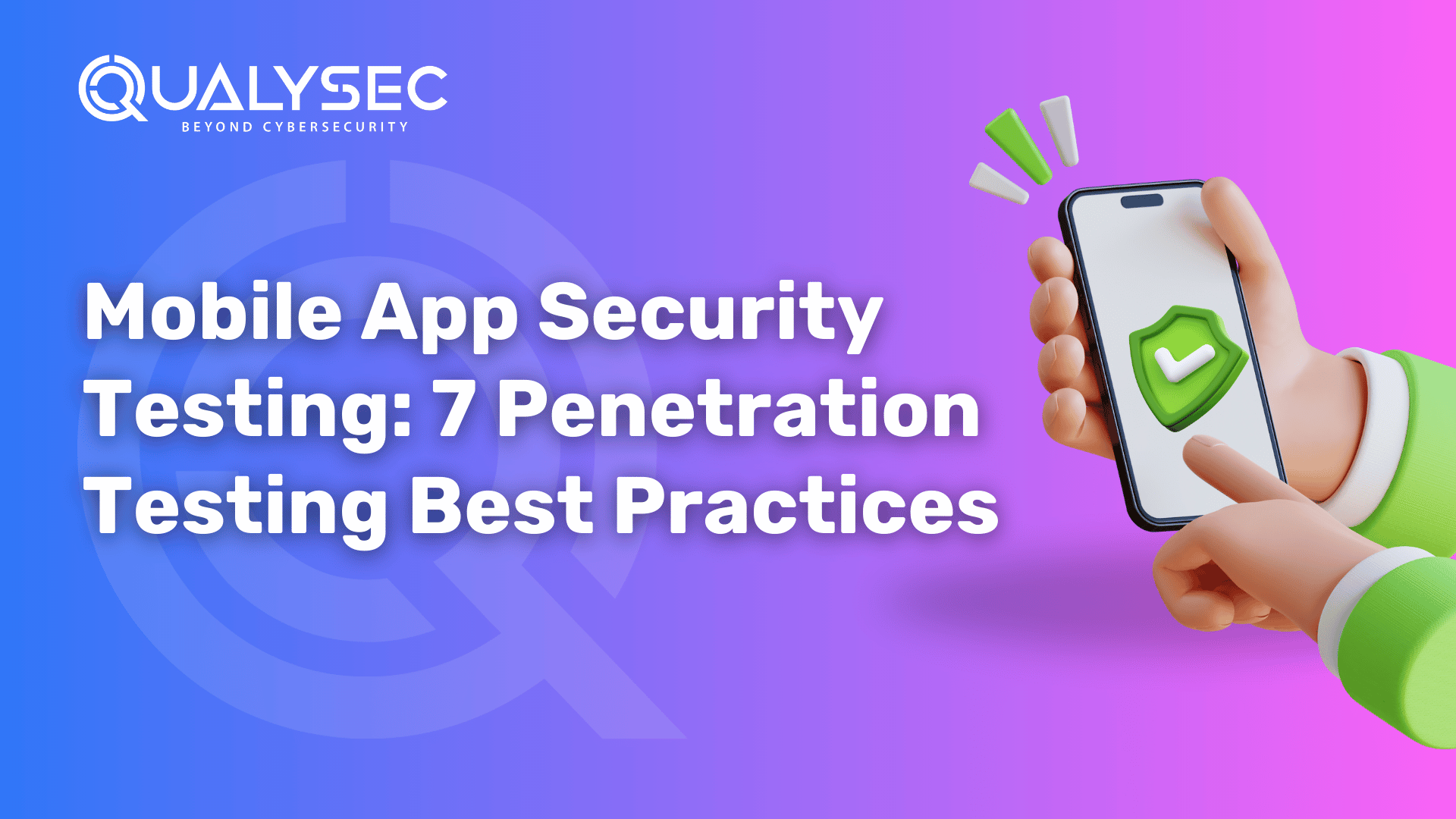














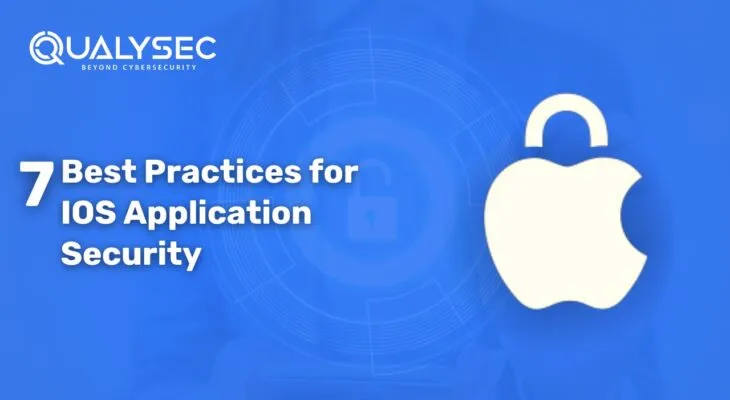


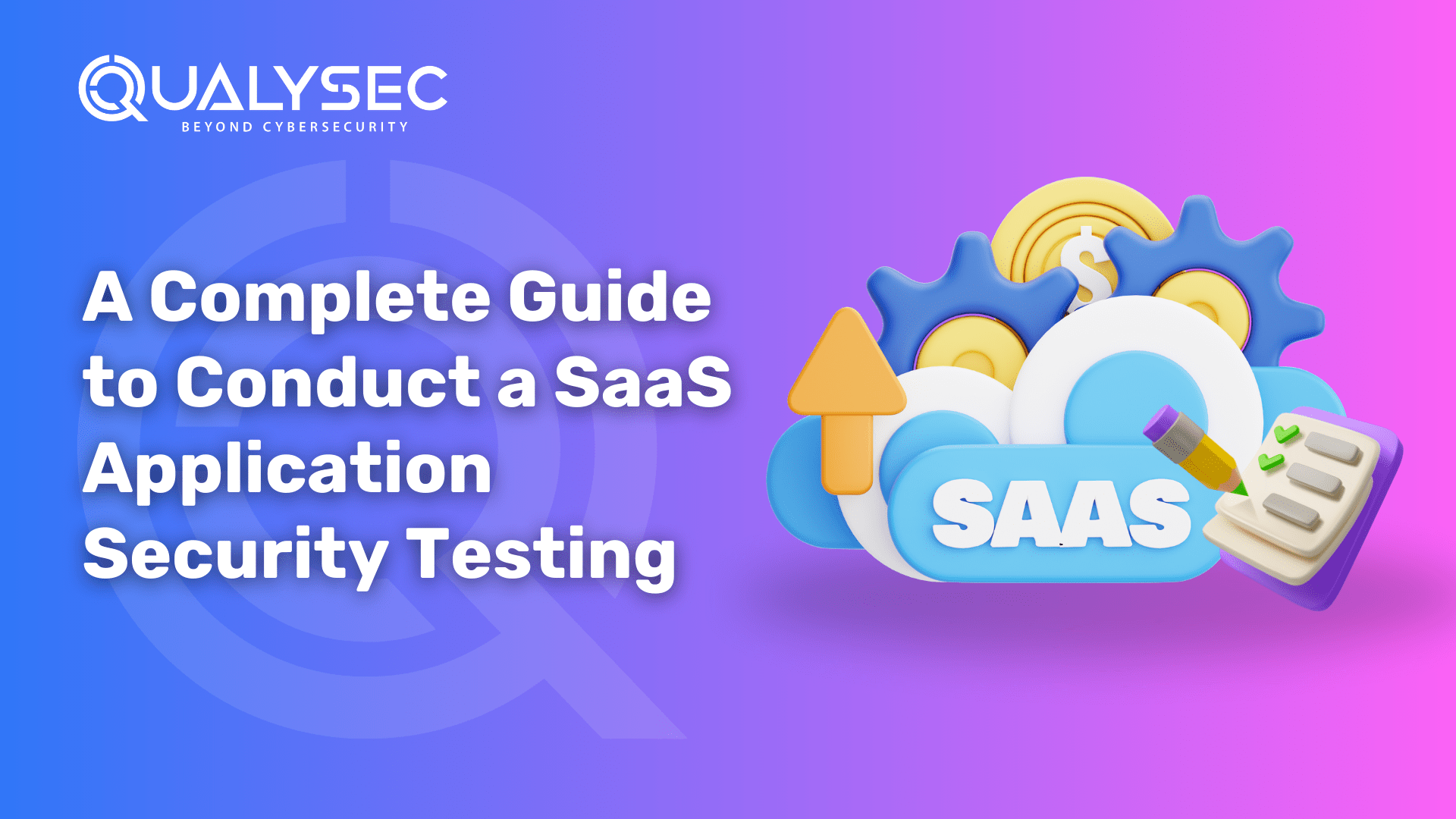





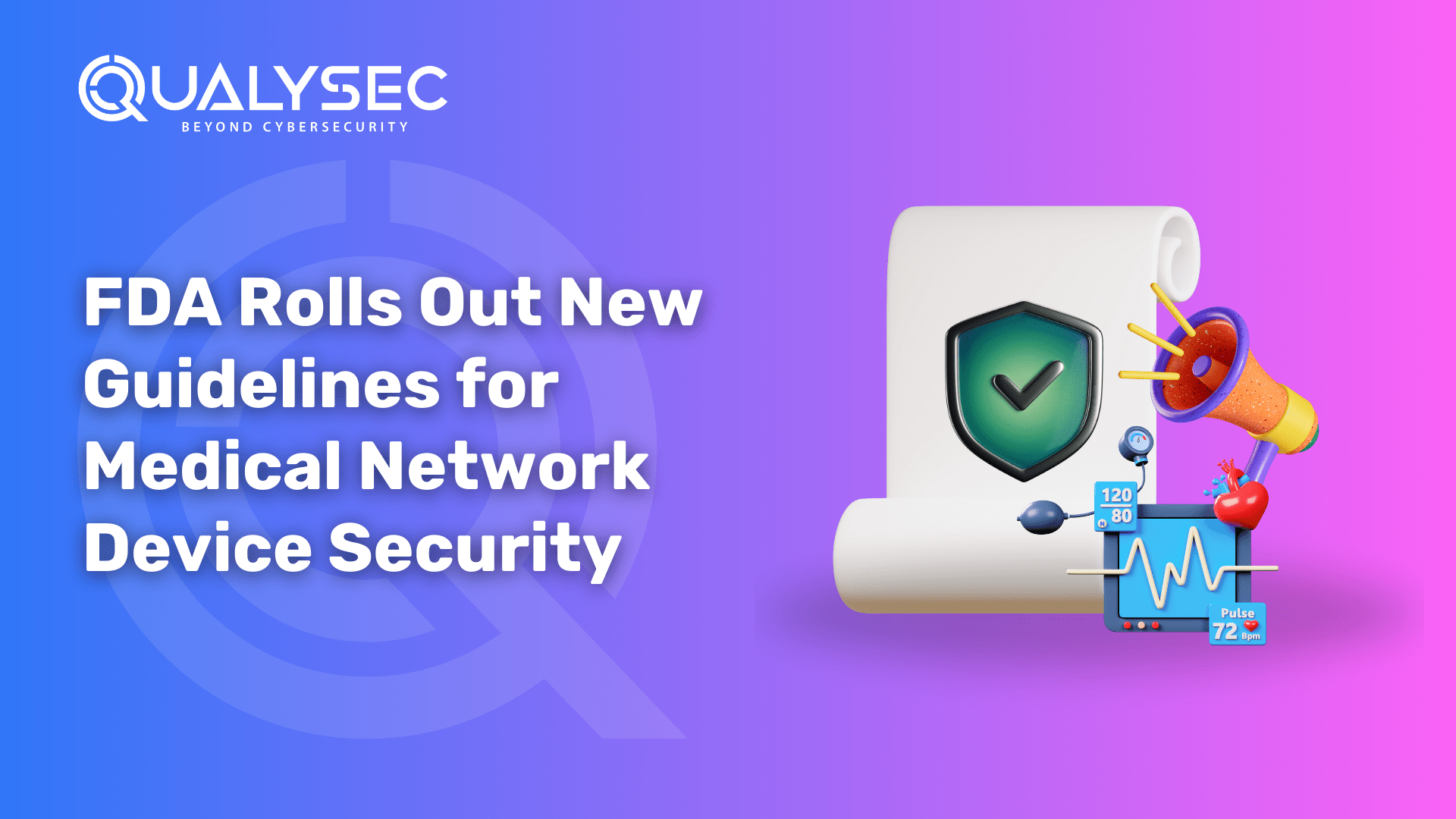





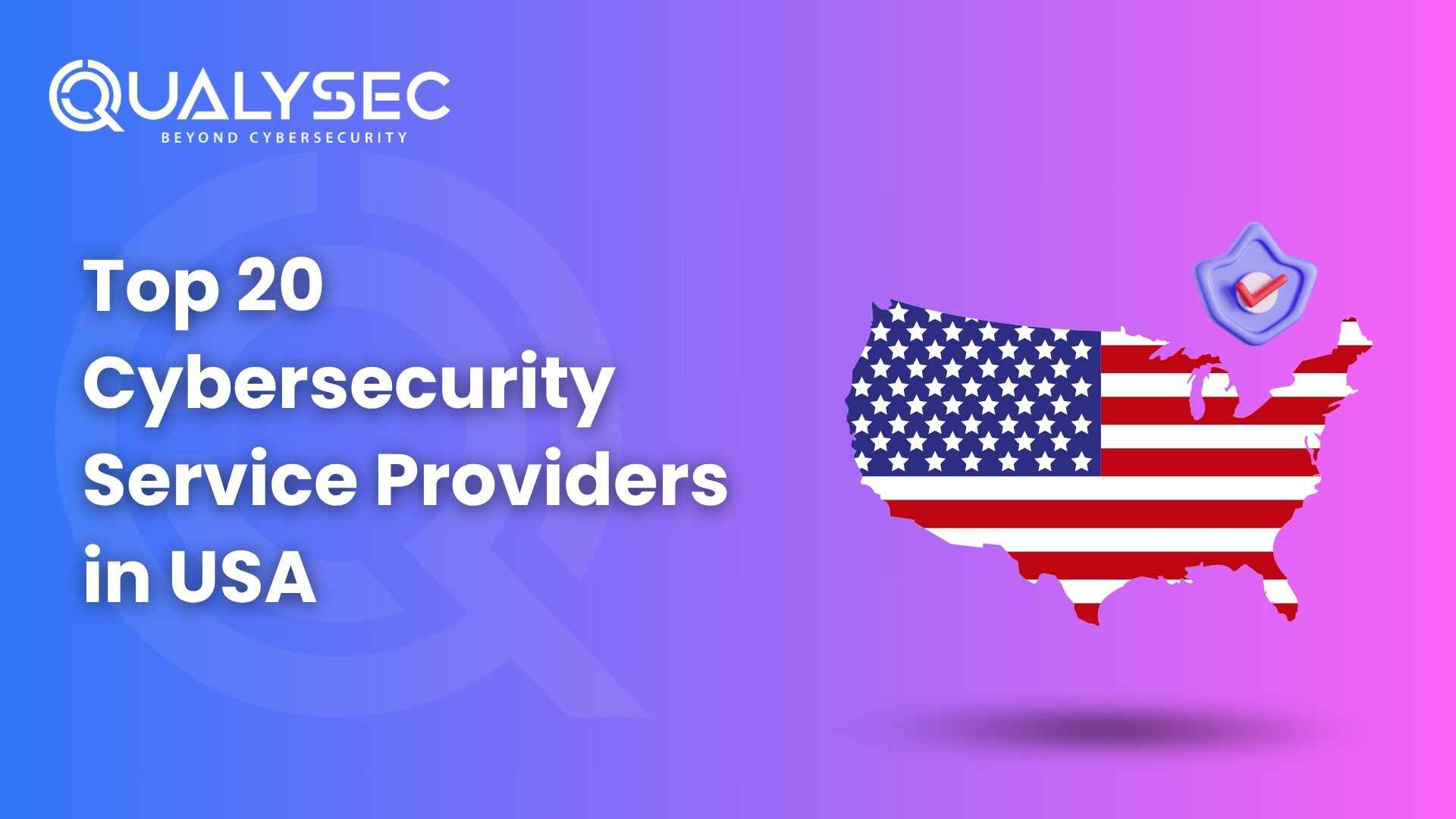










































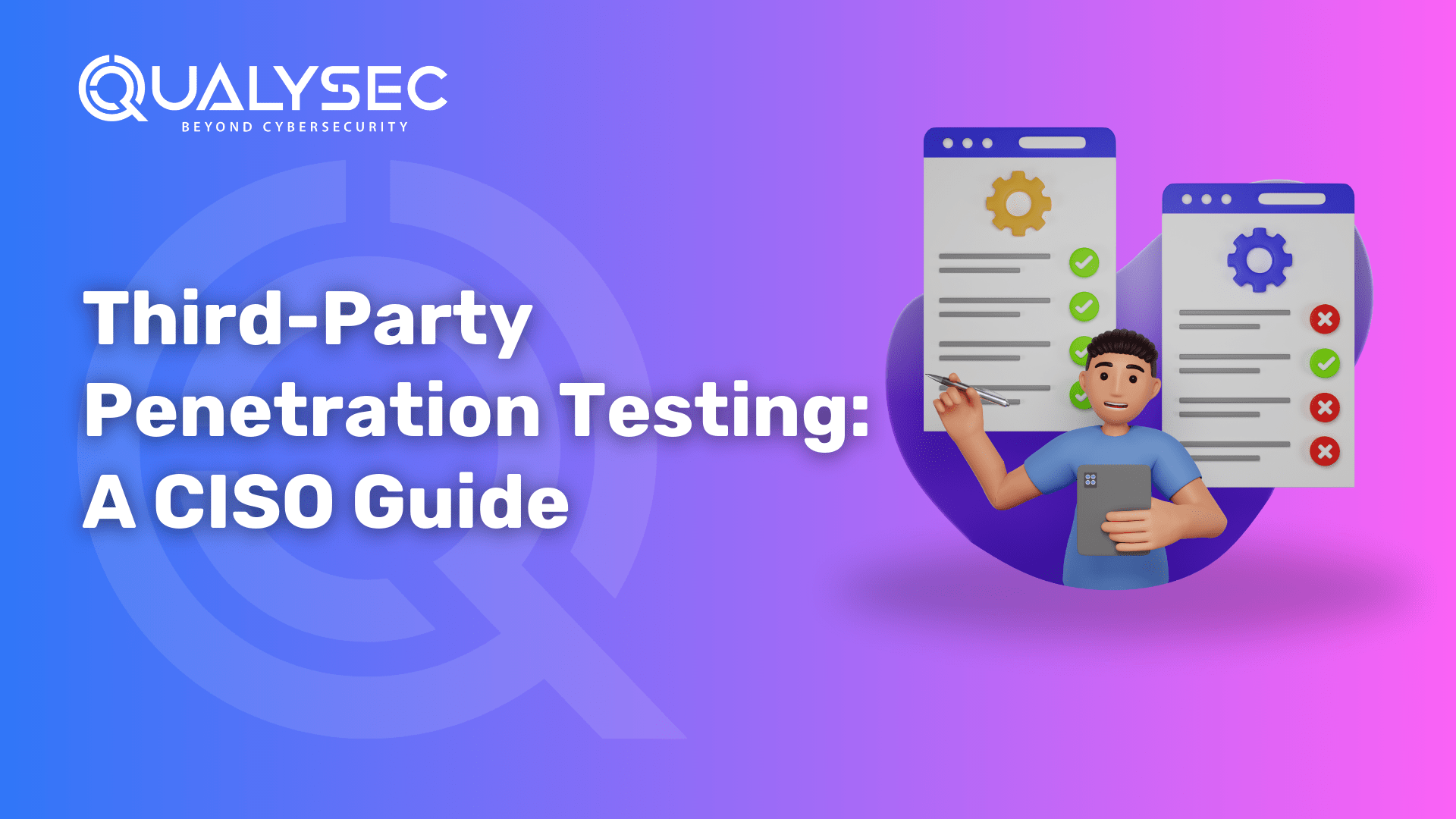





































































































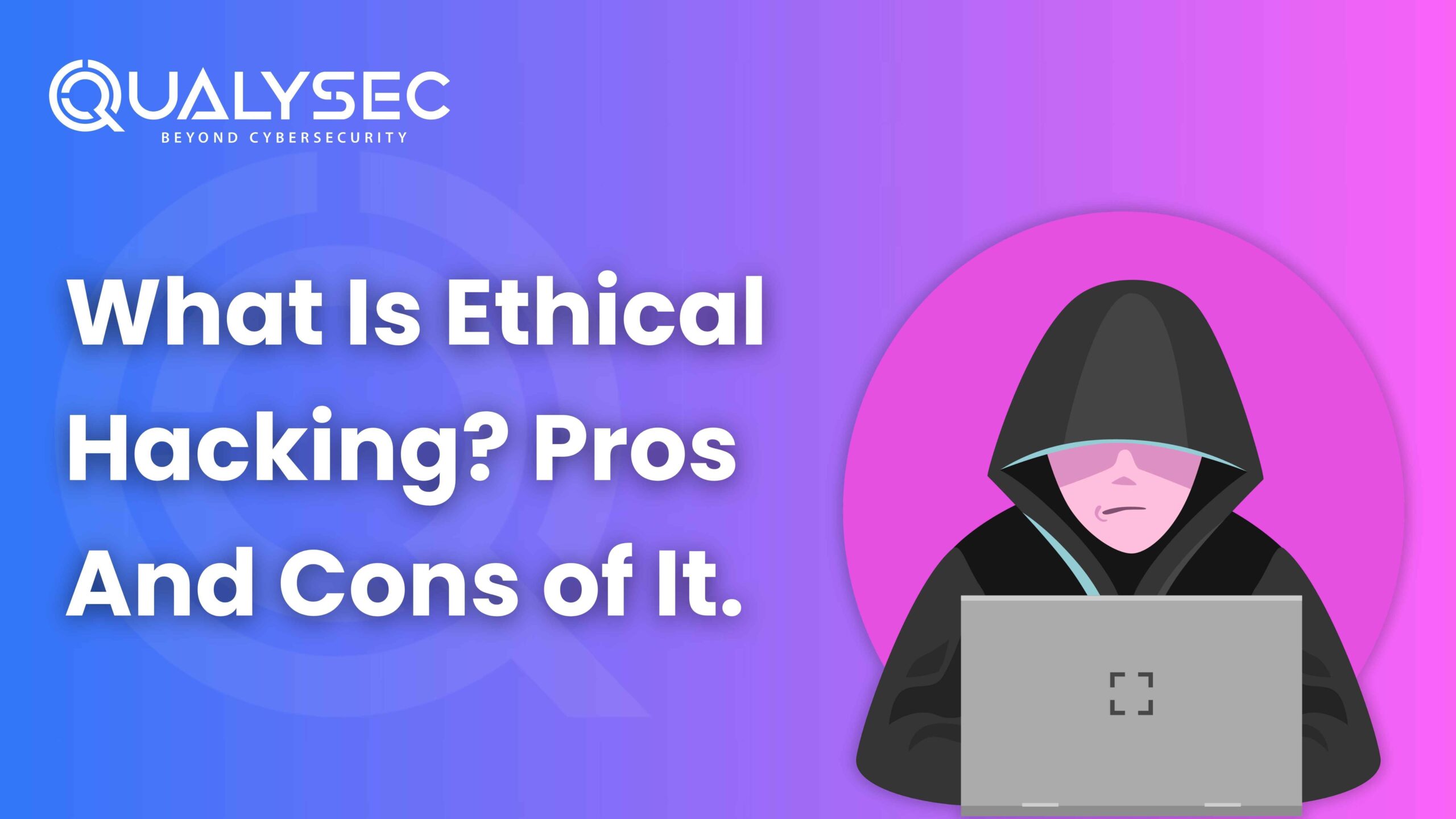







































0 Comments